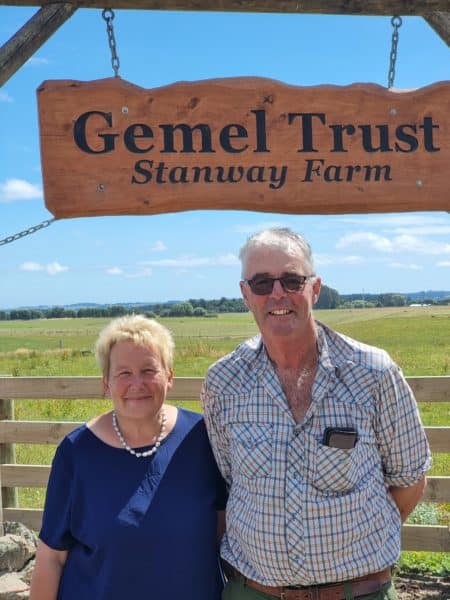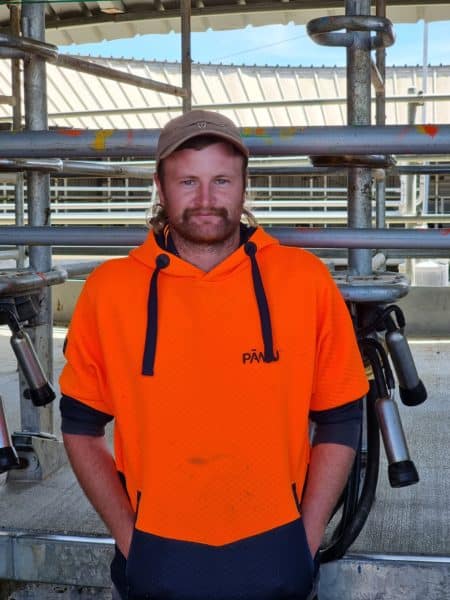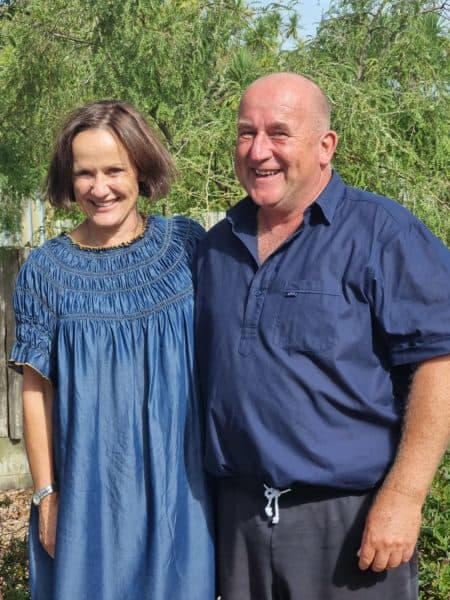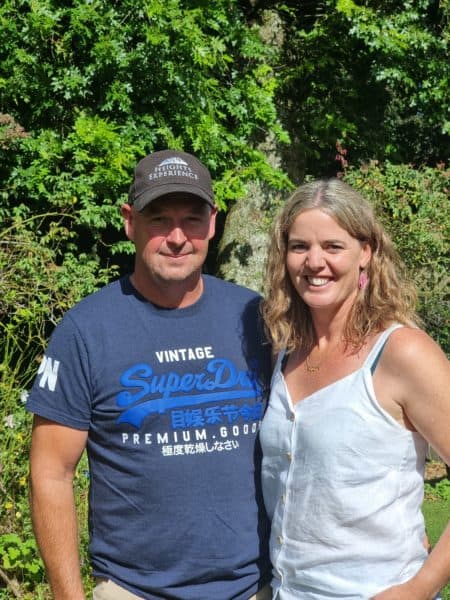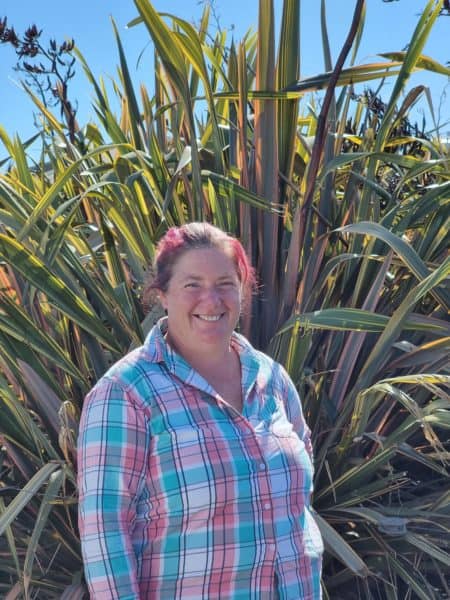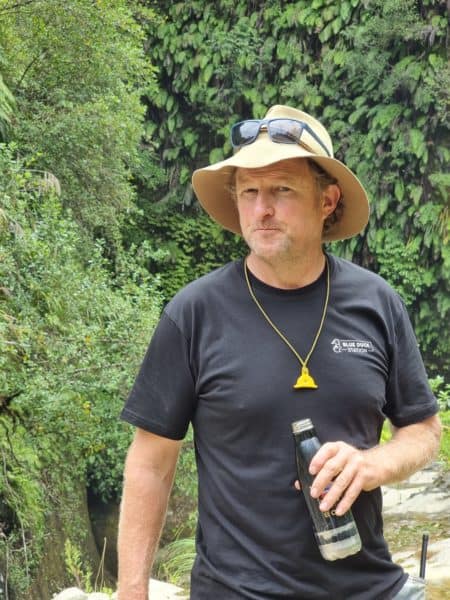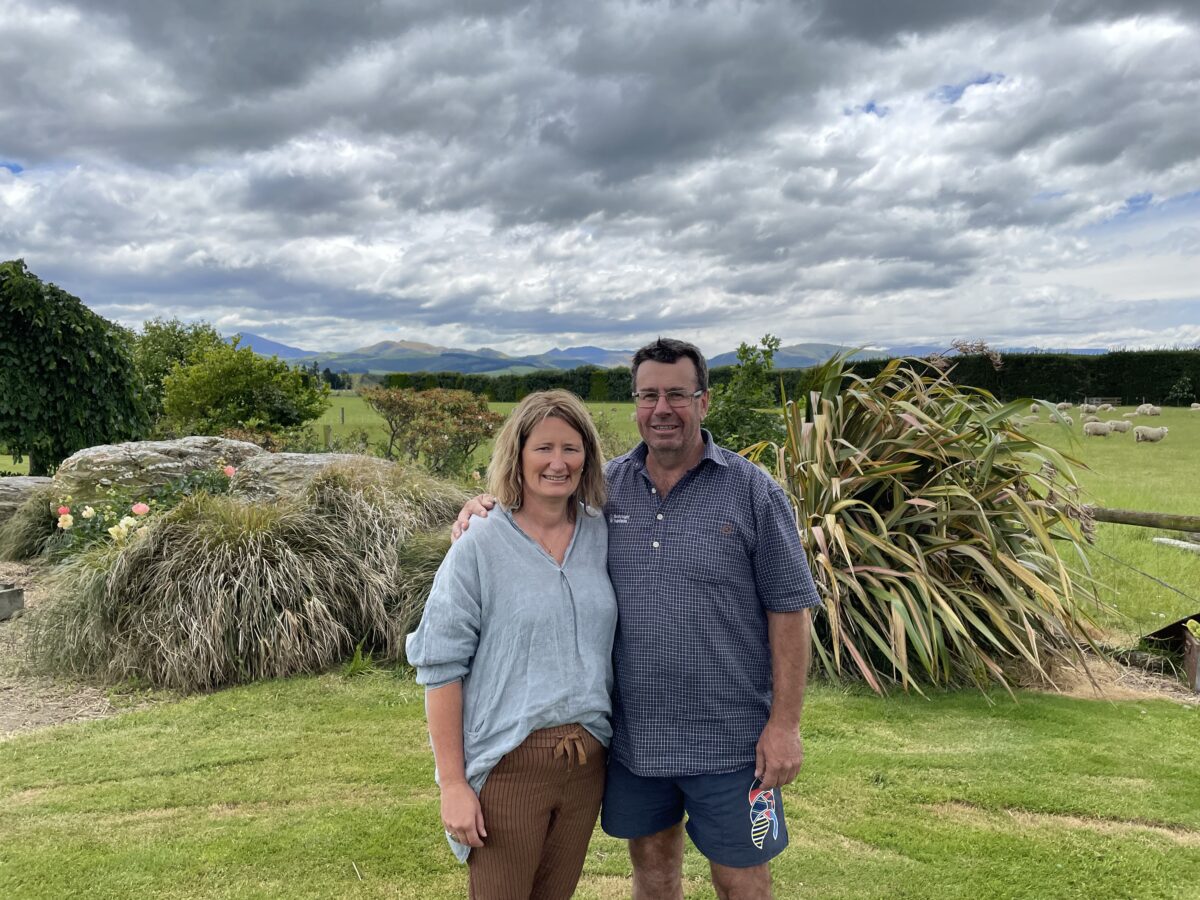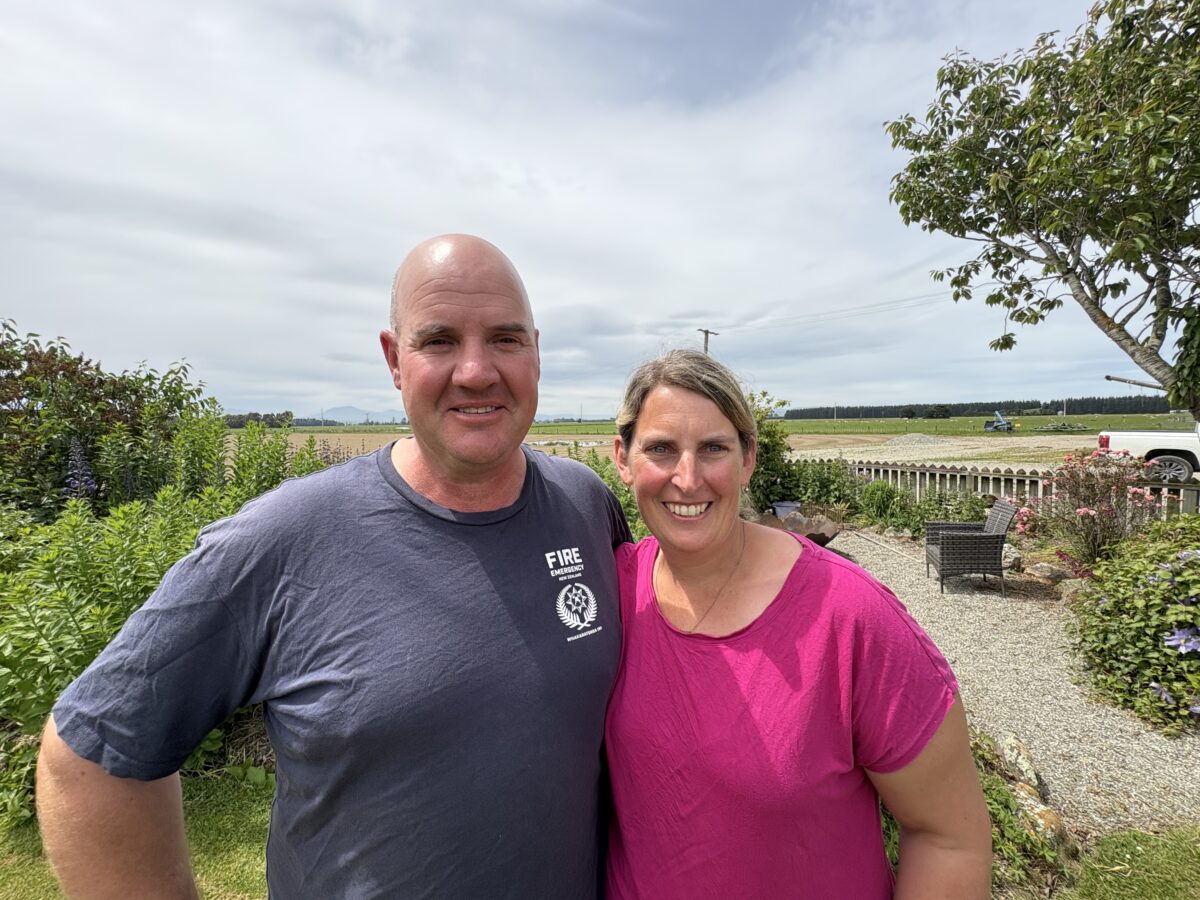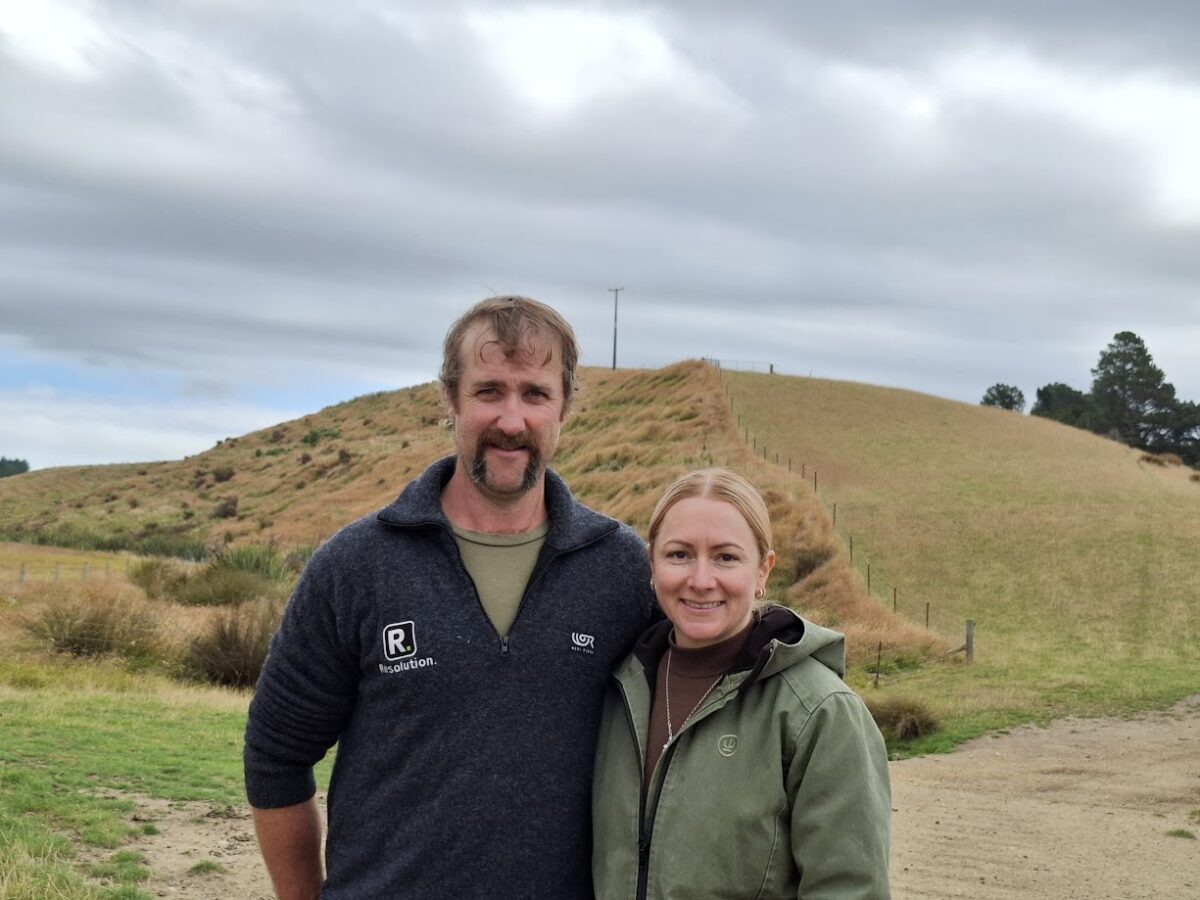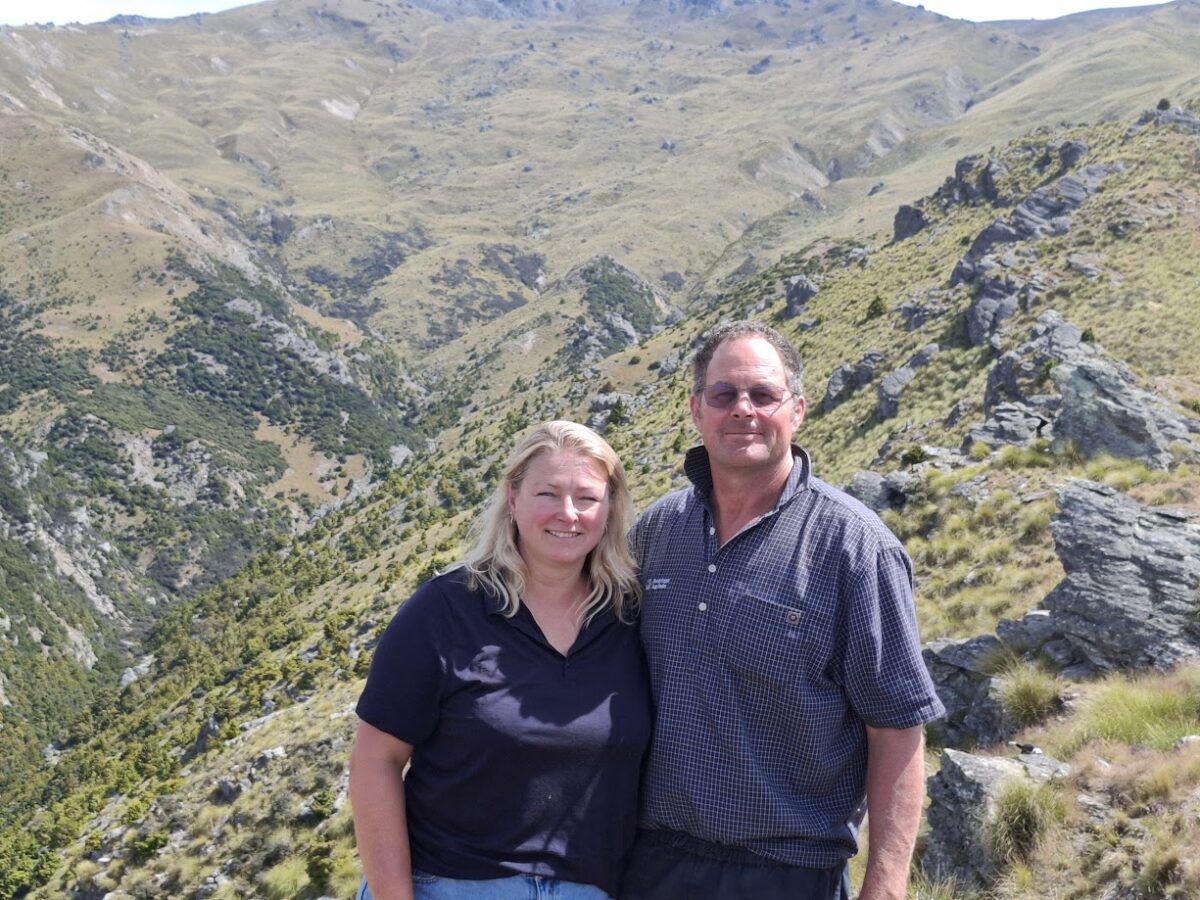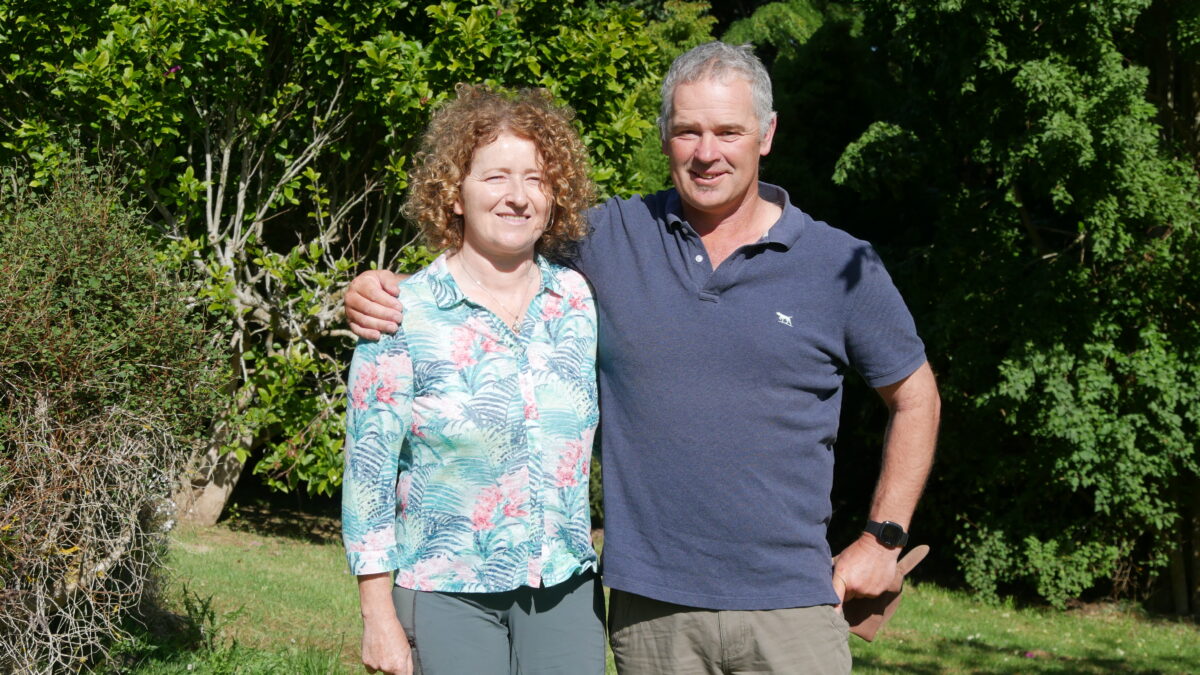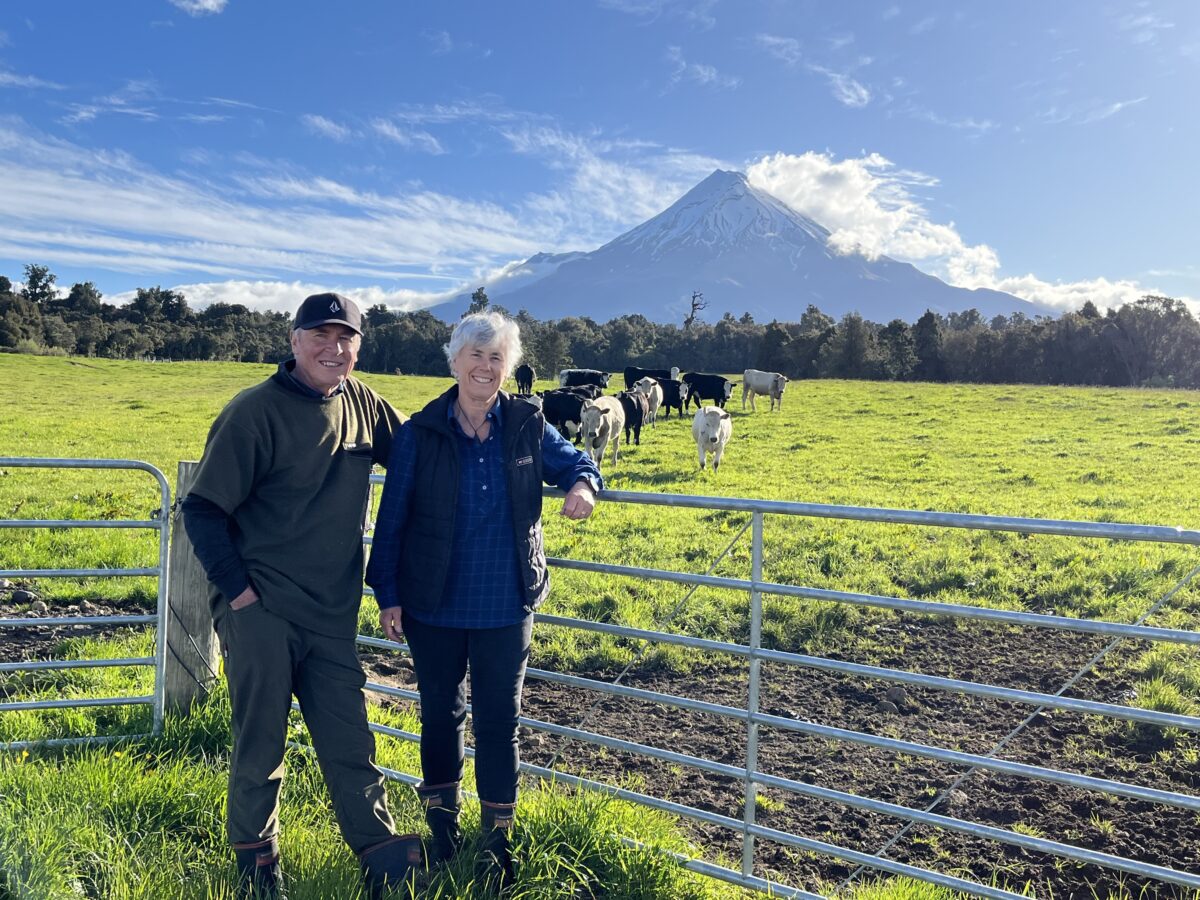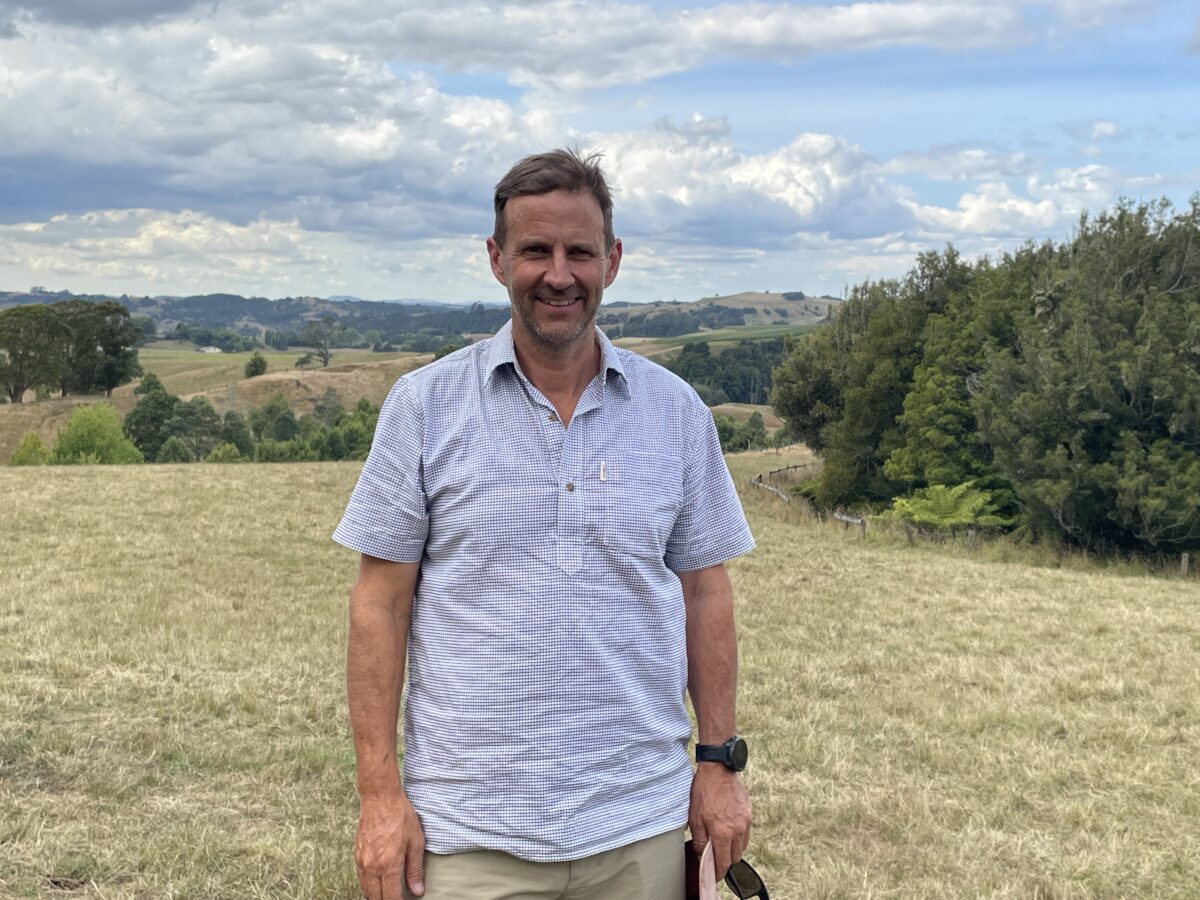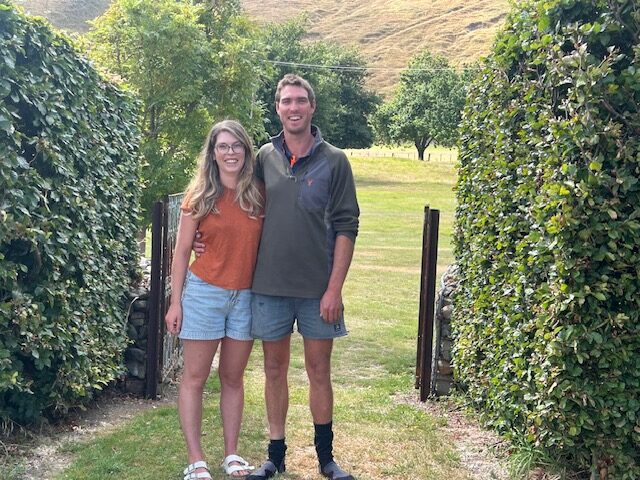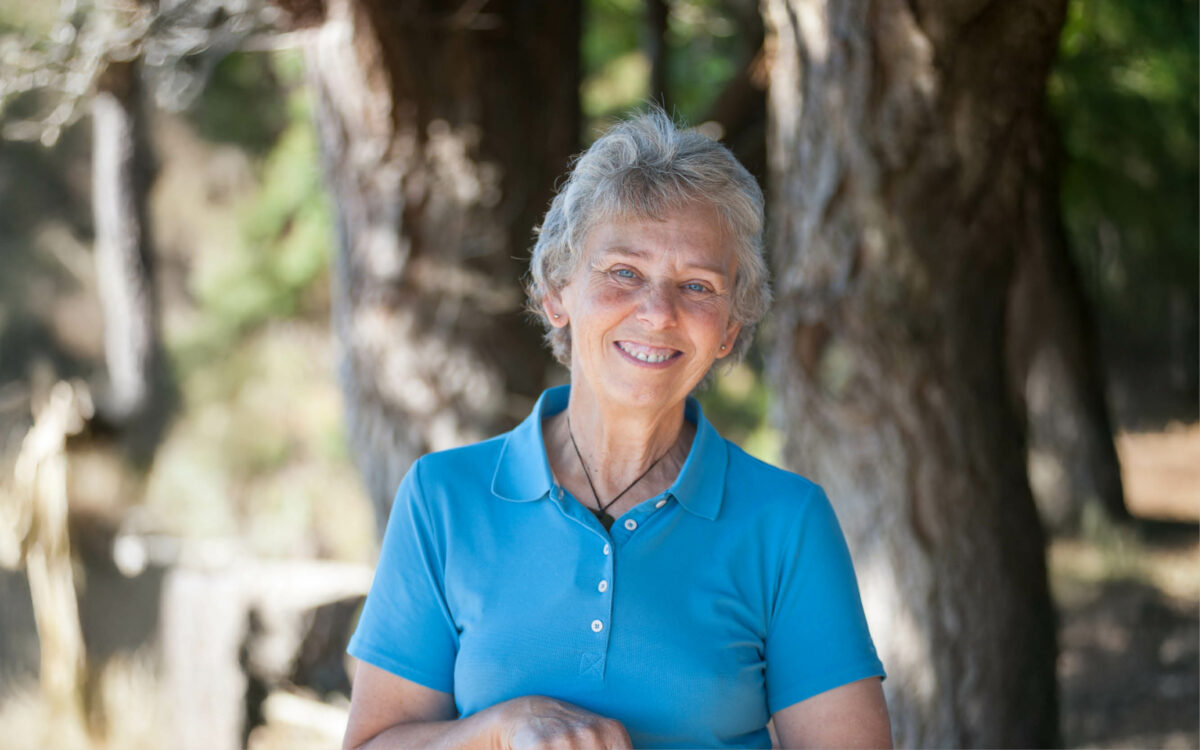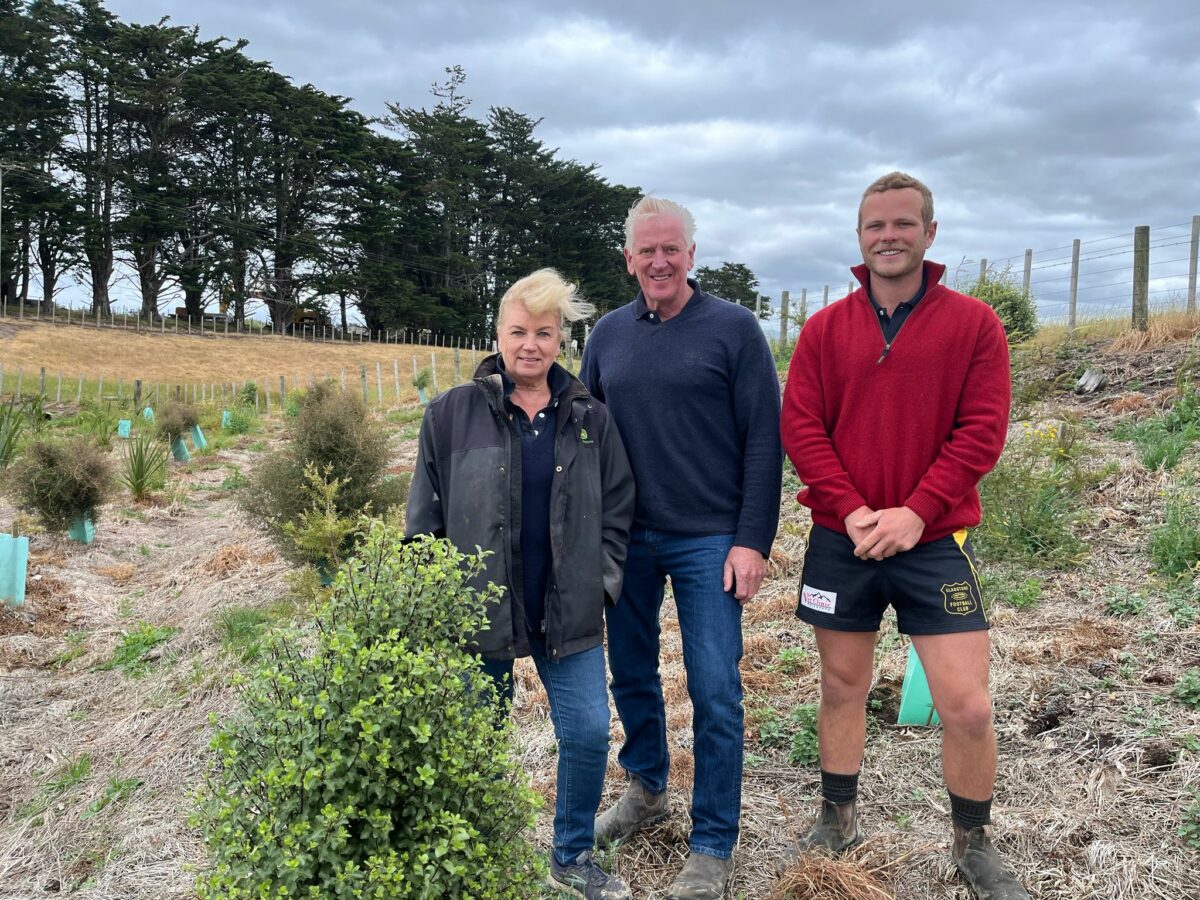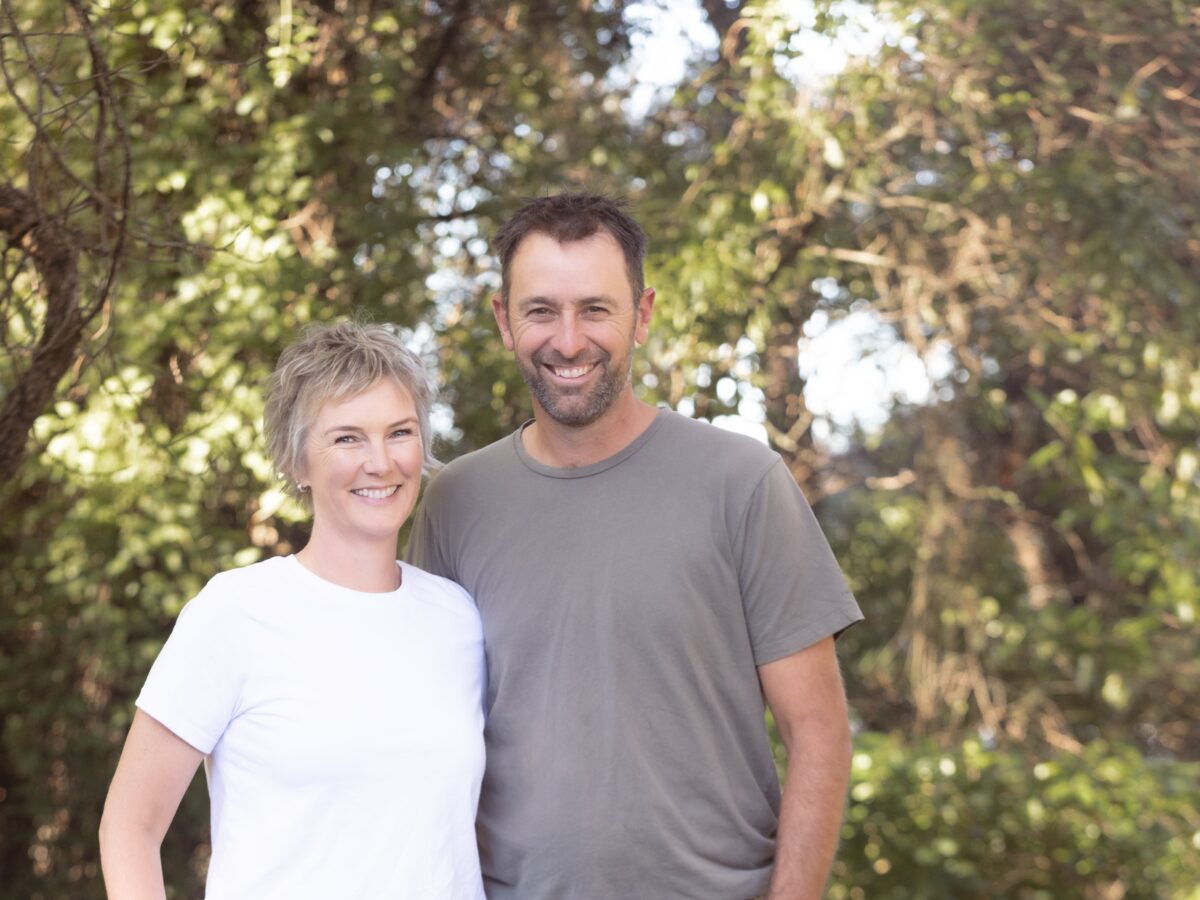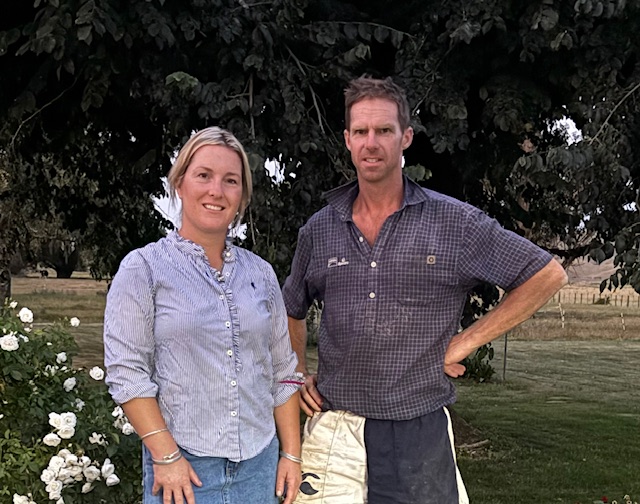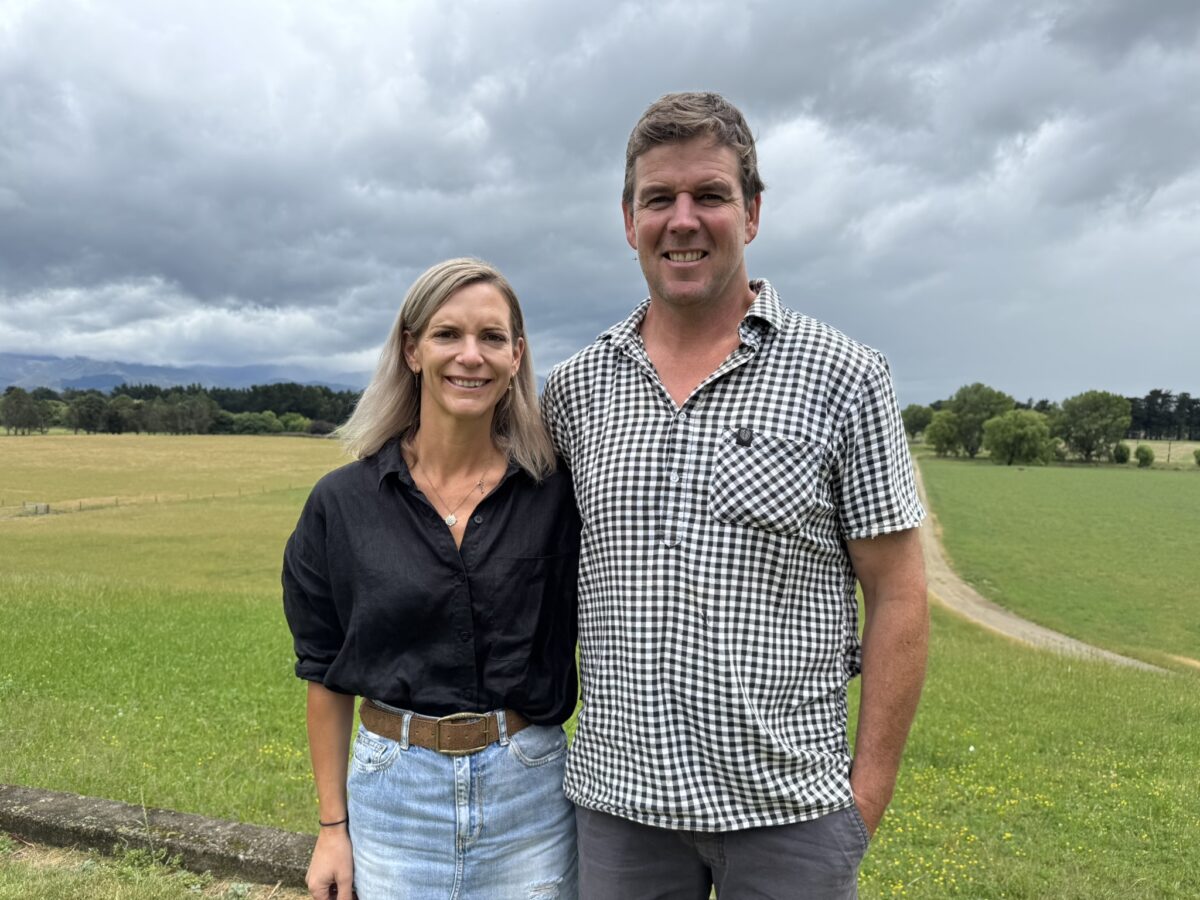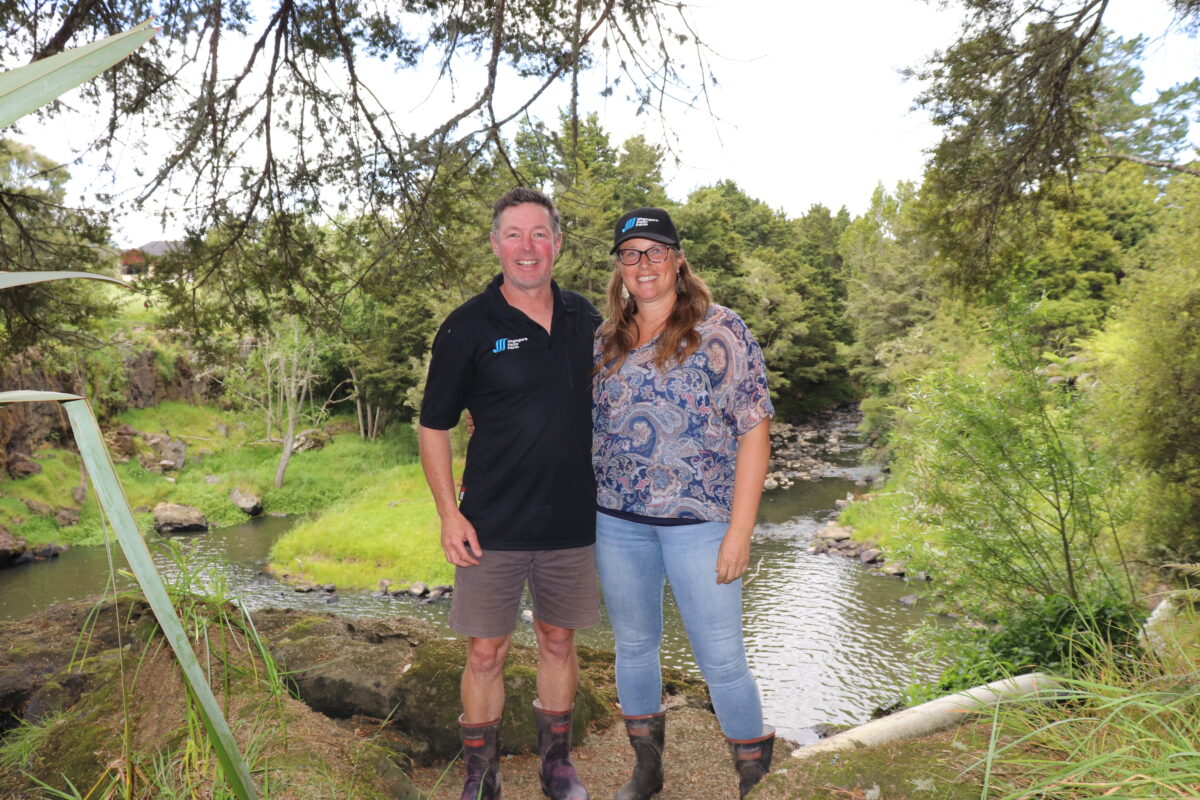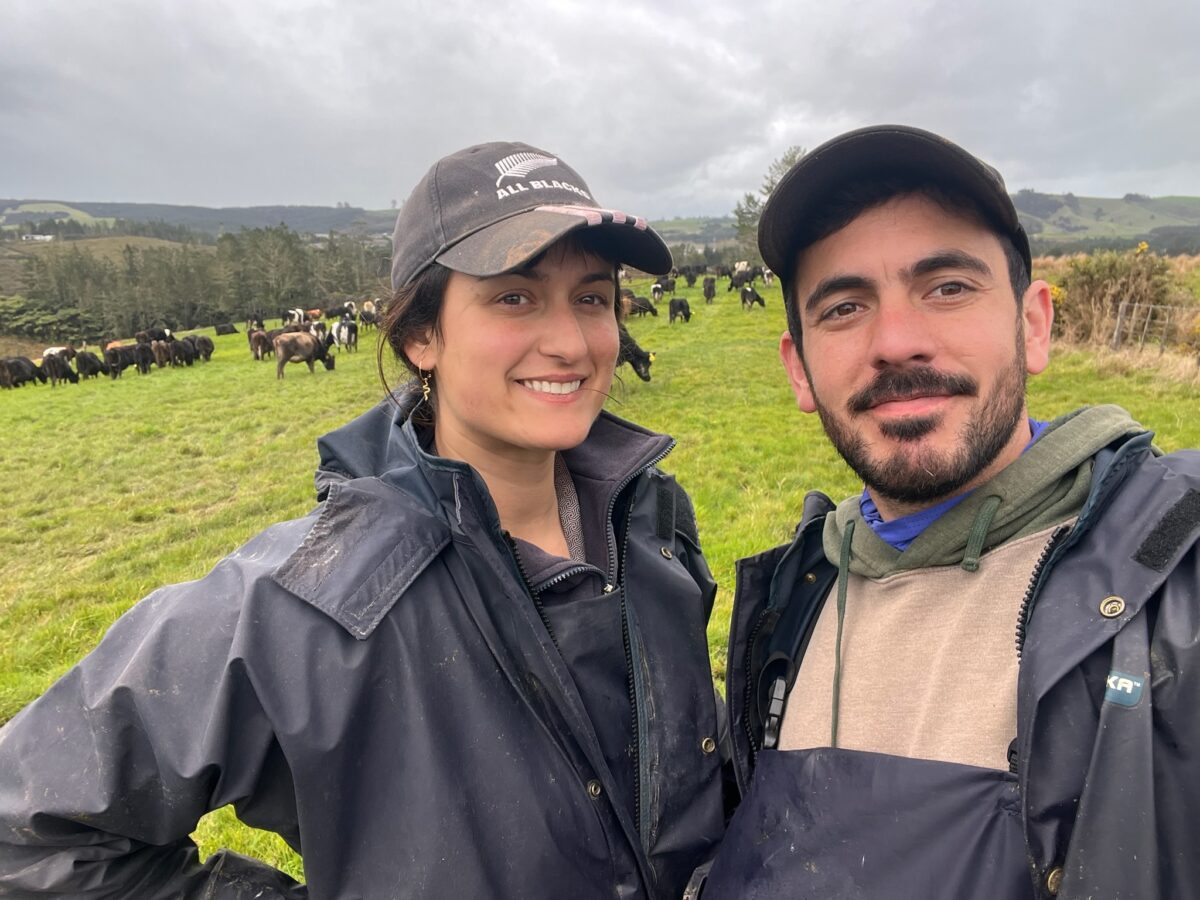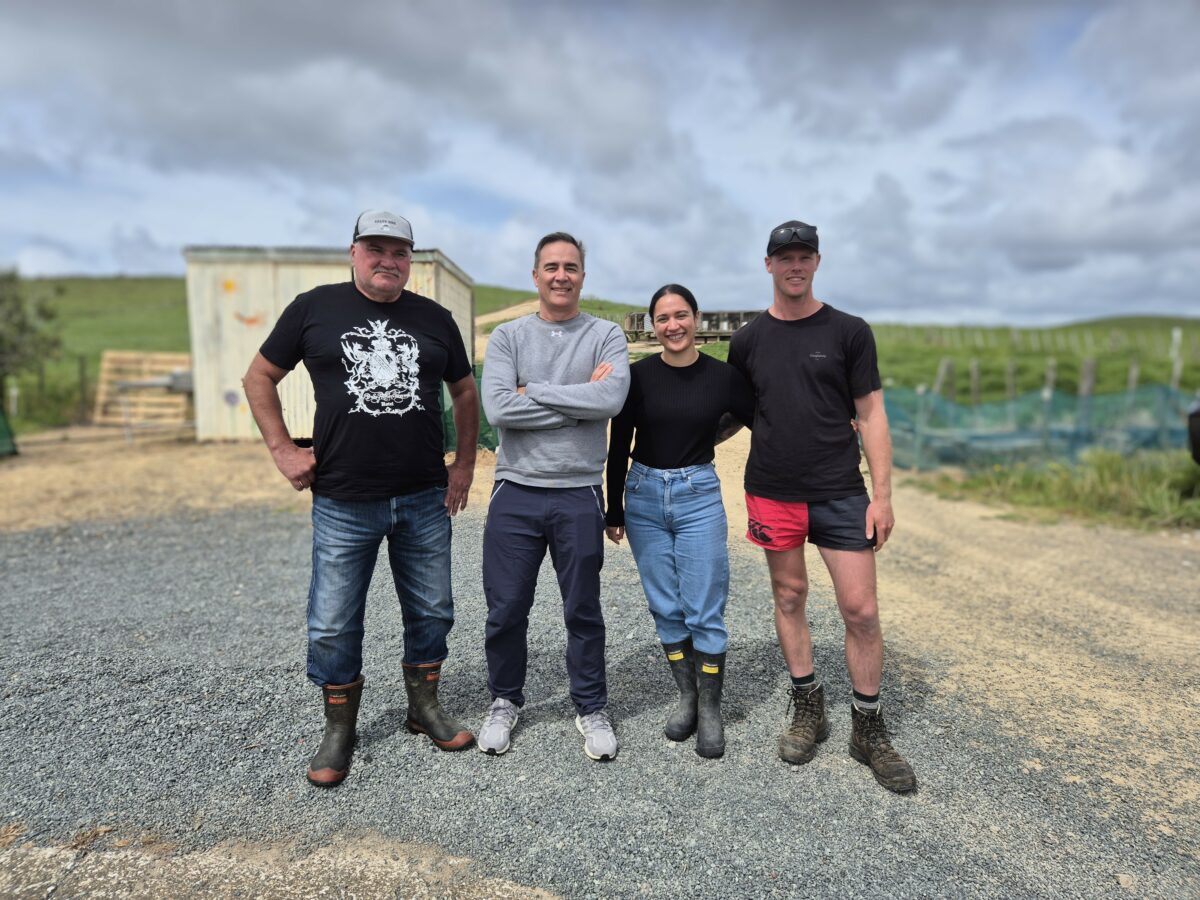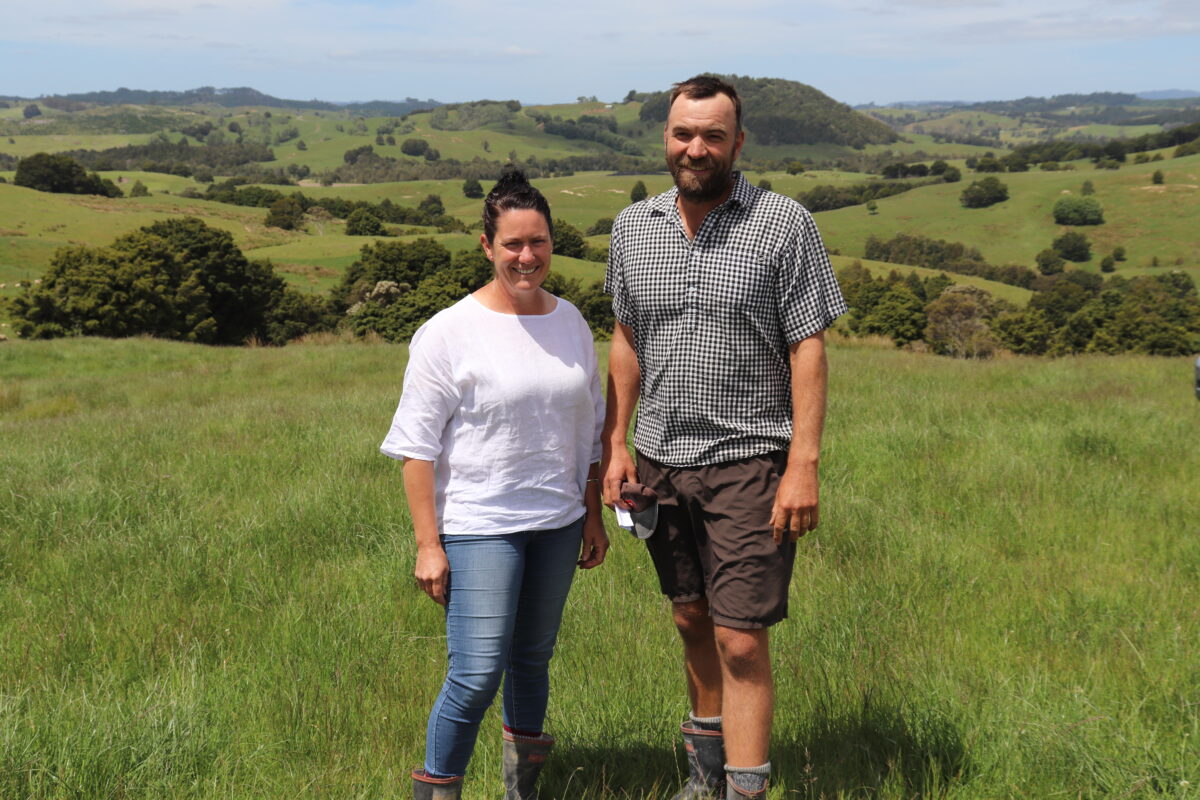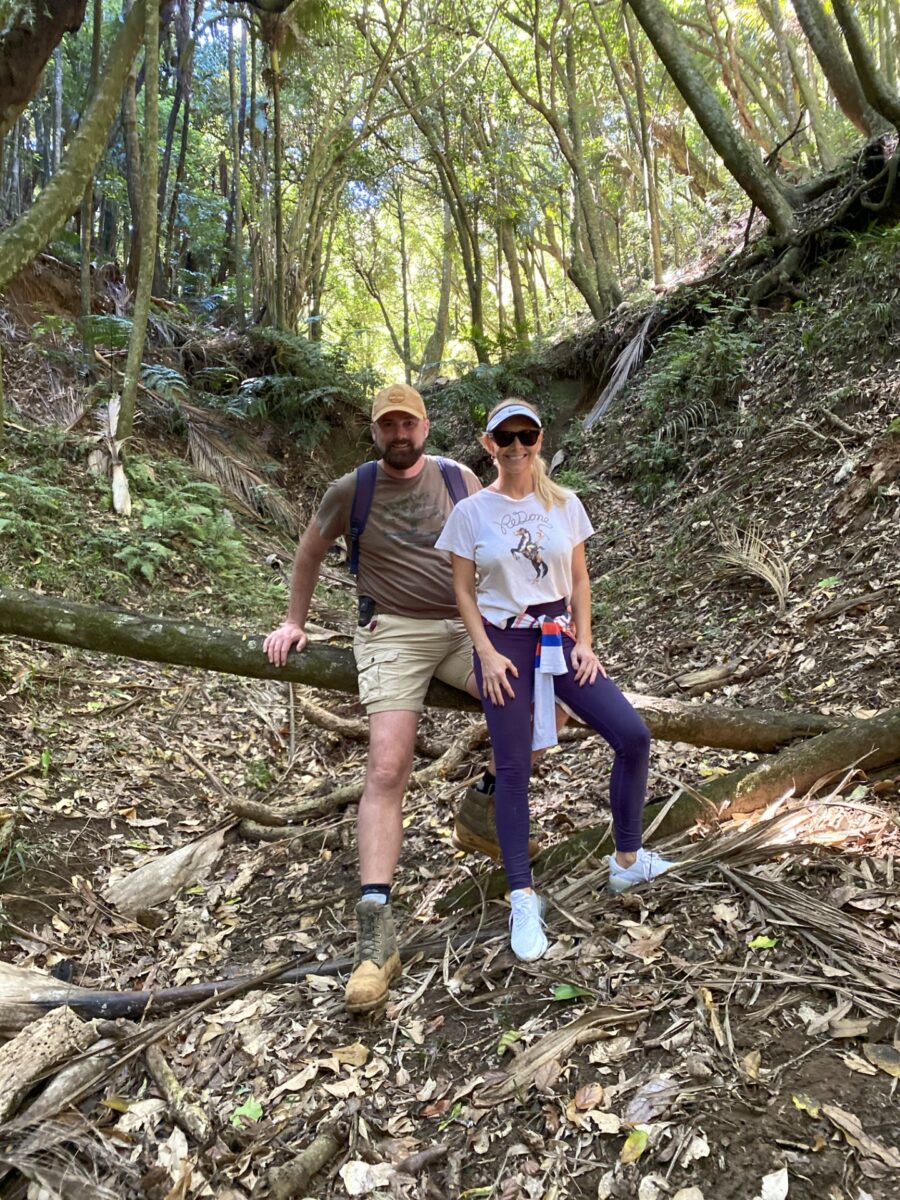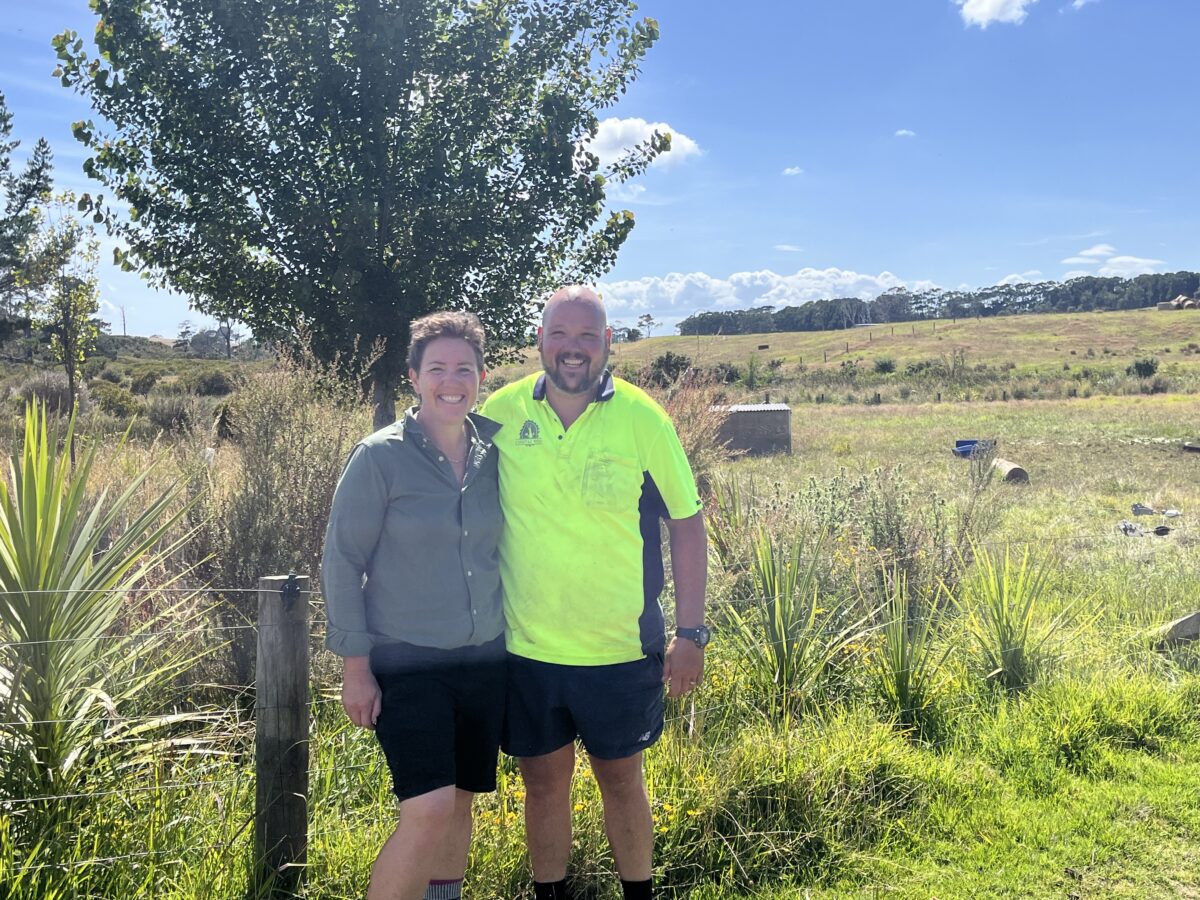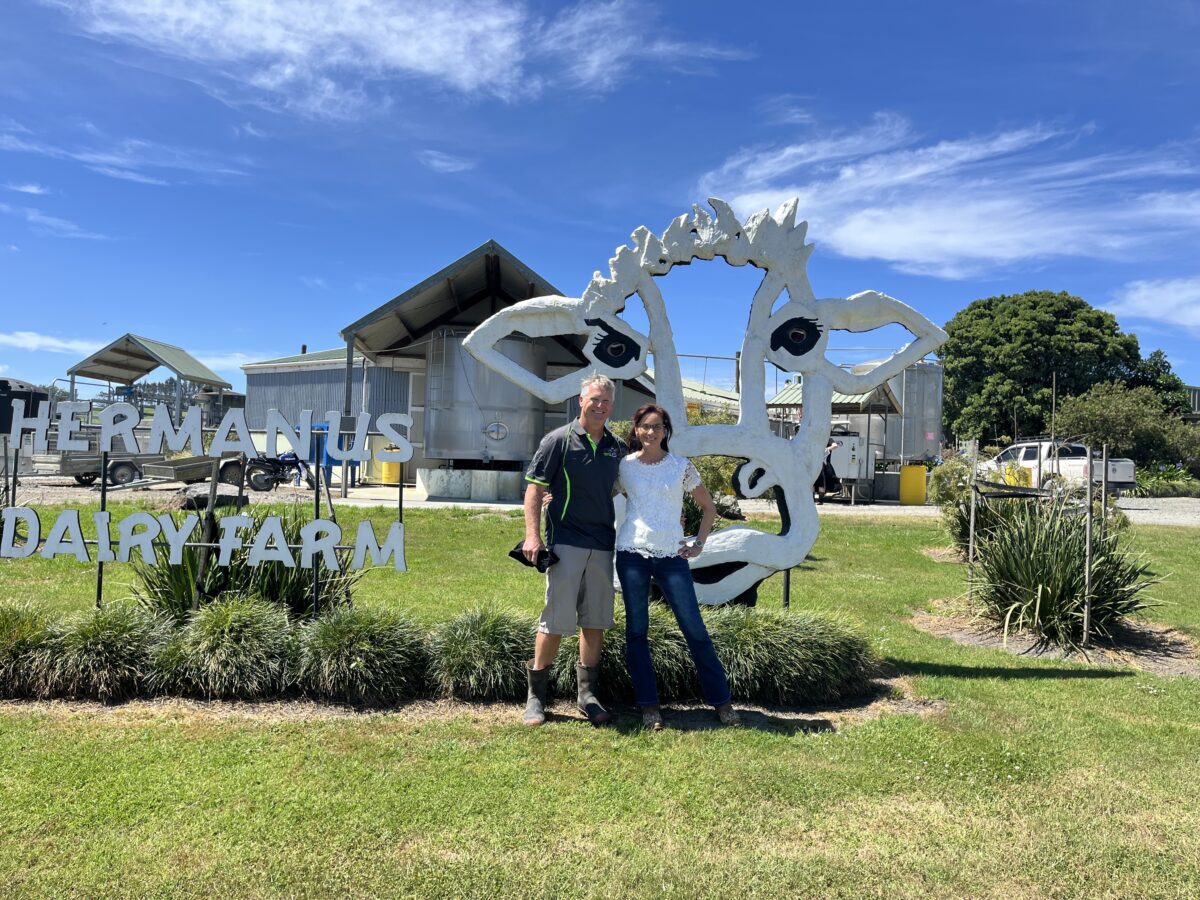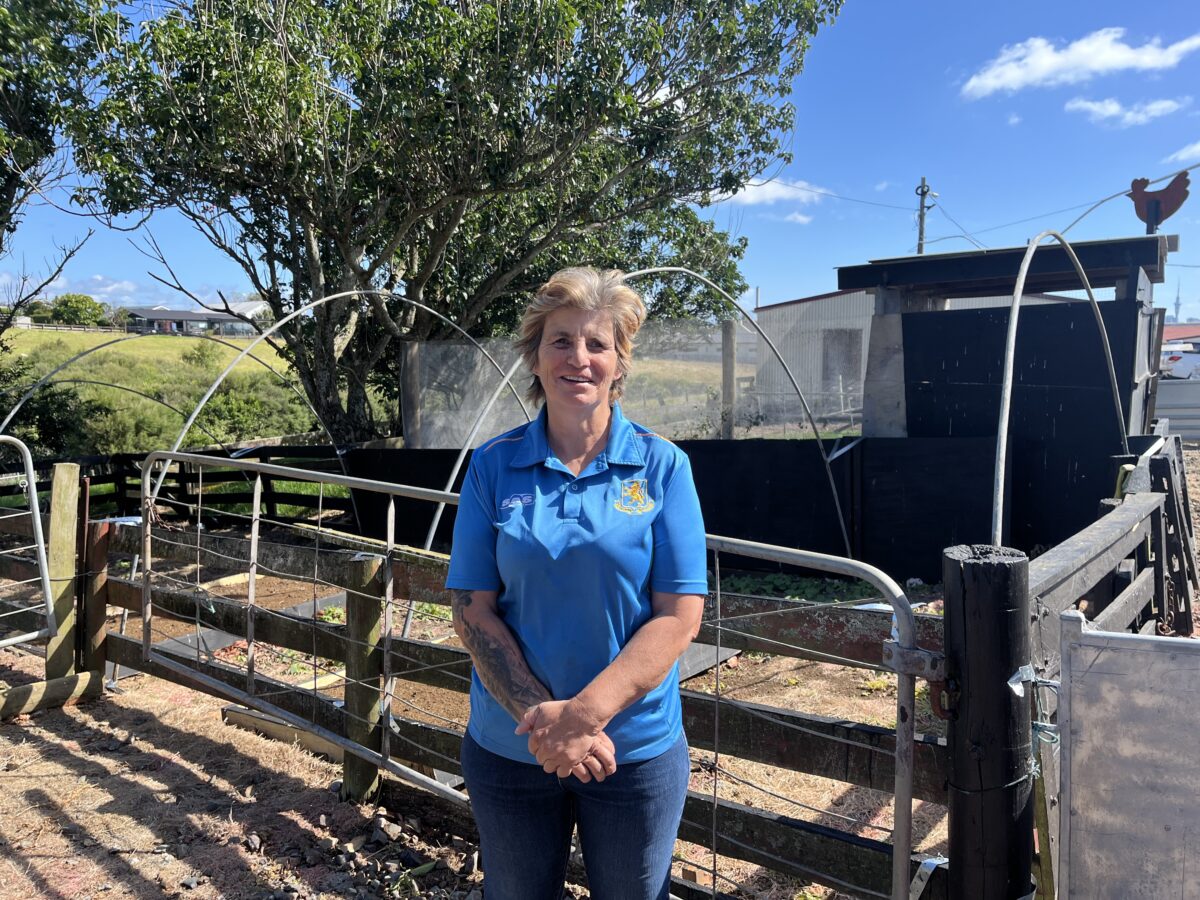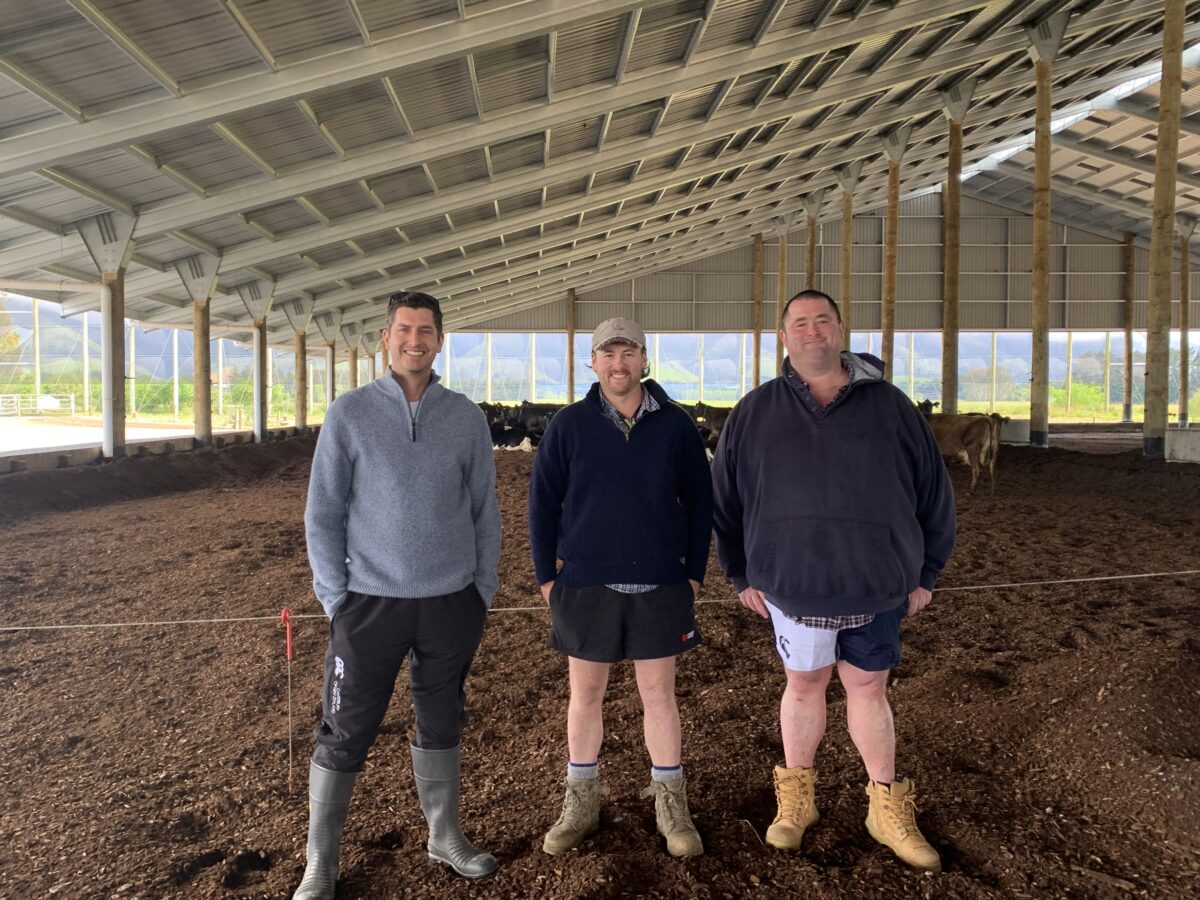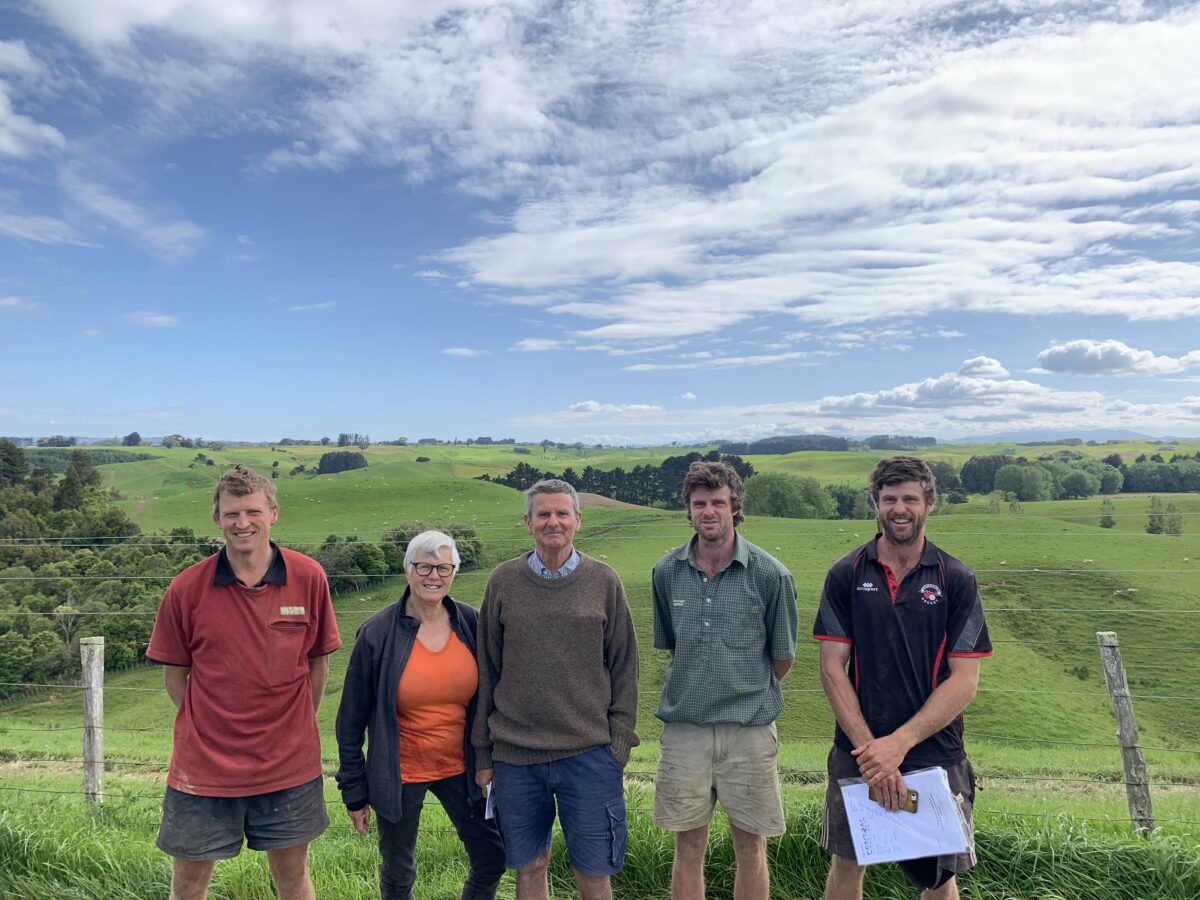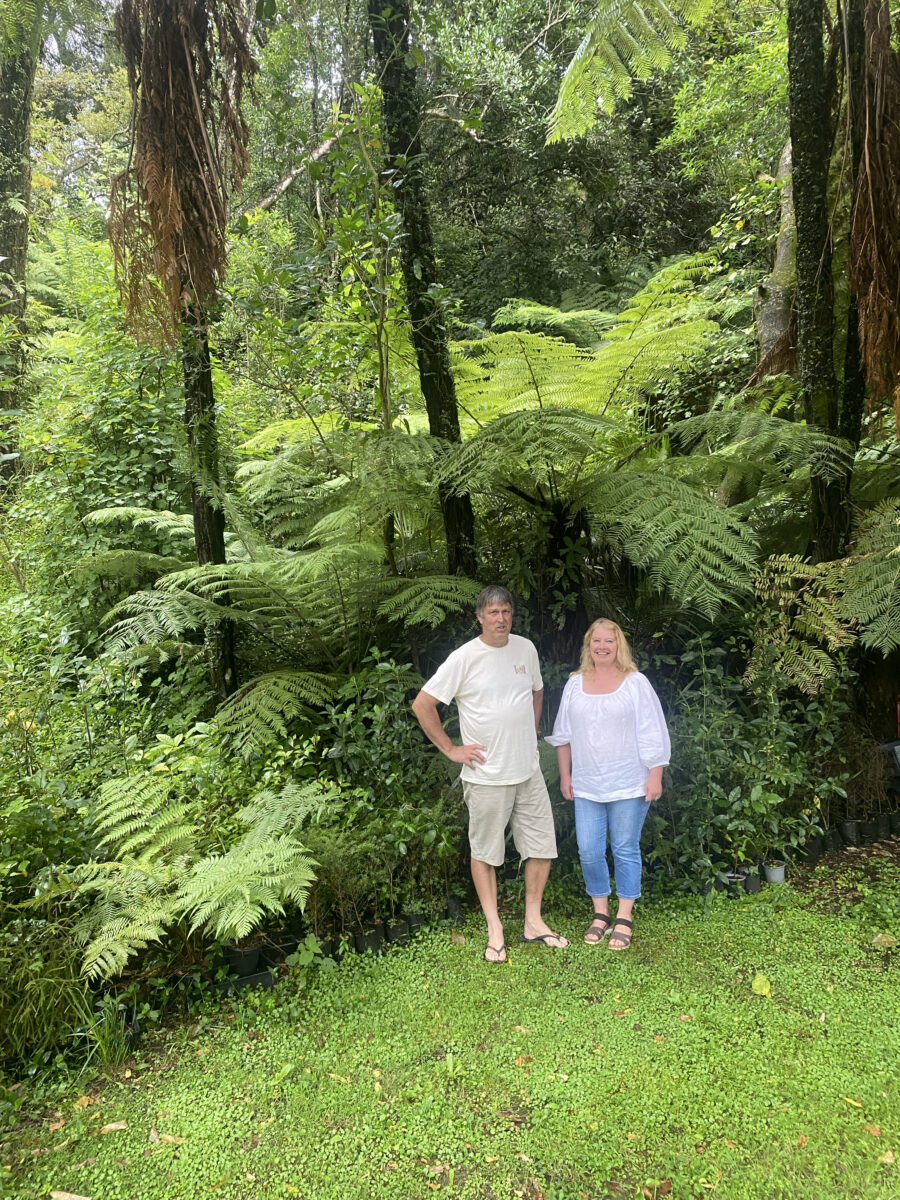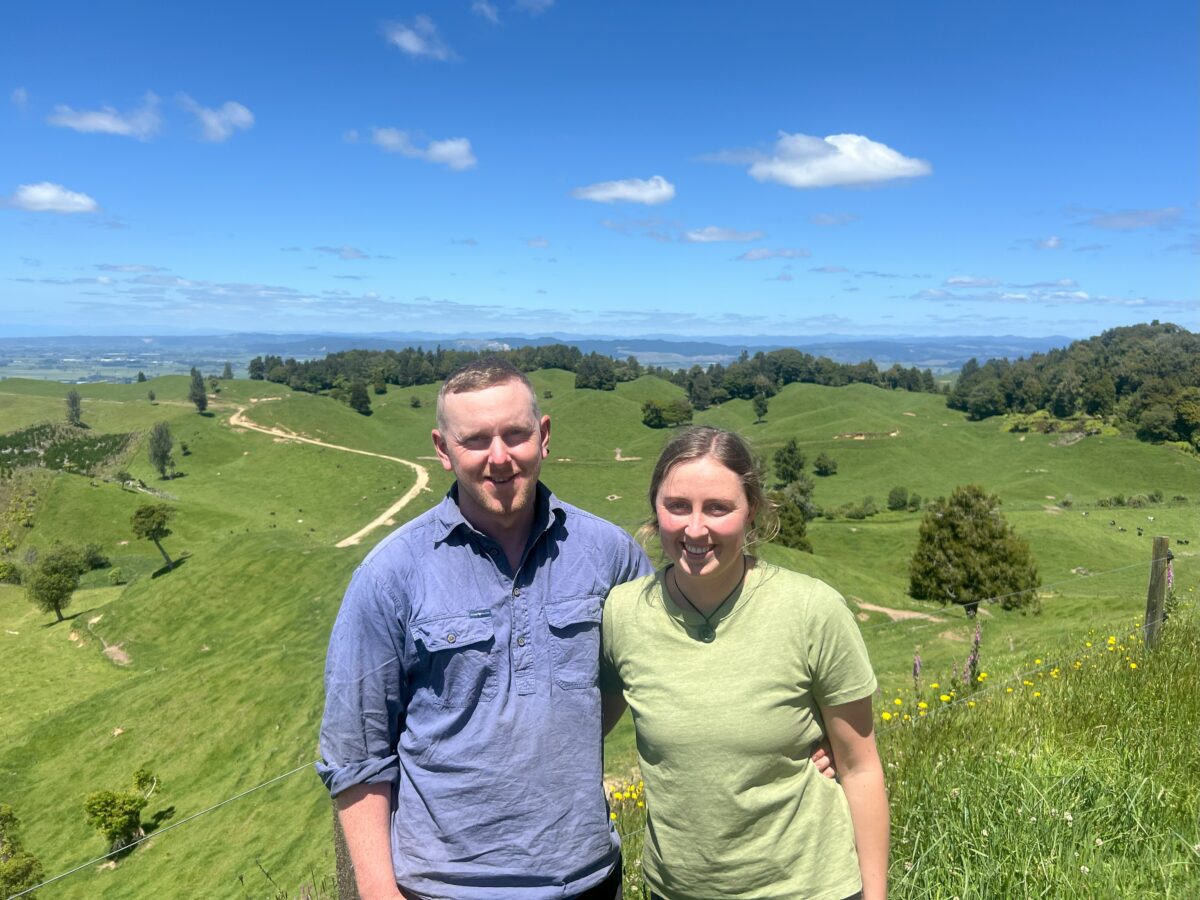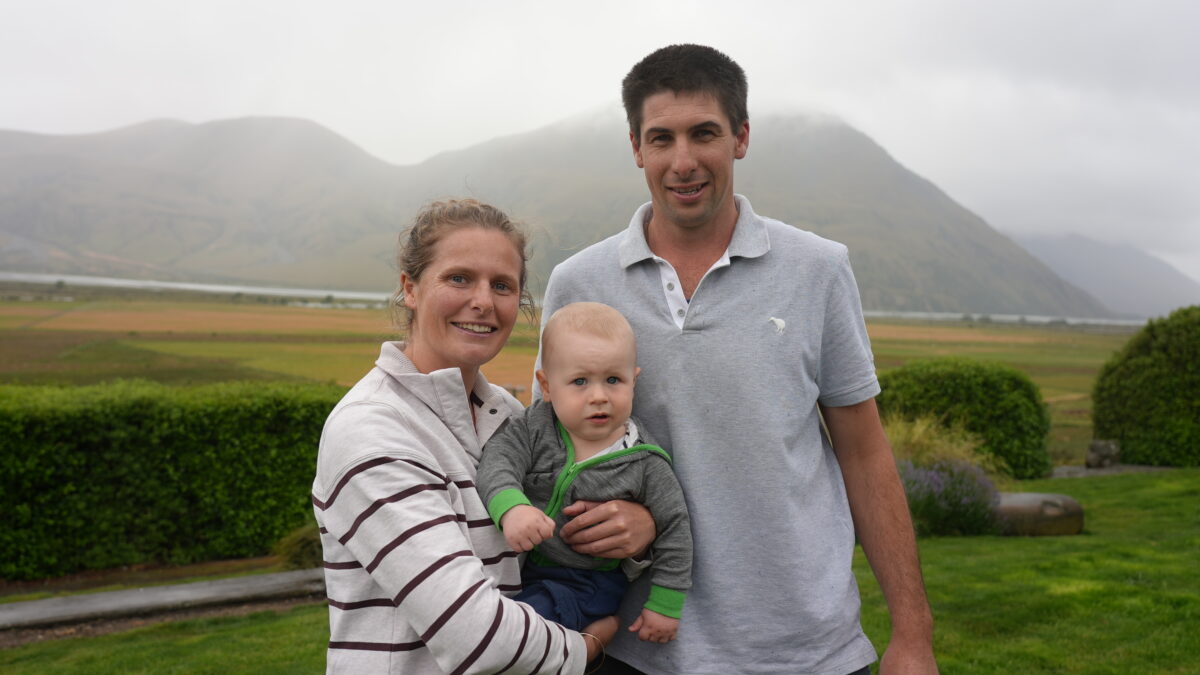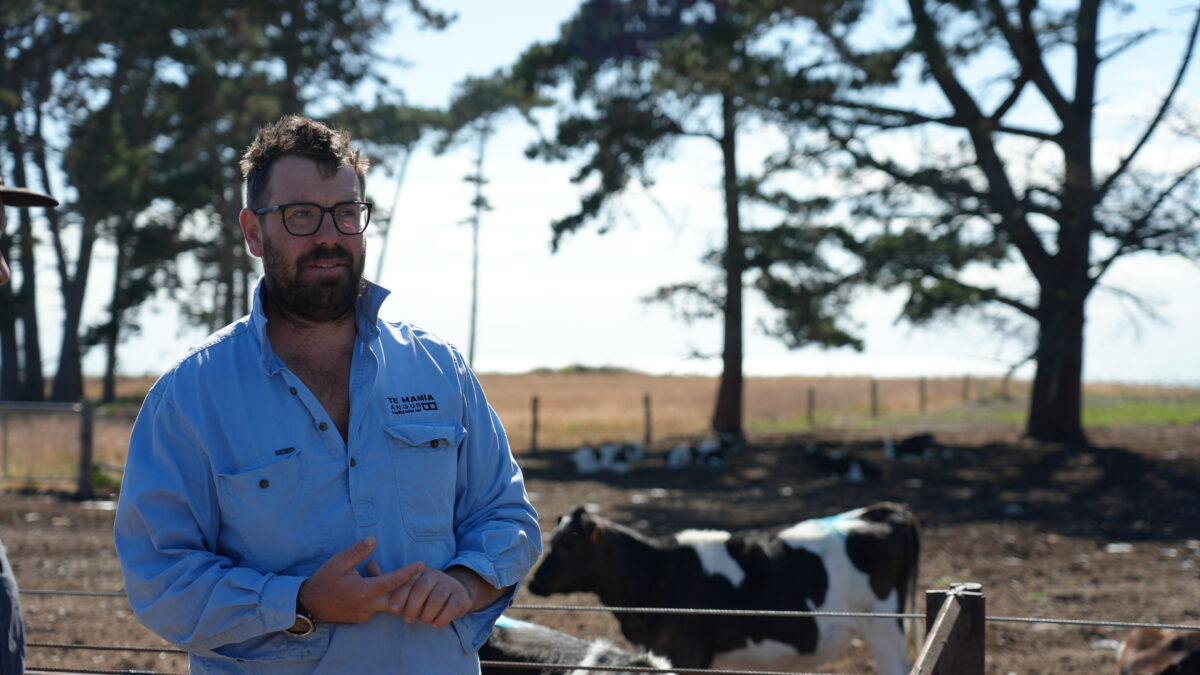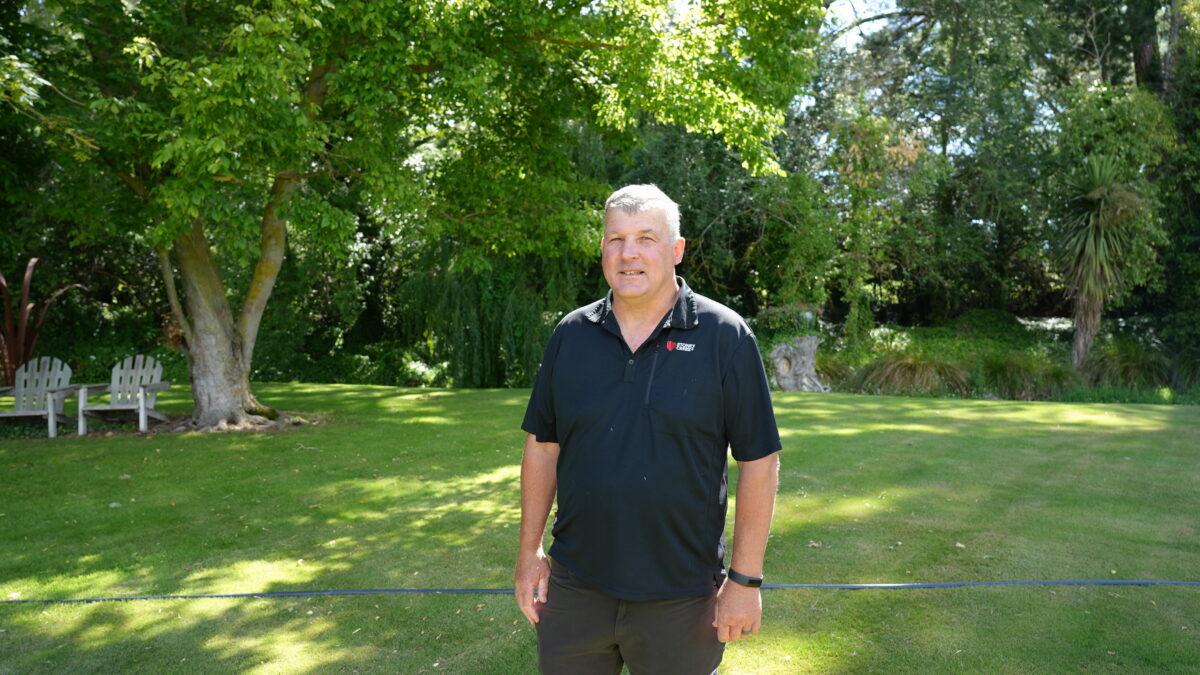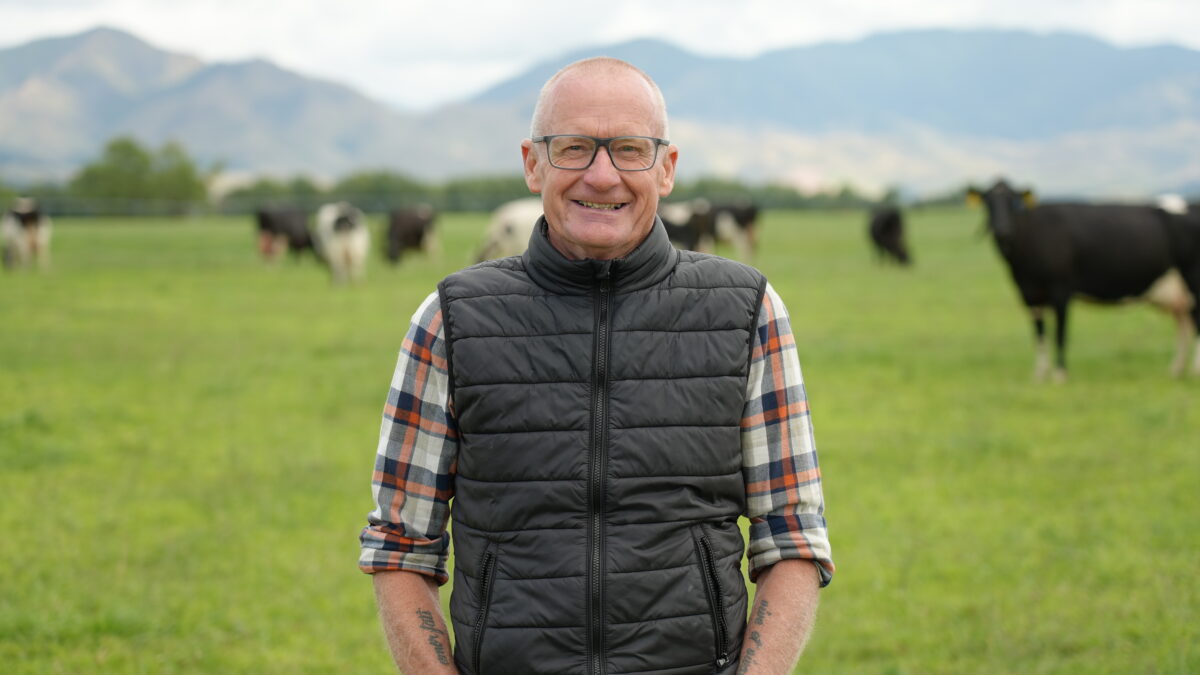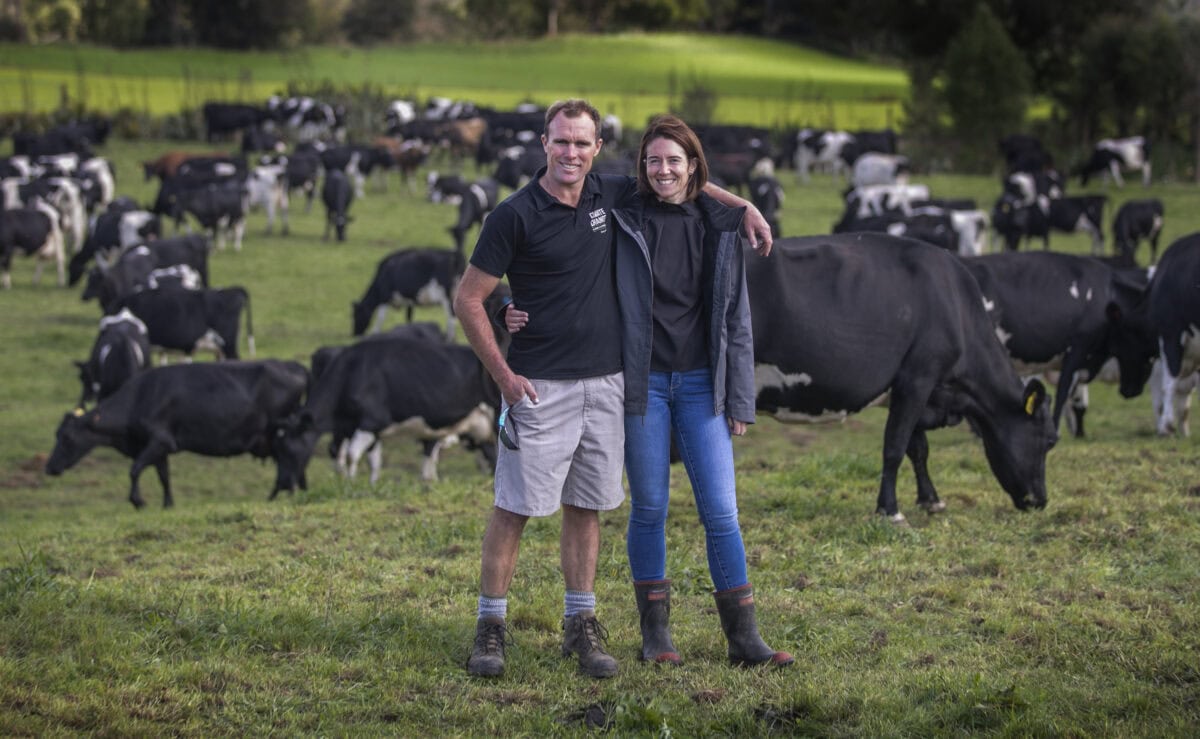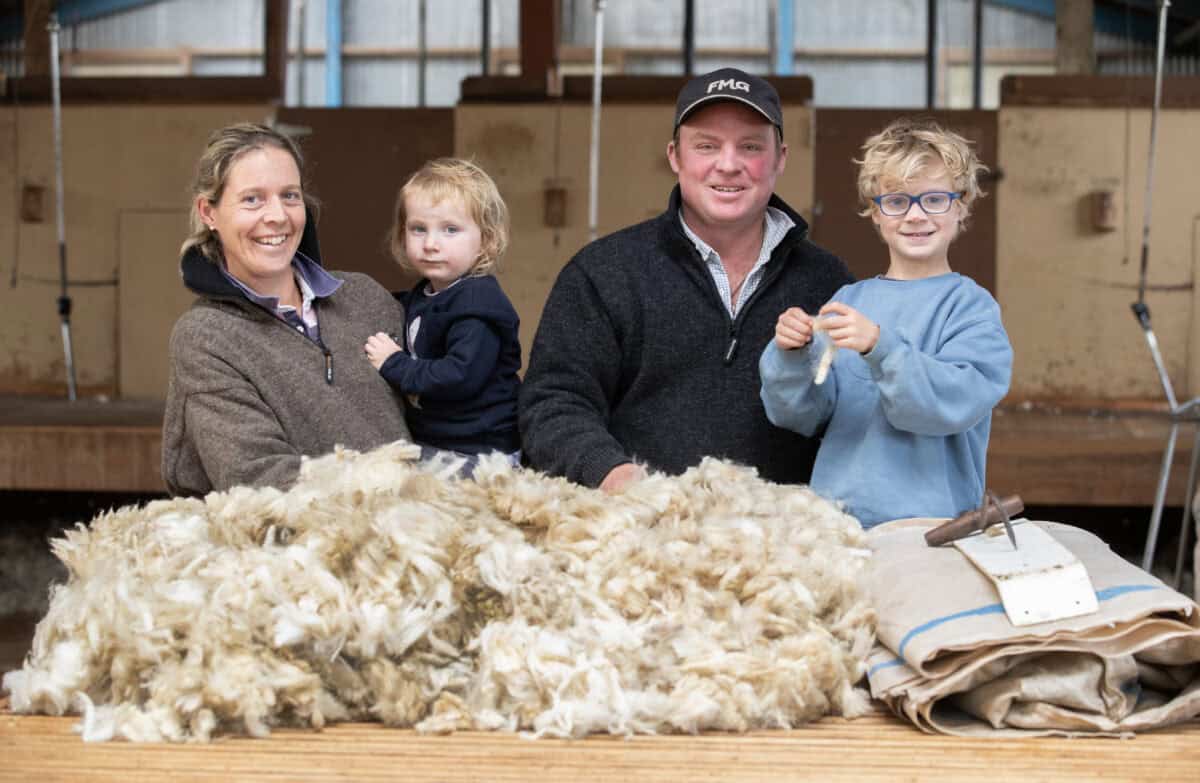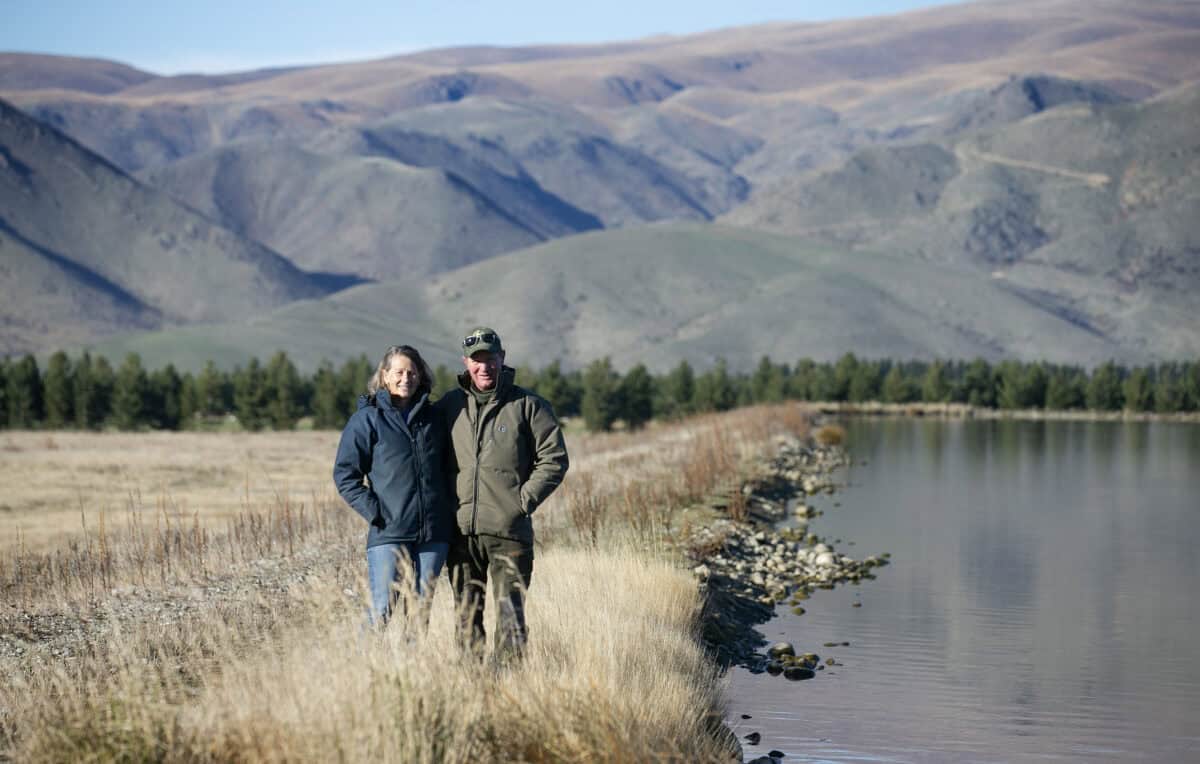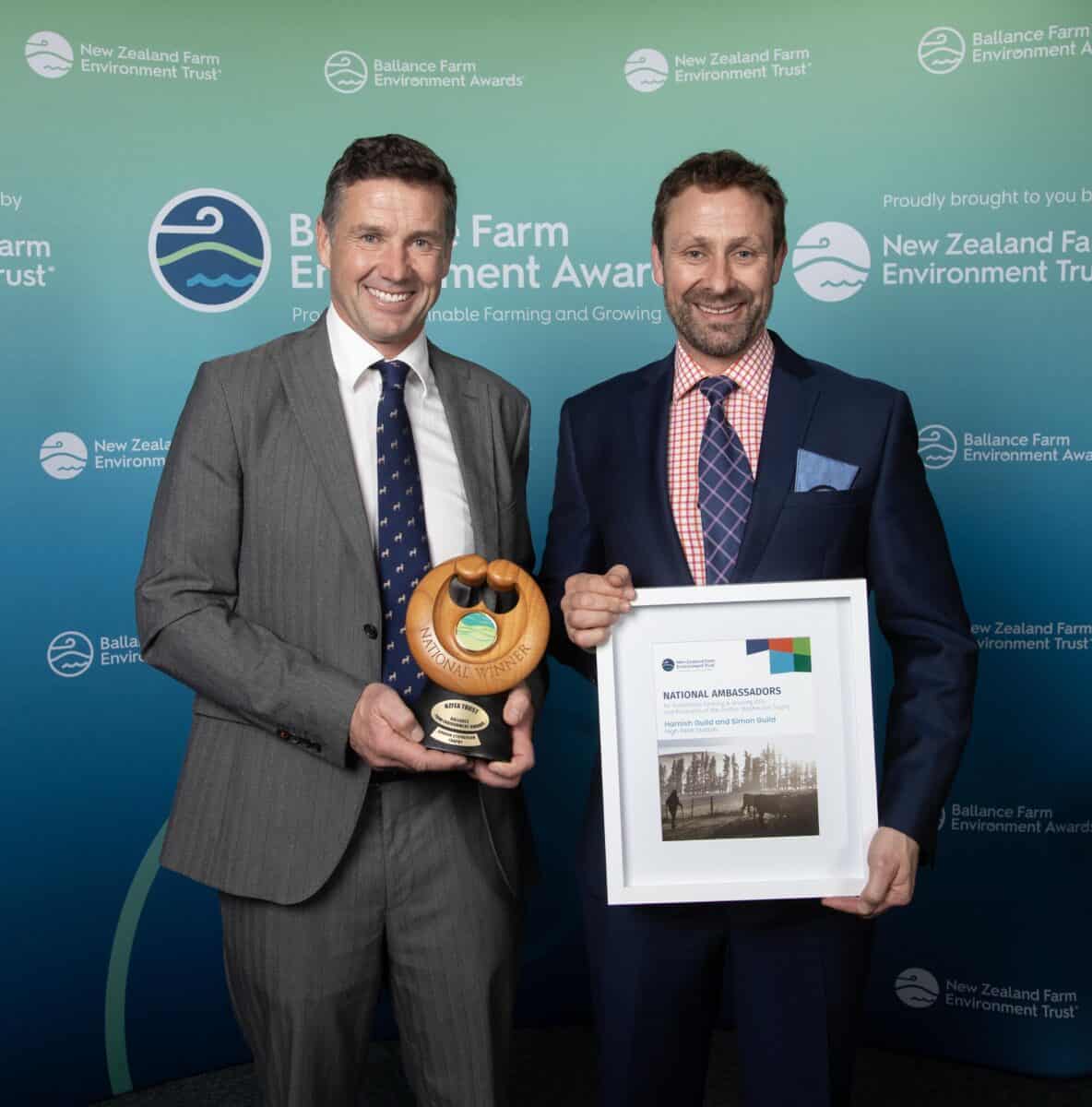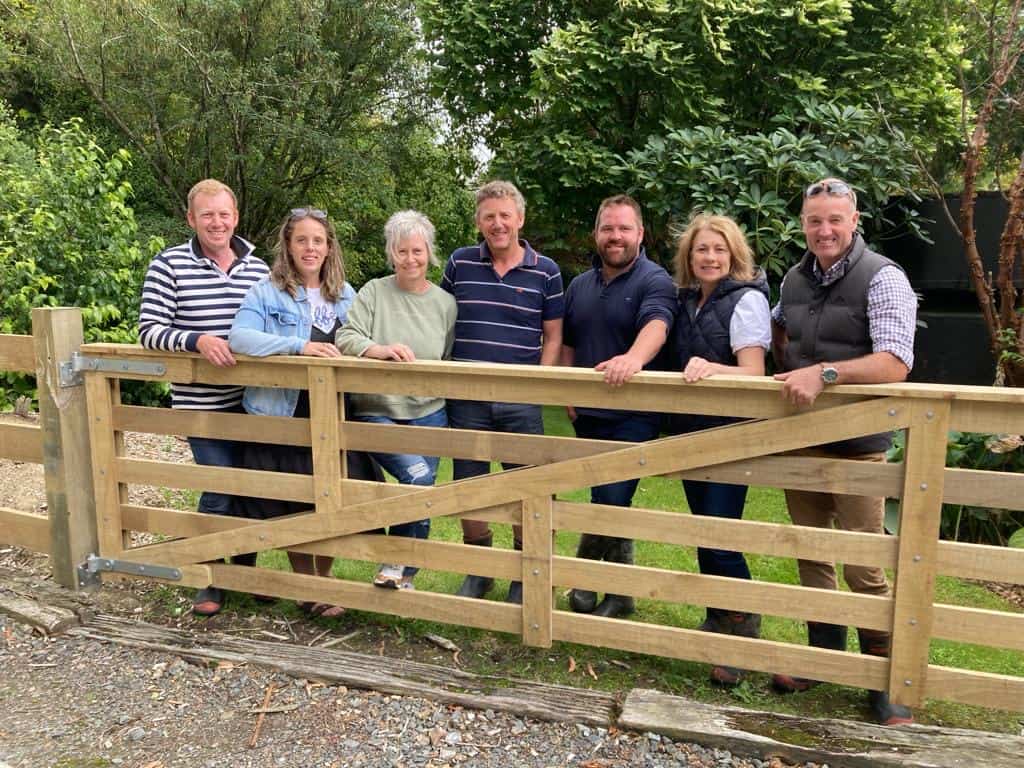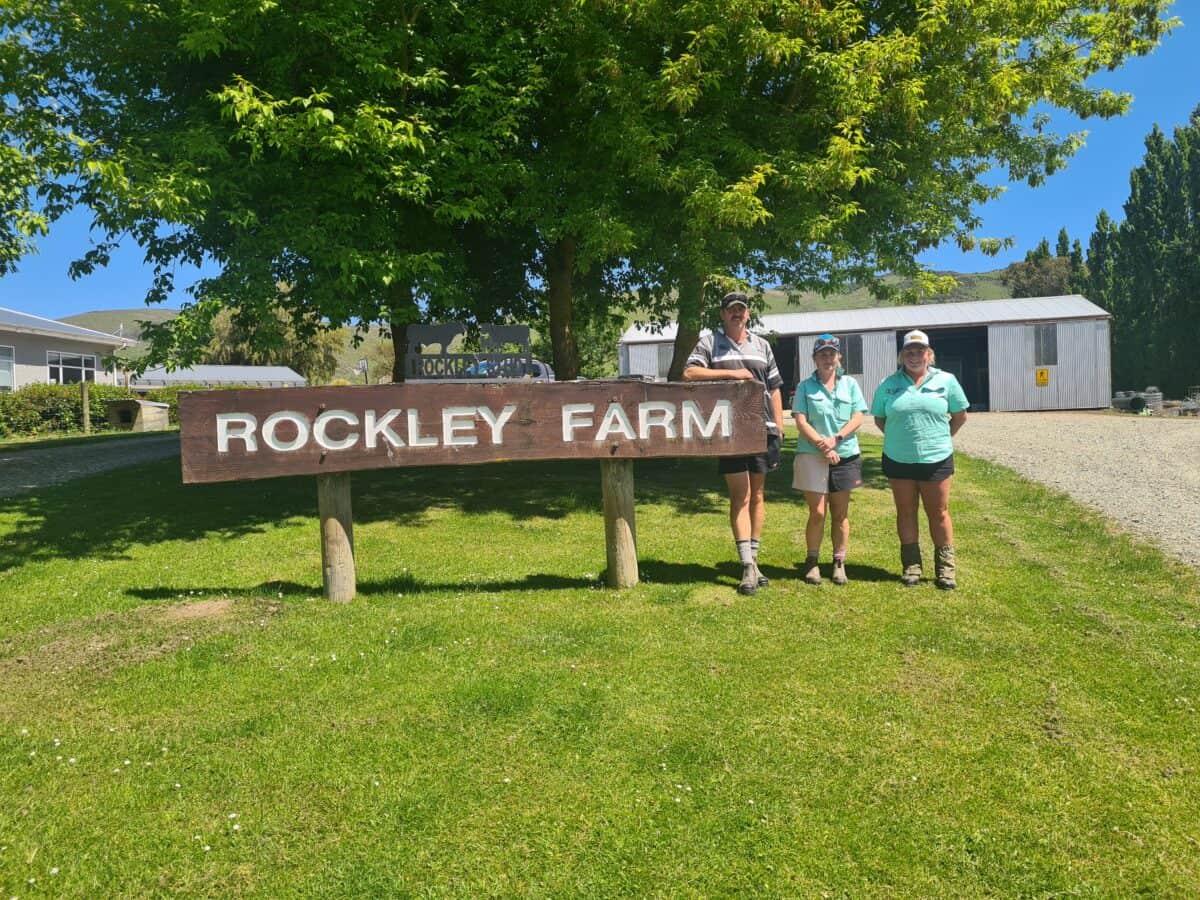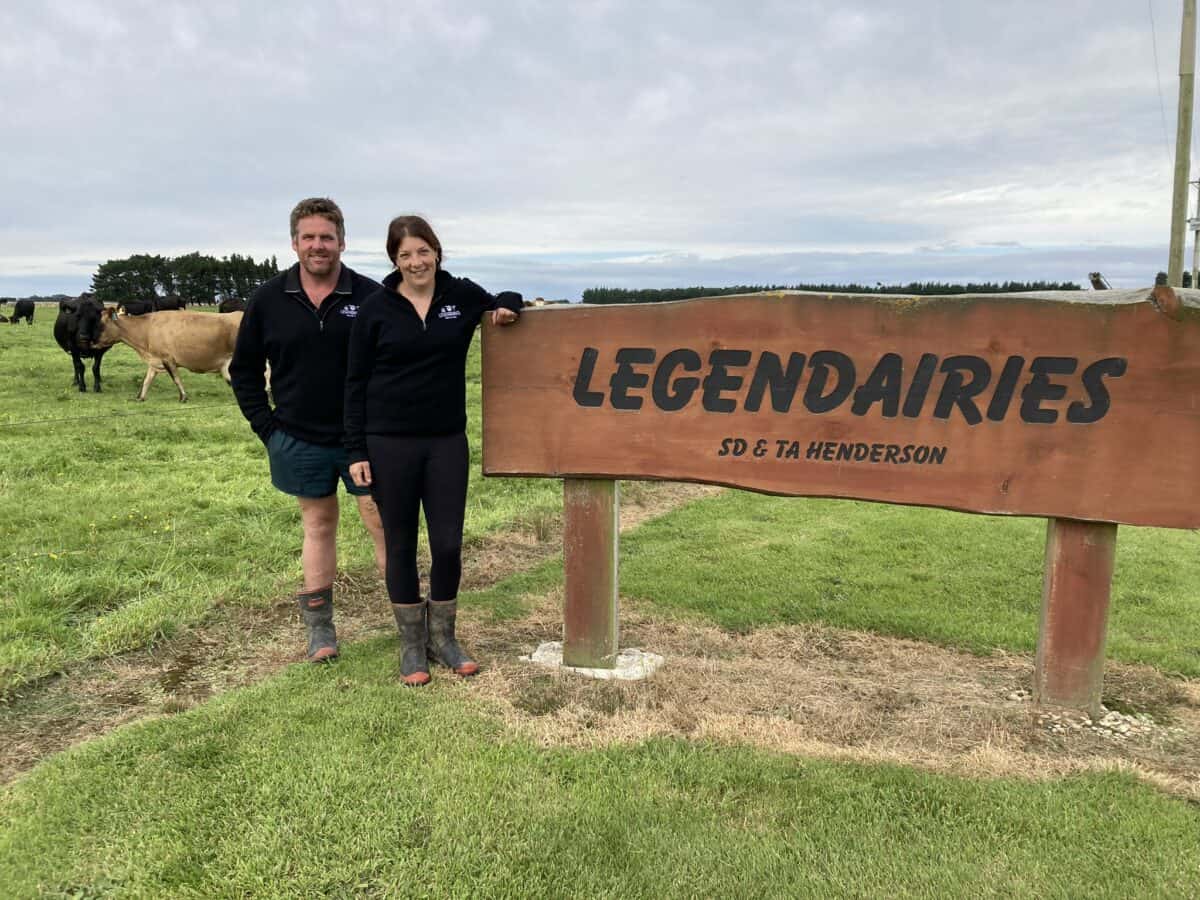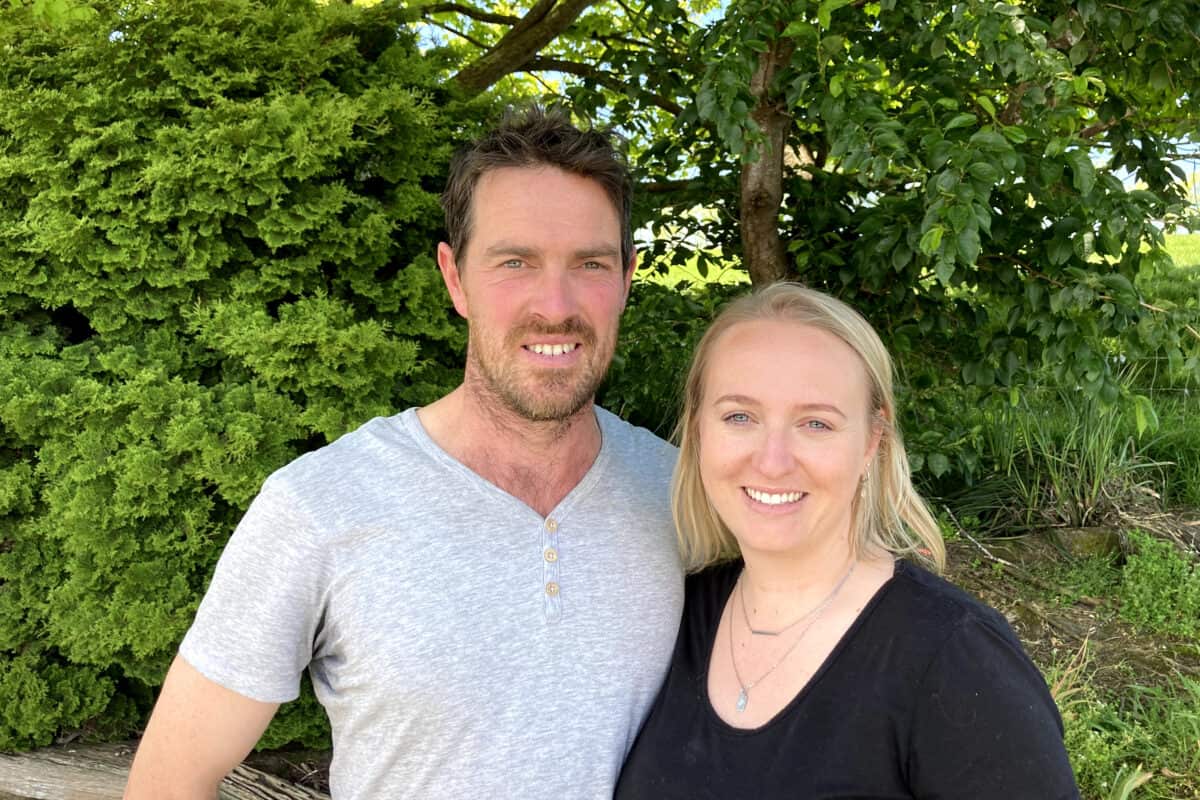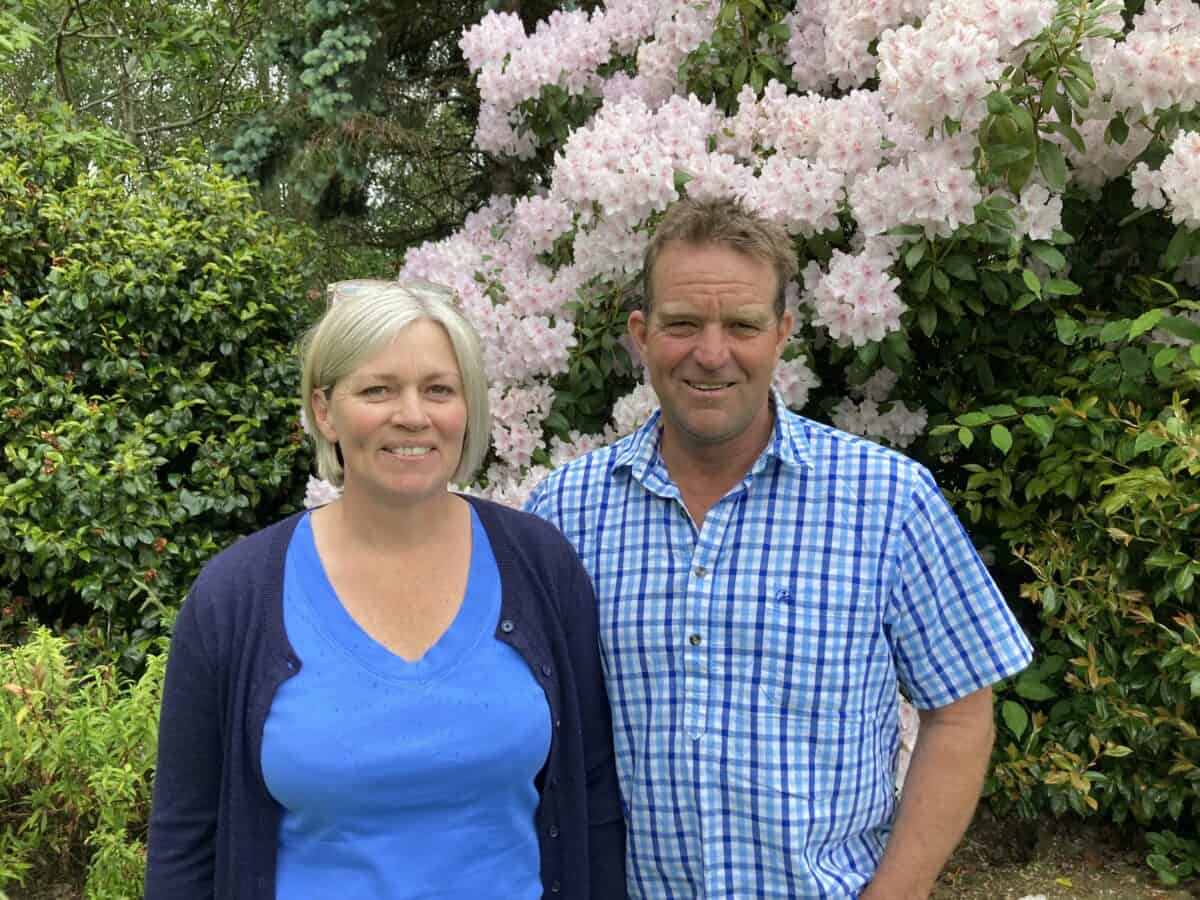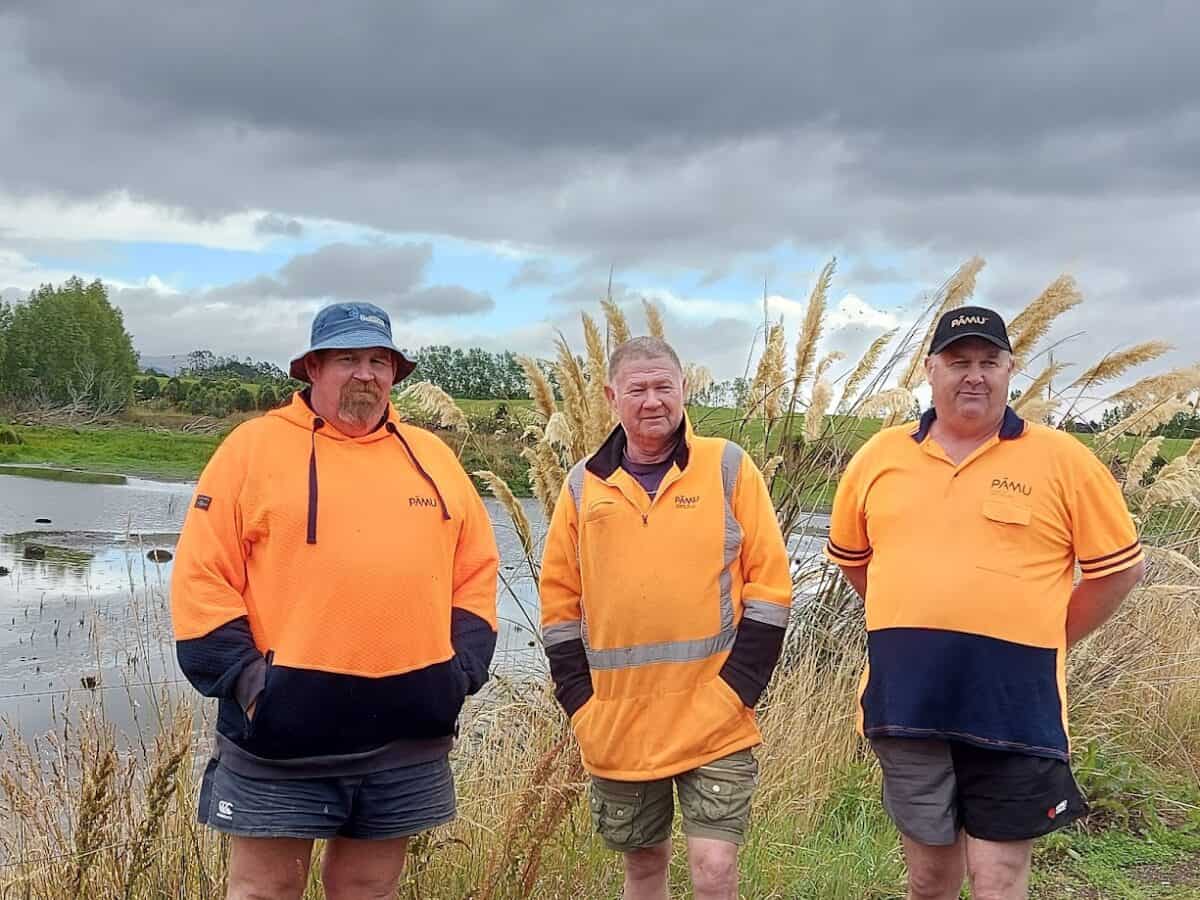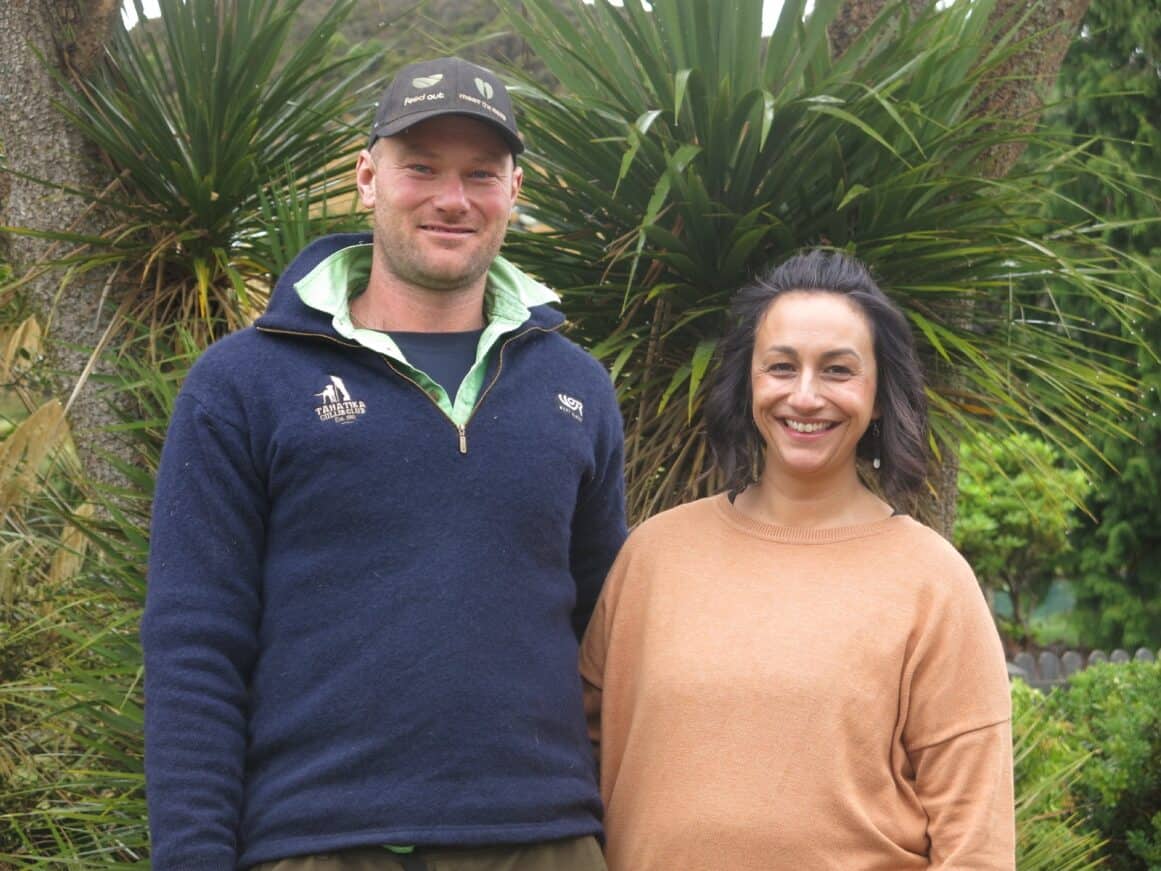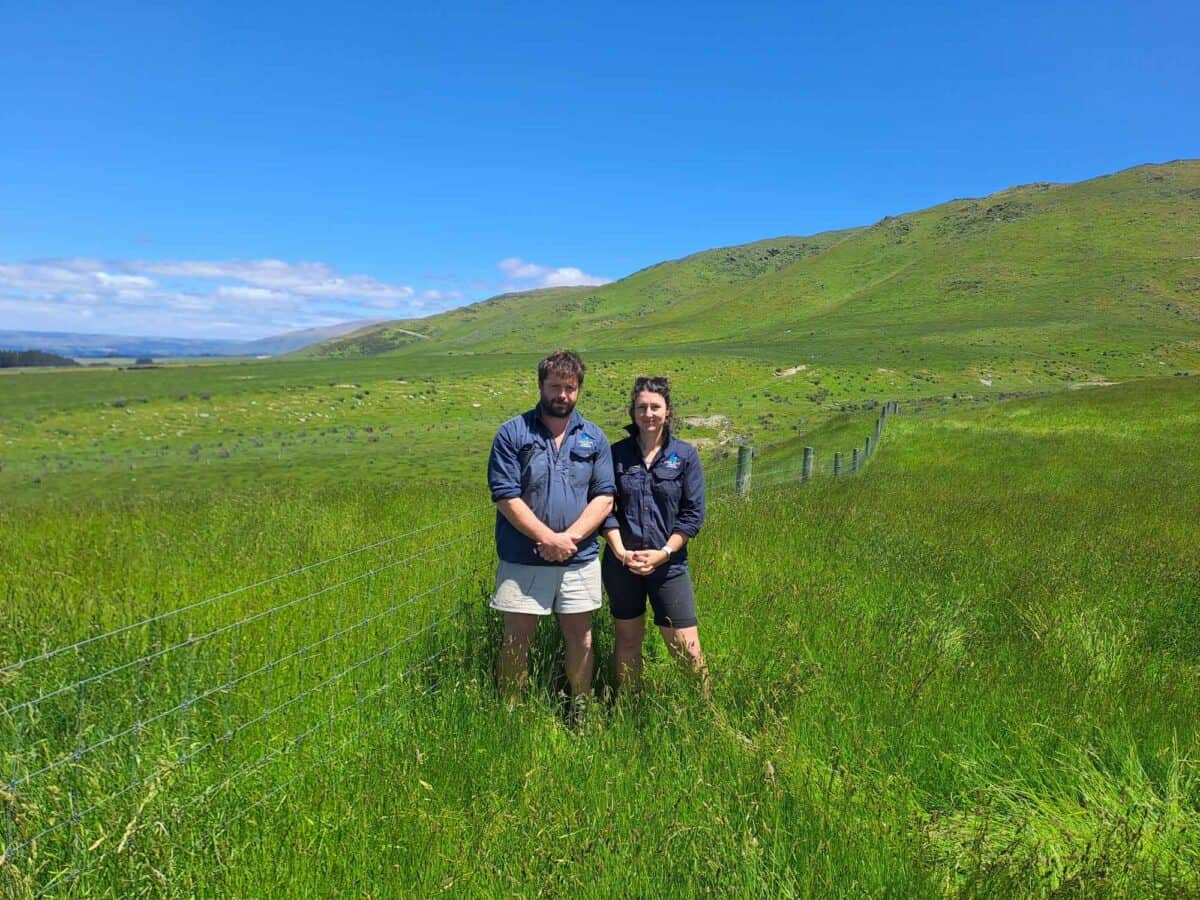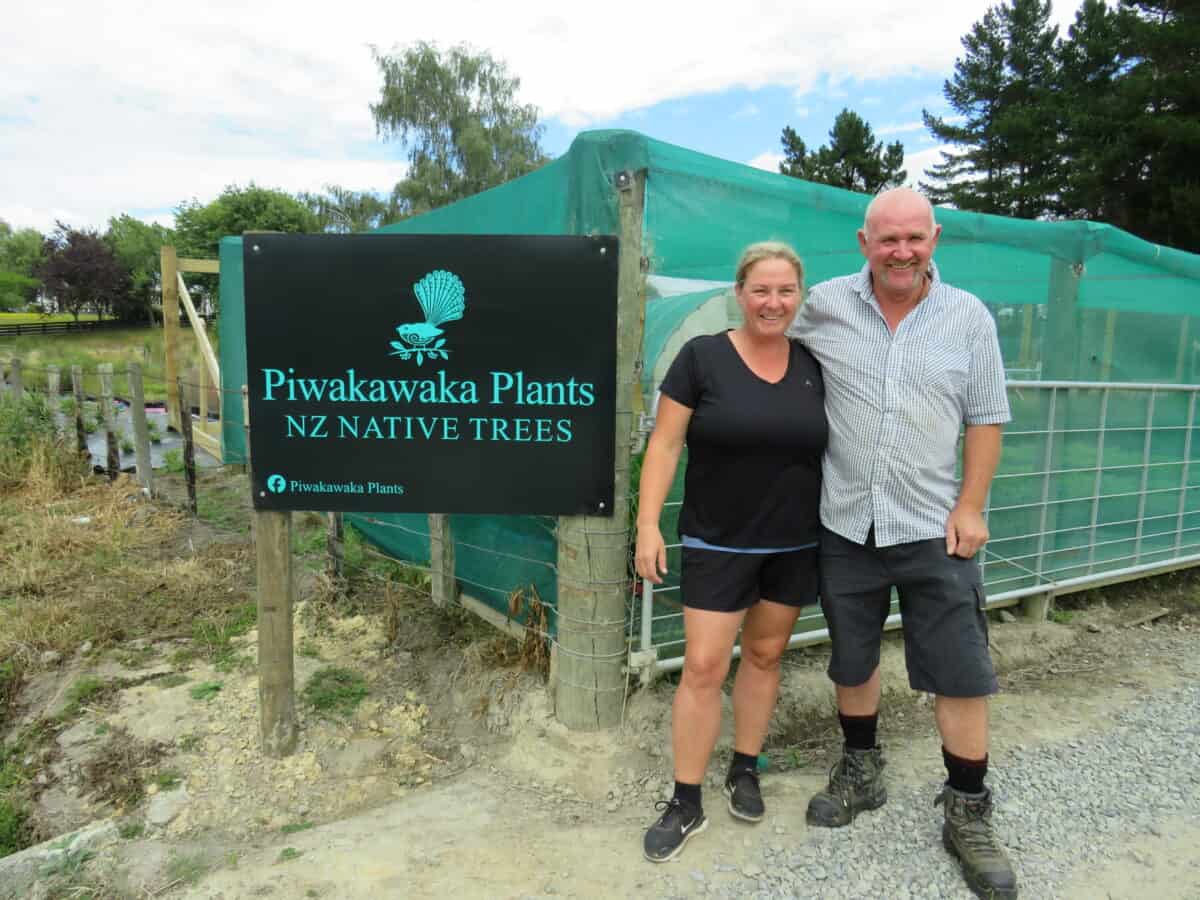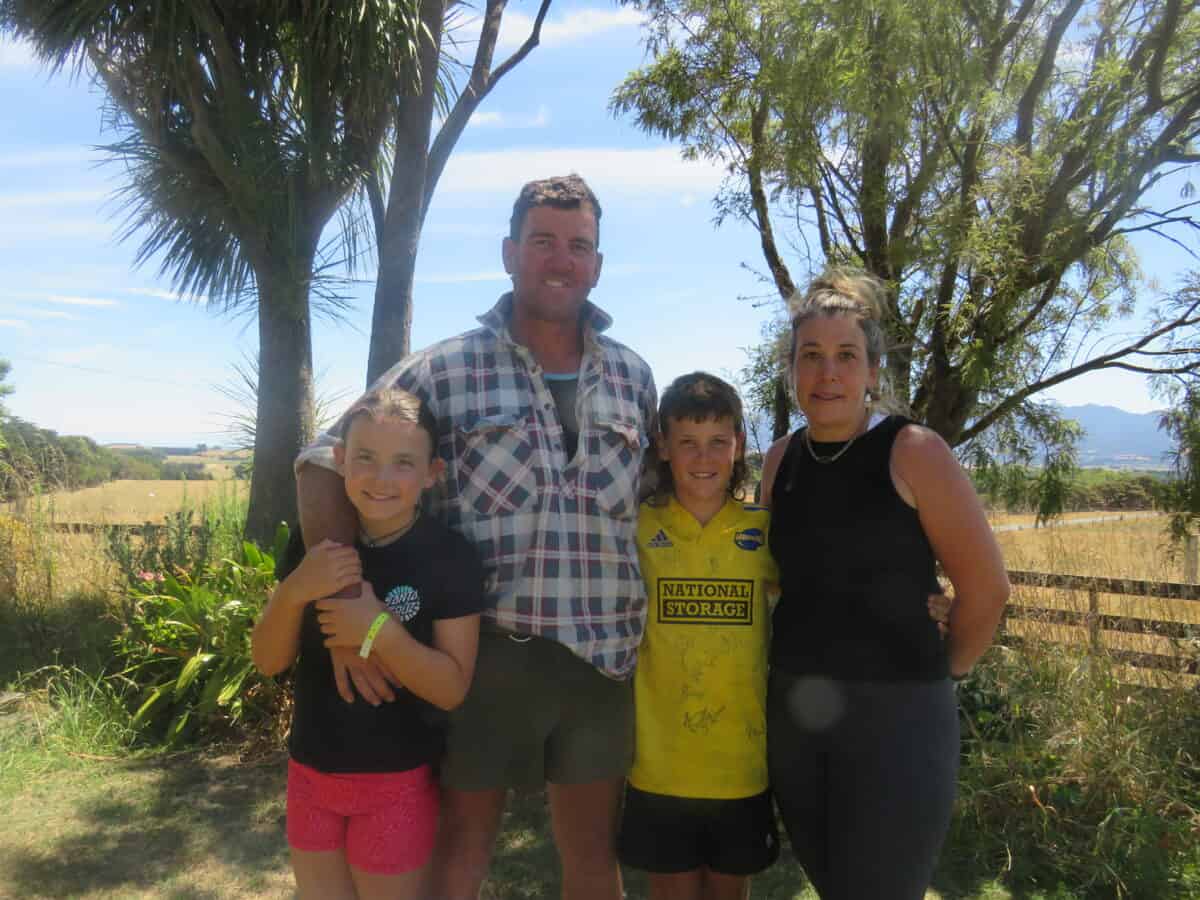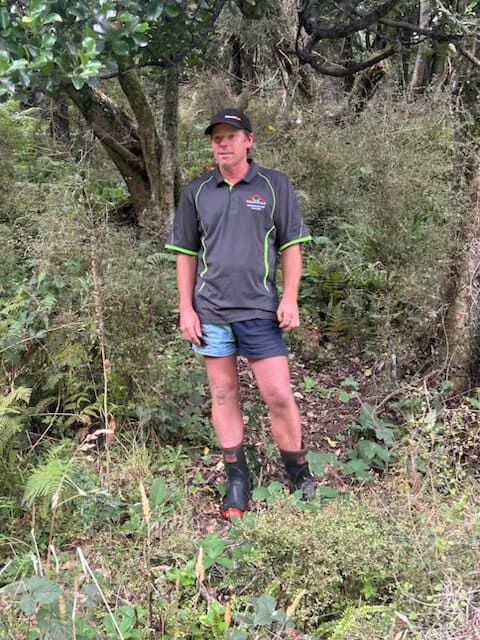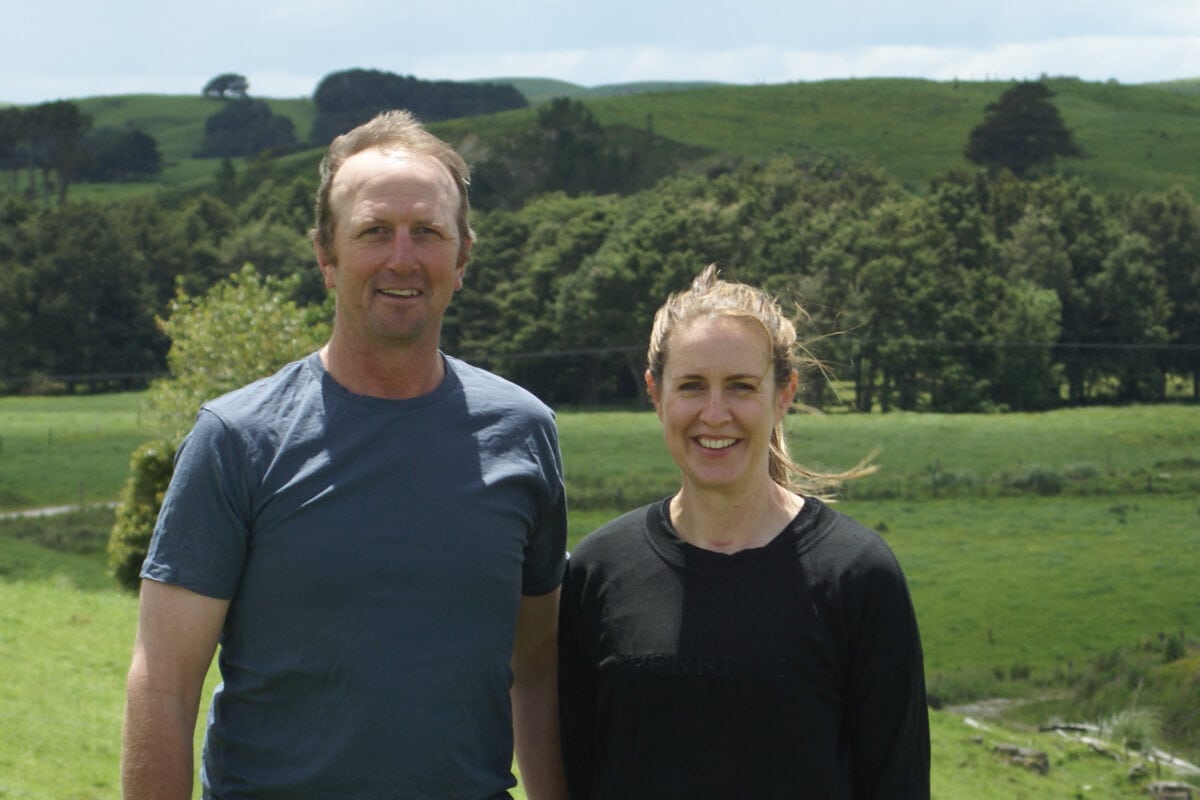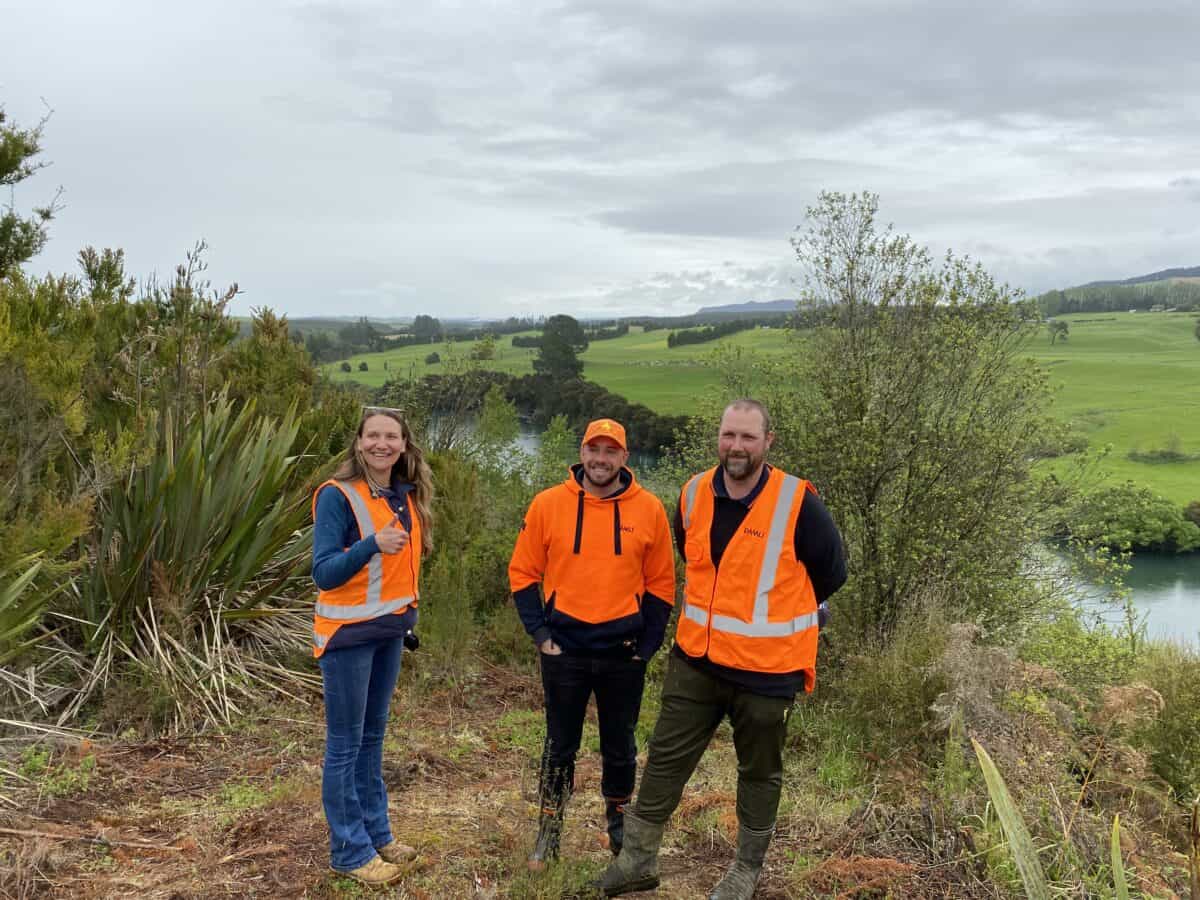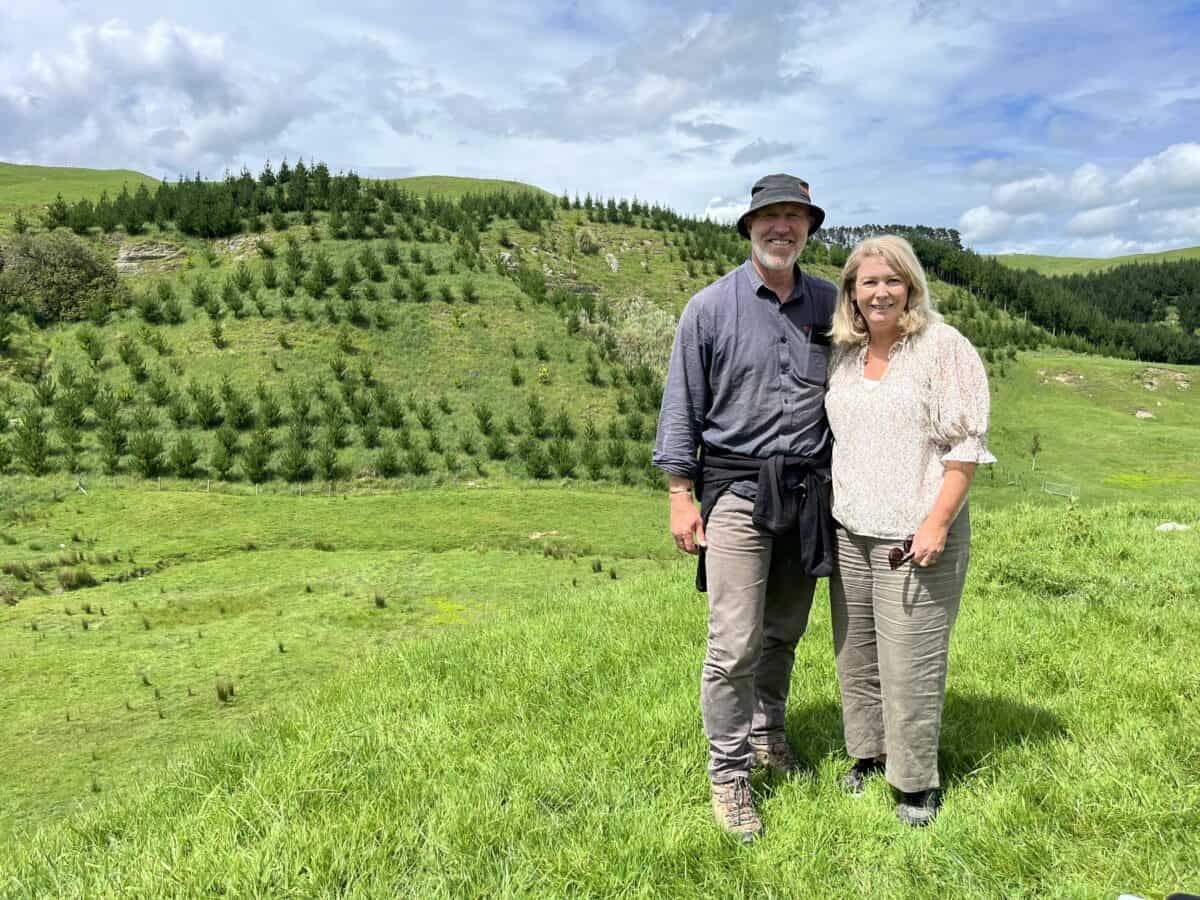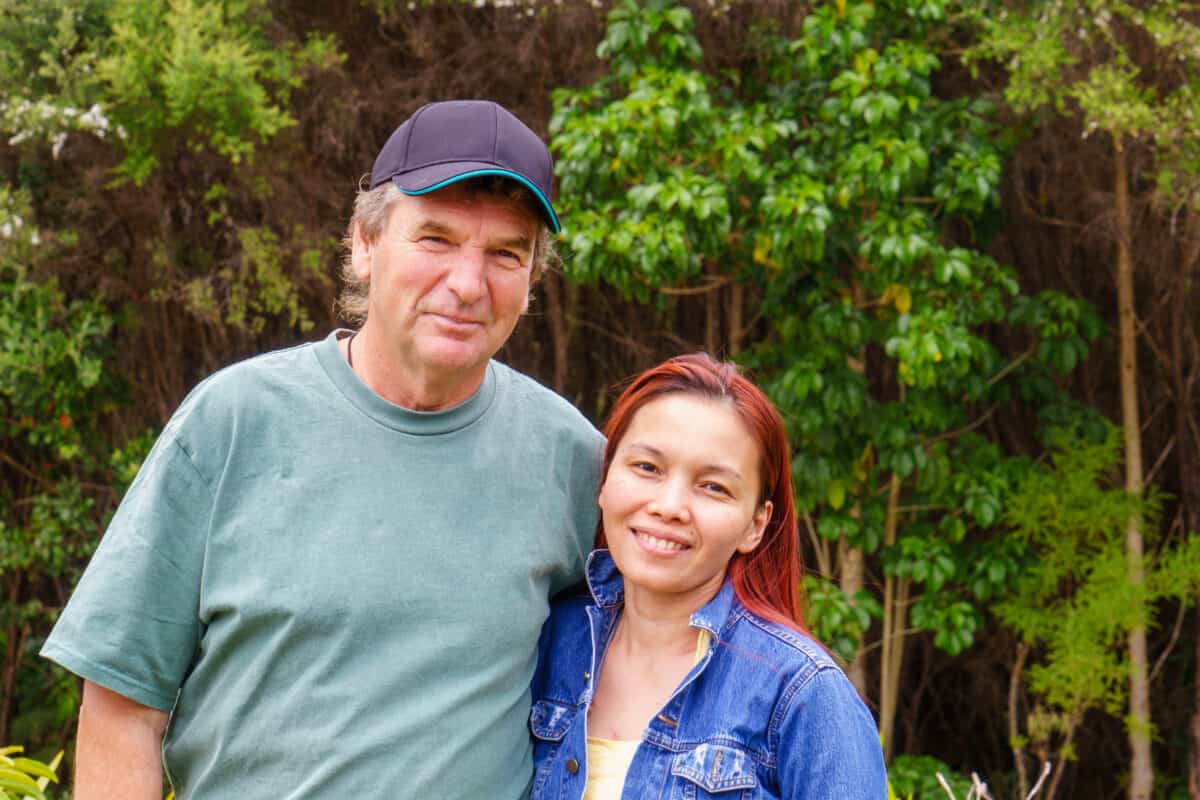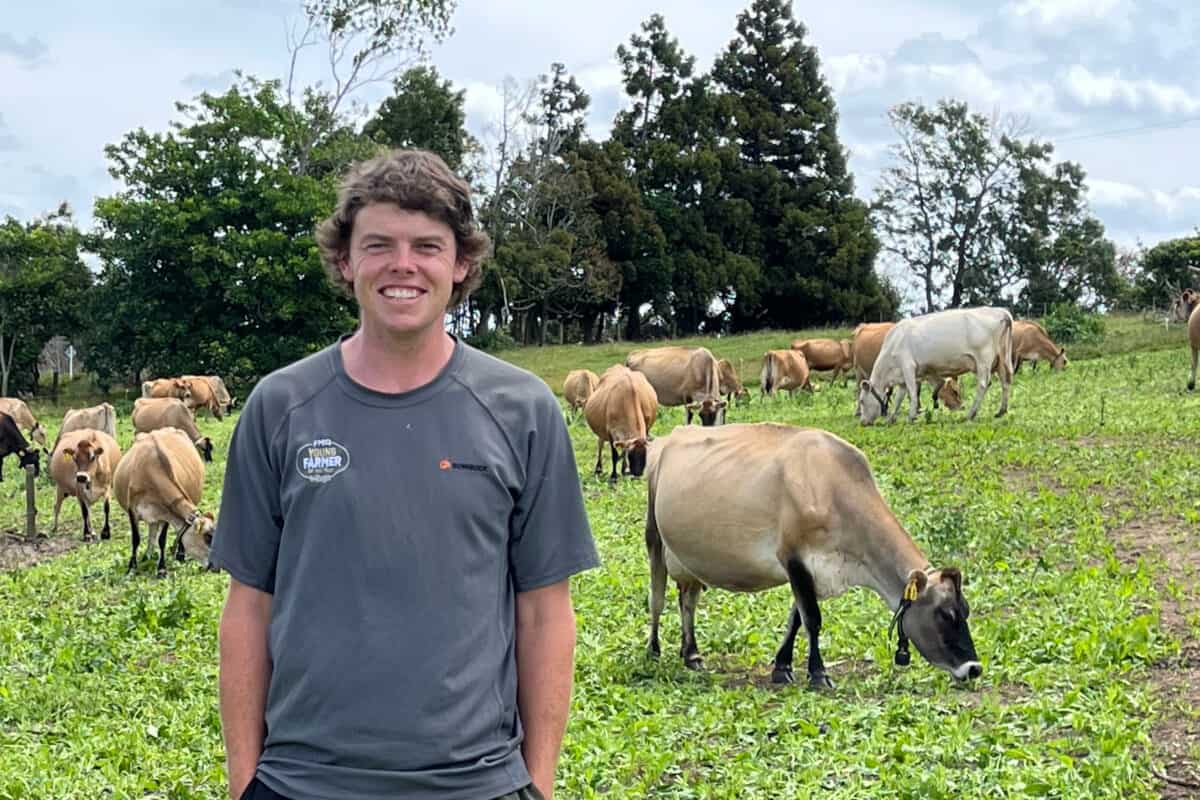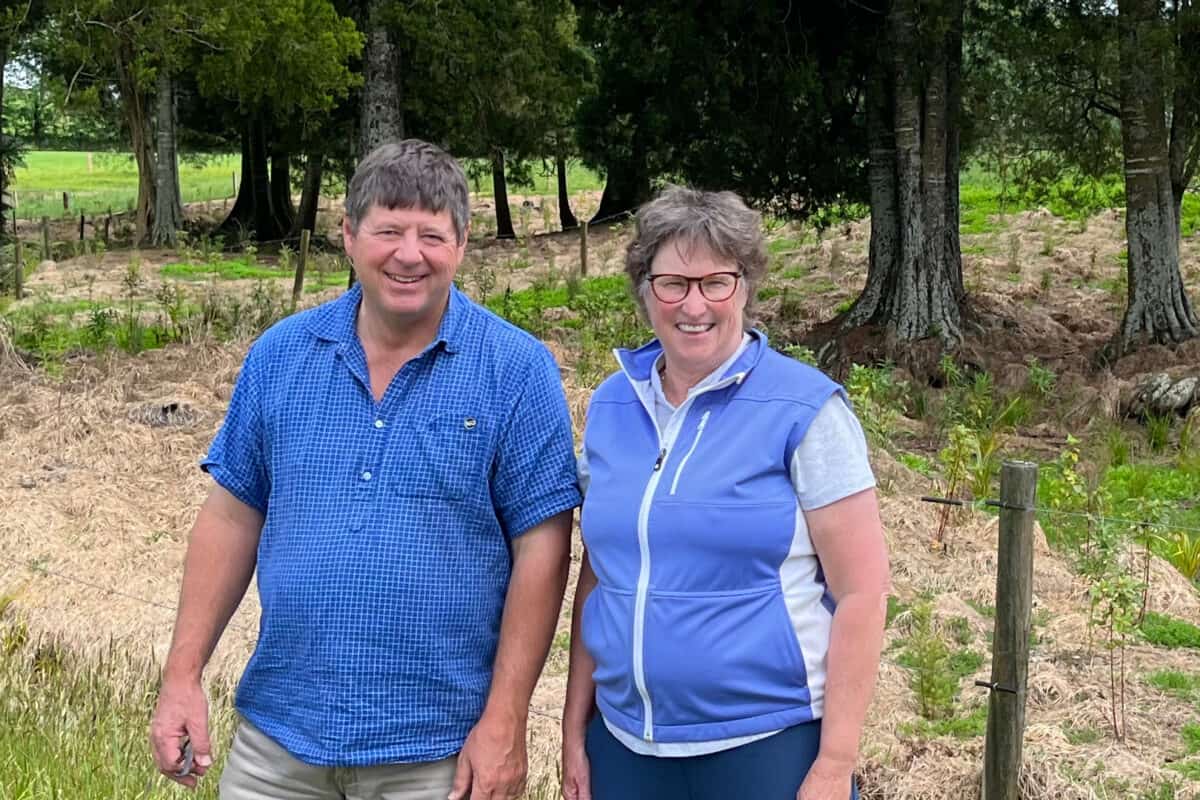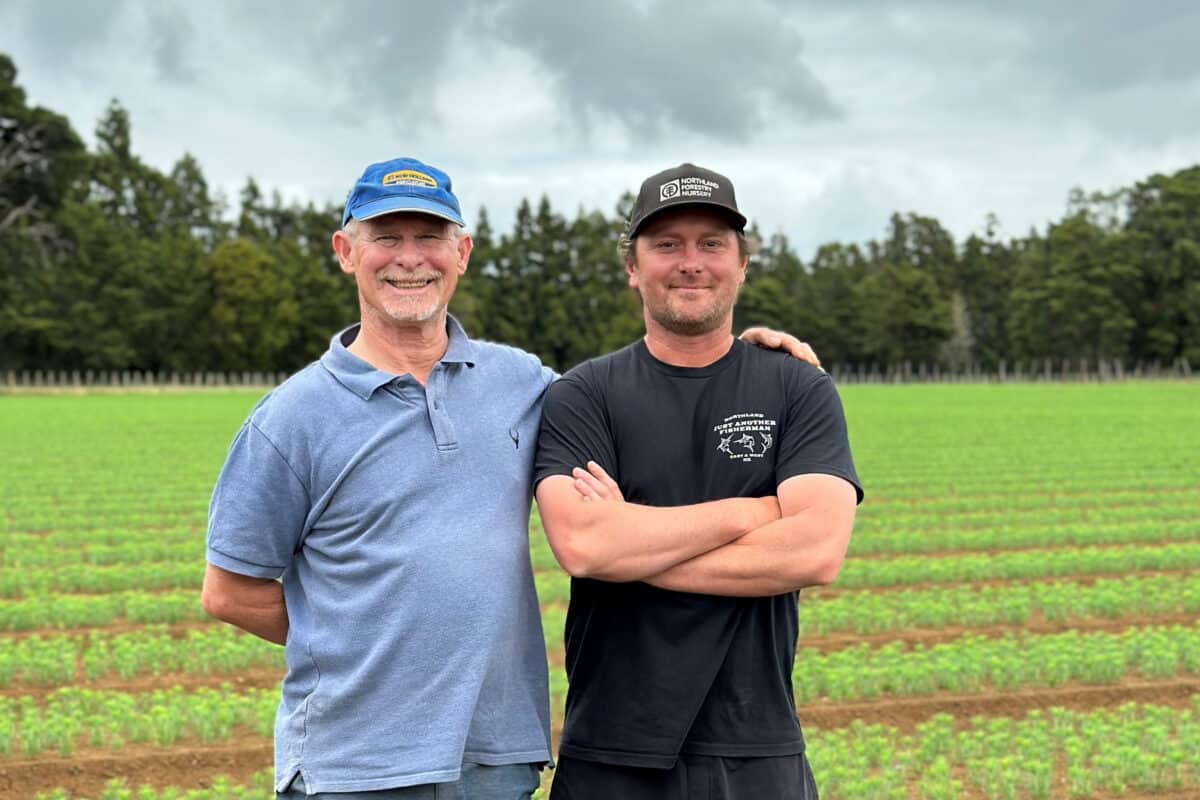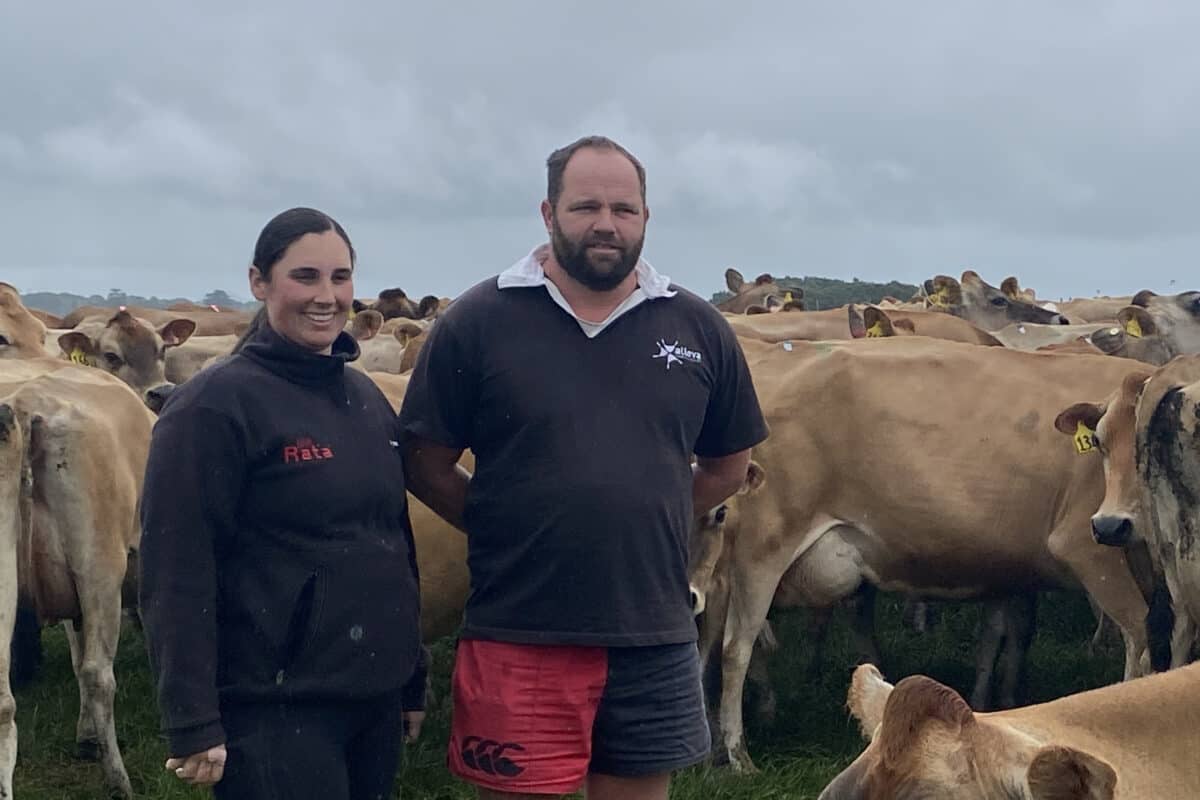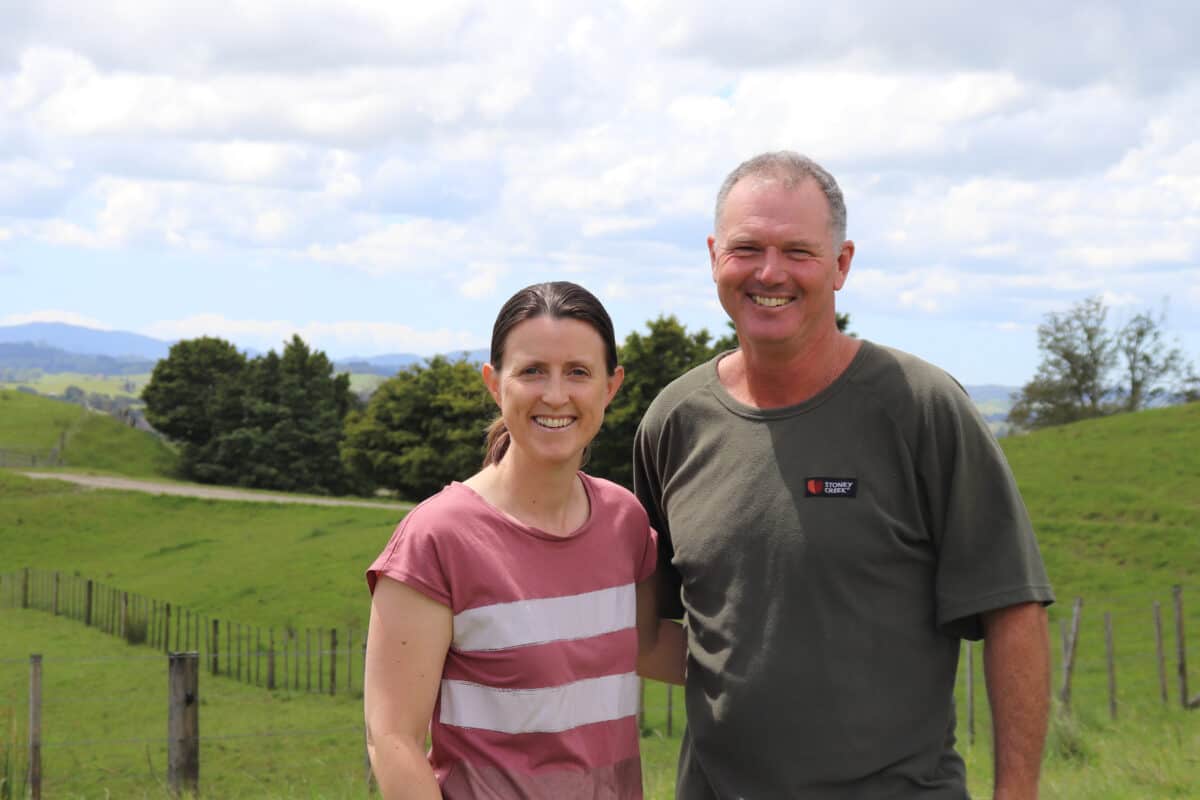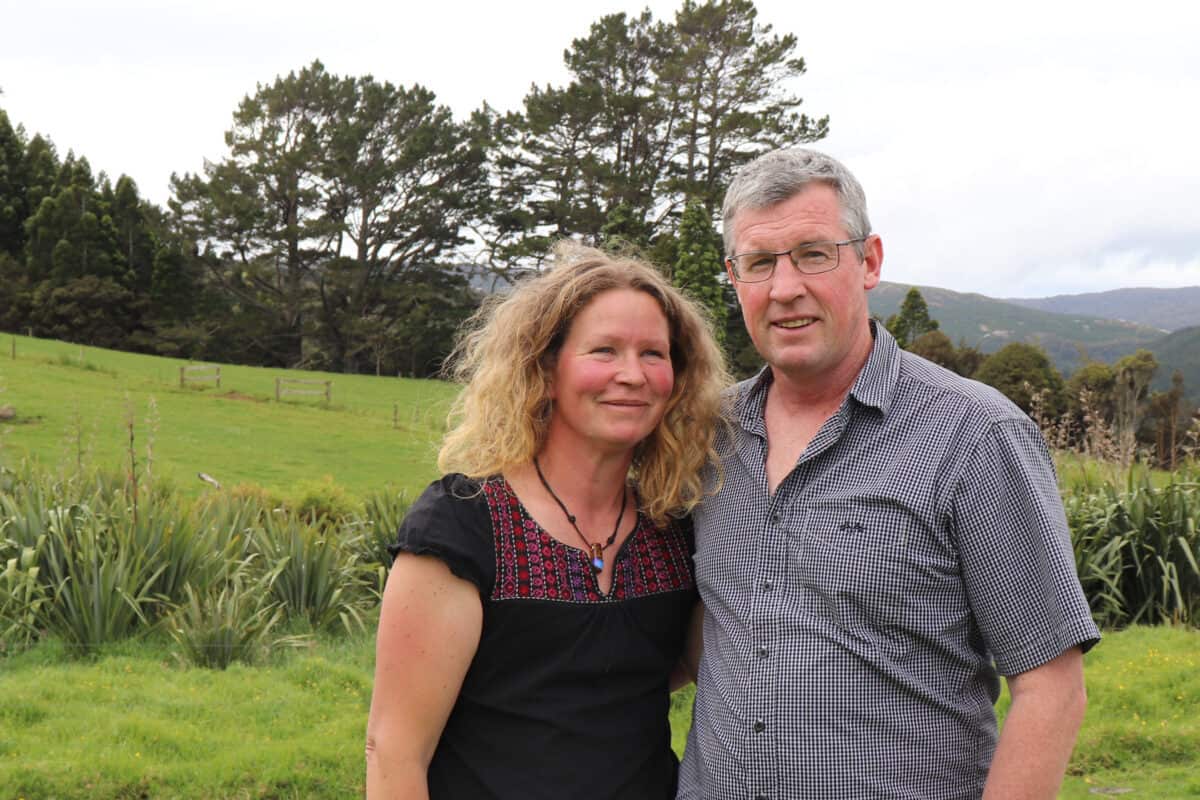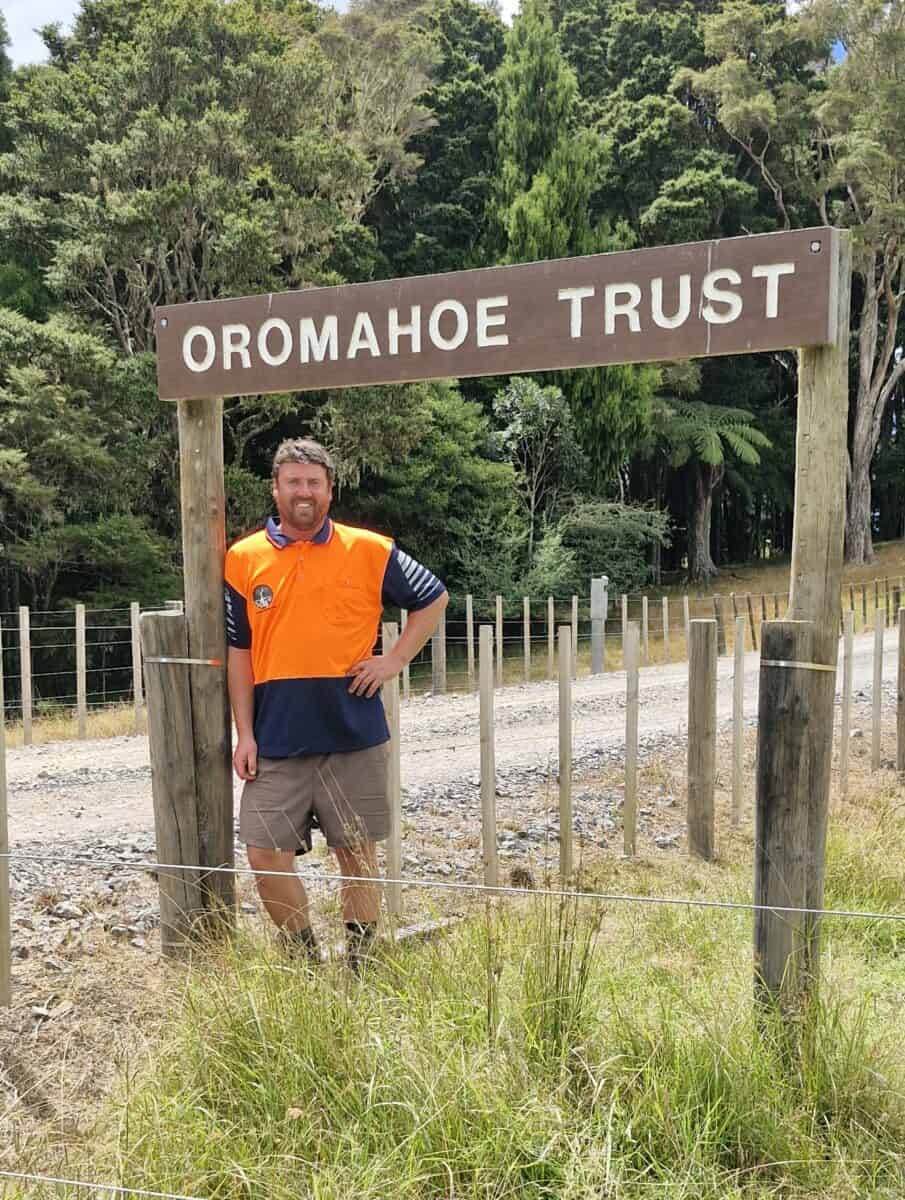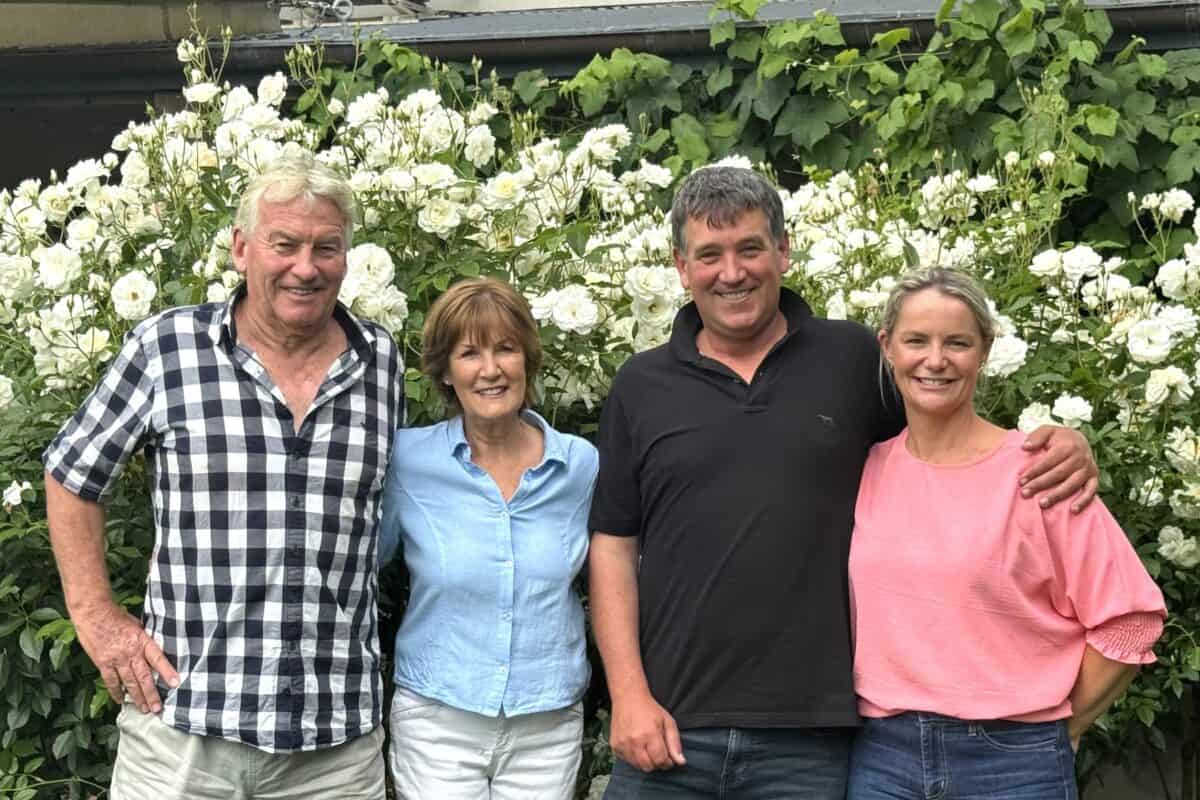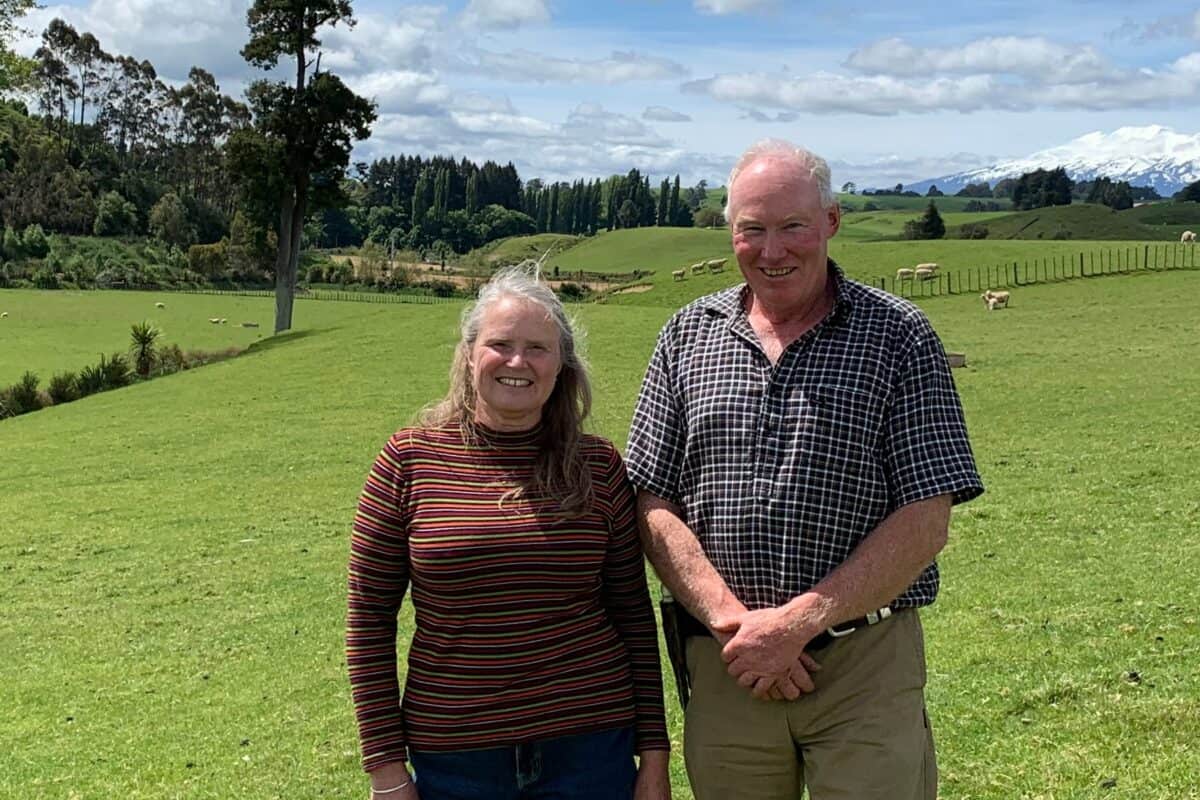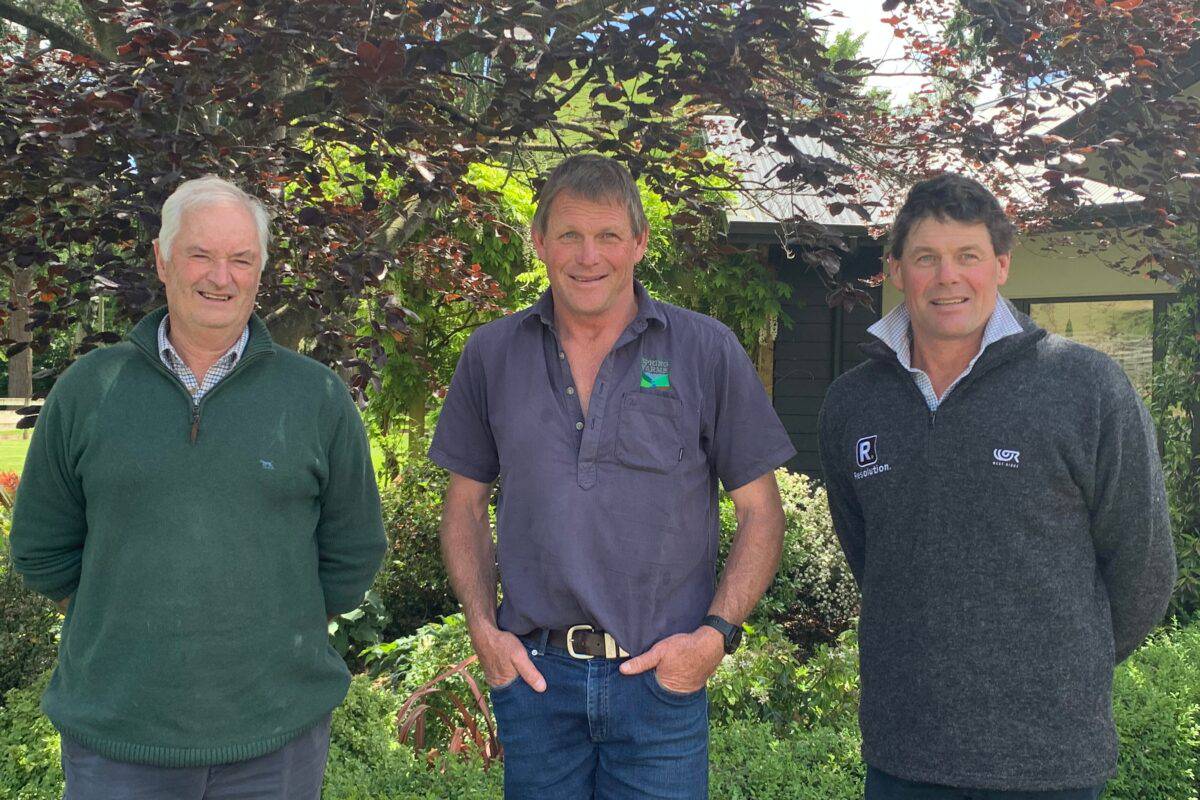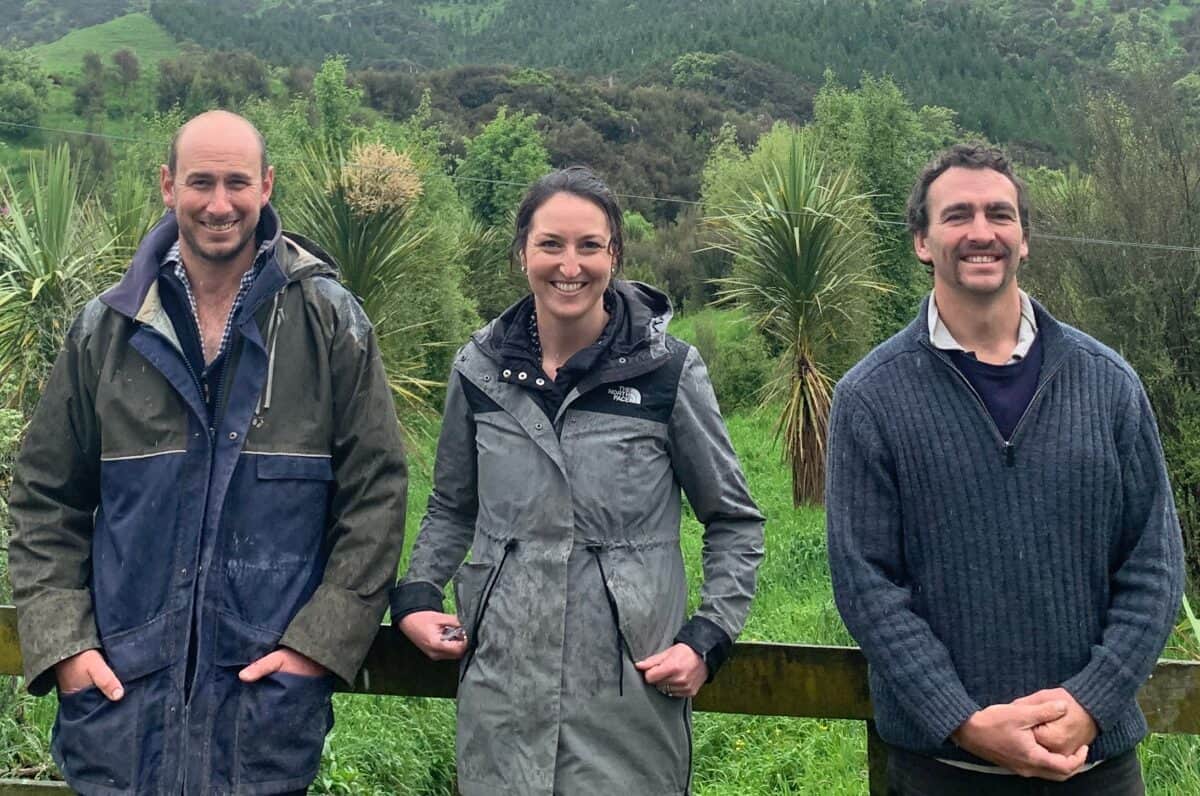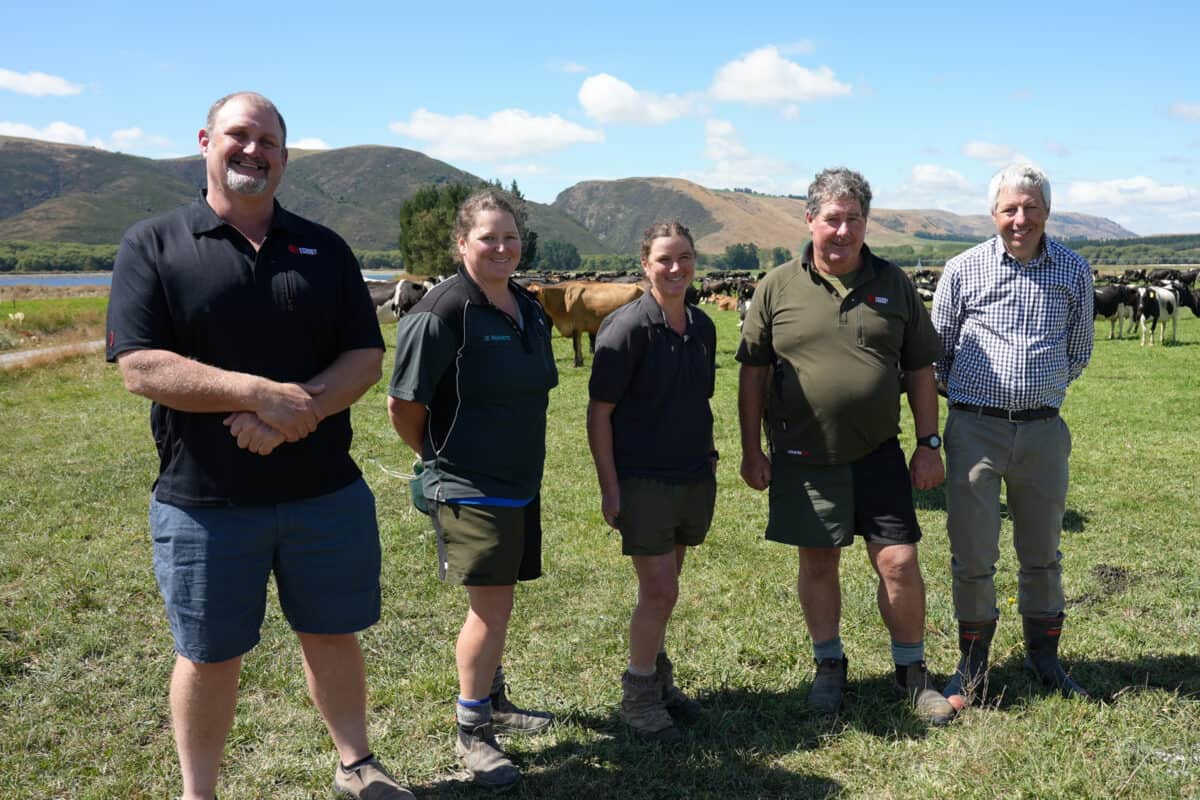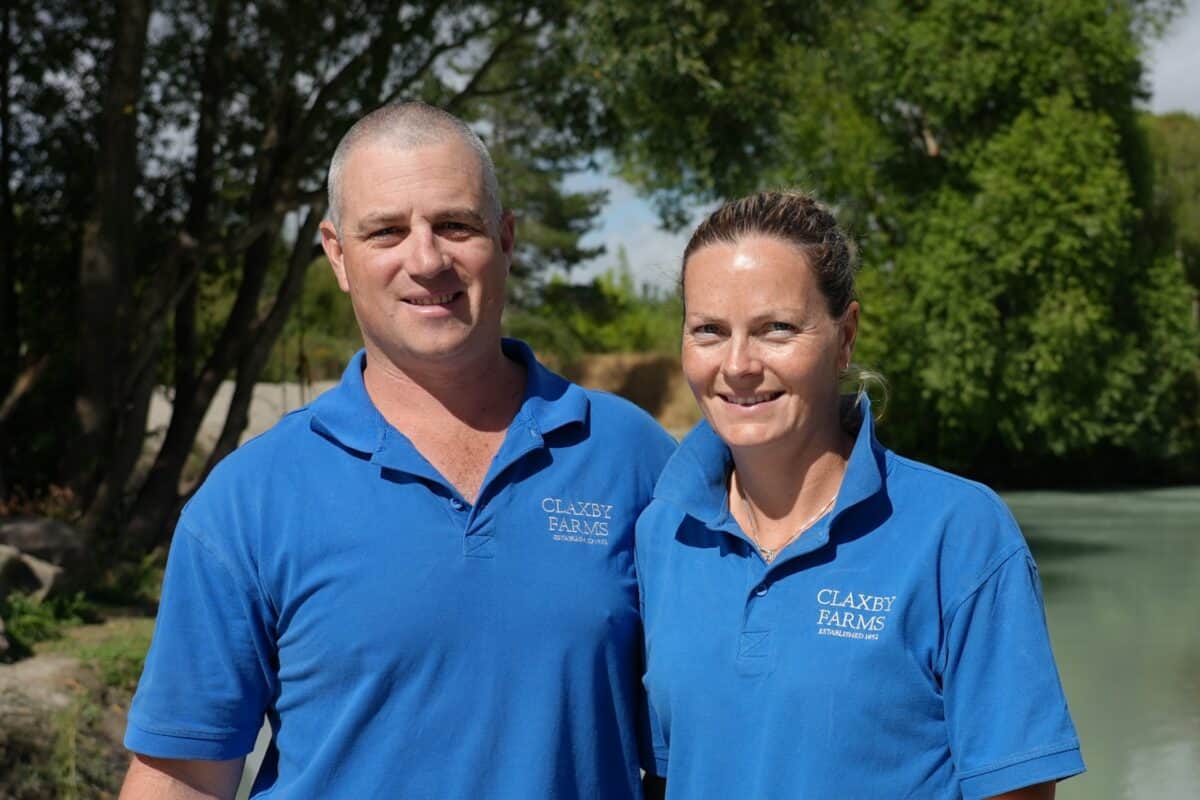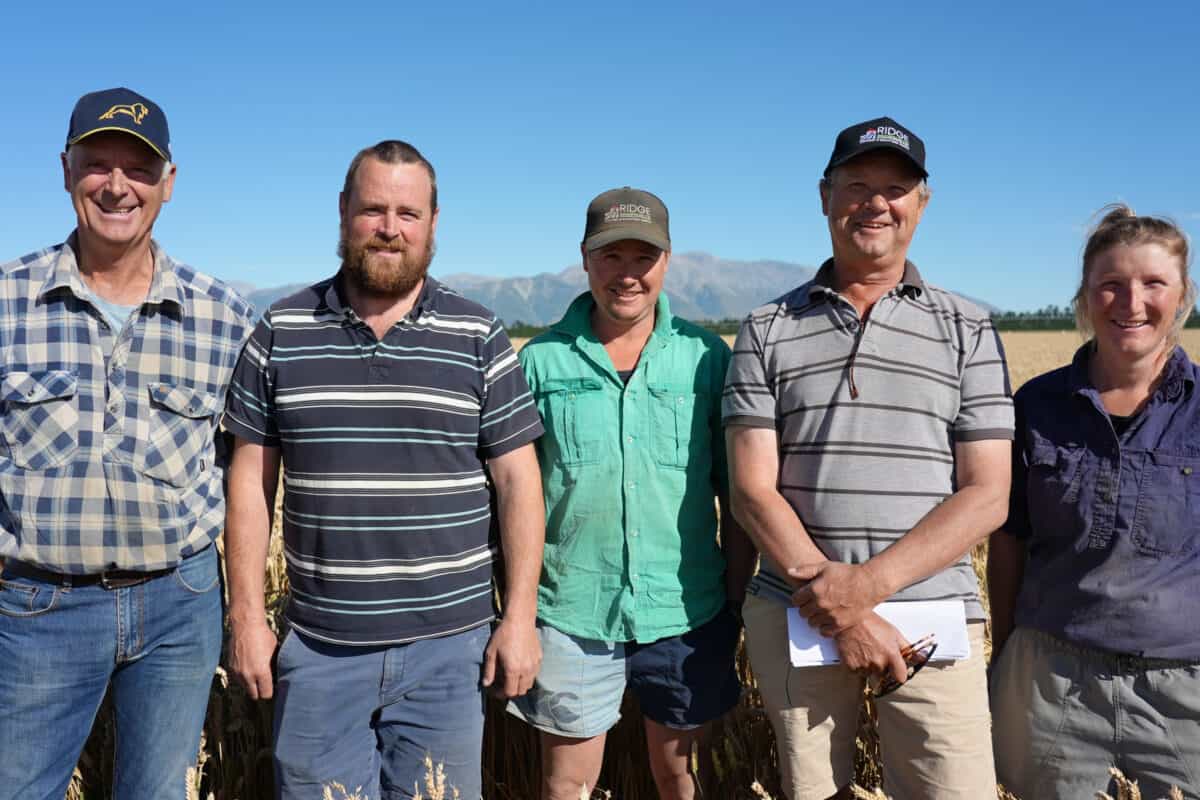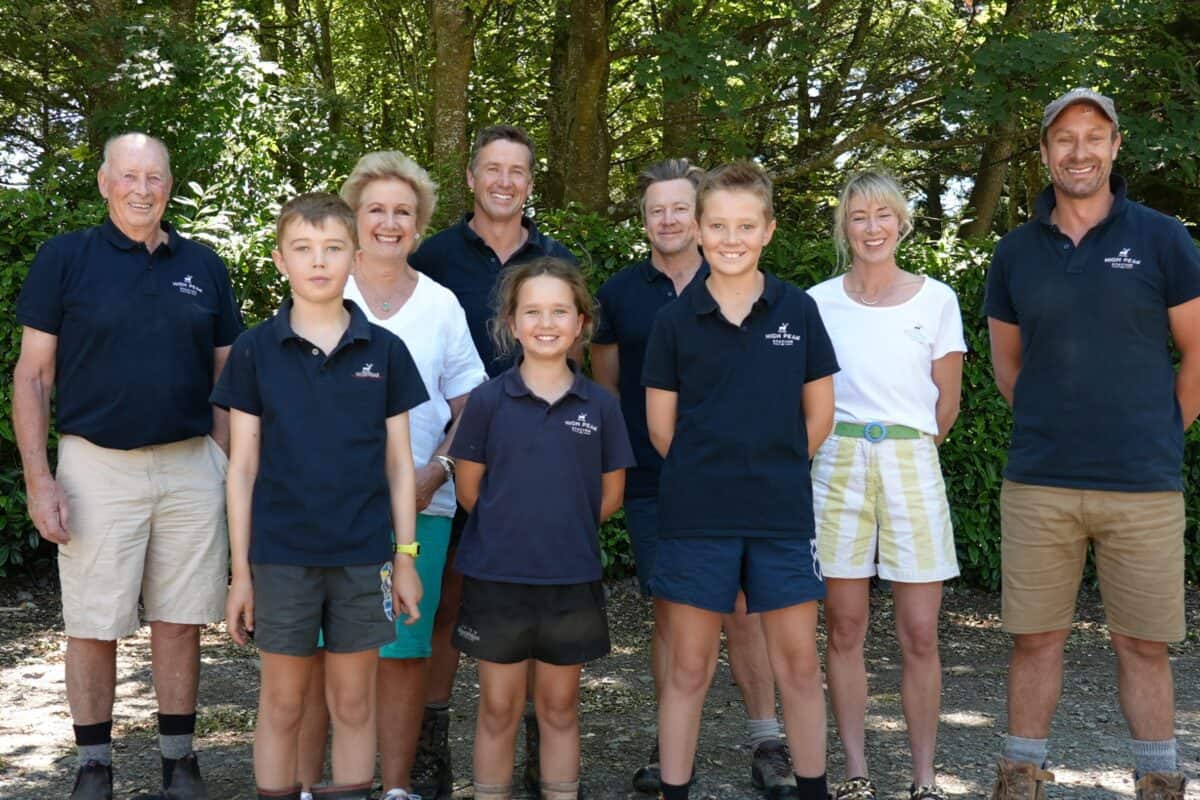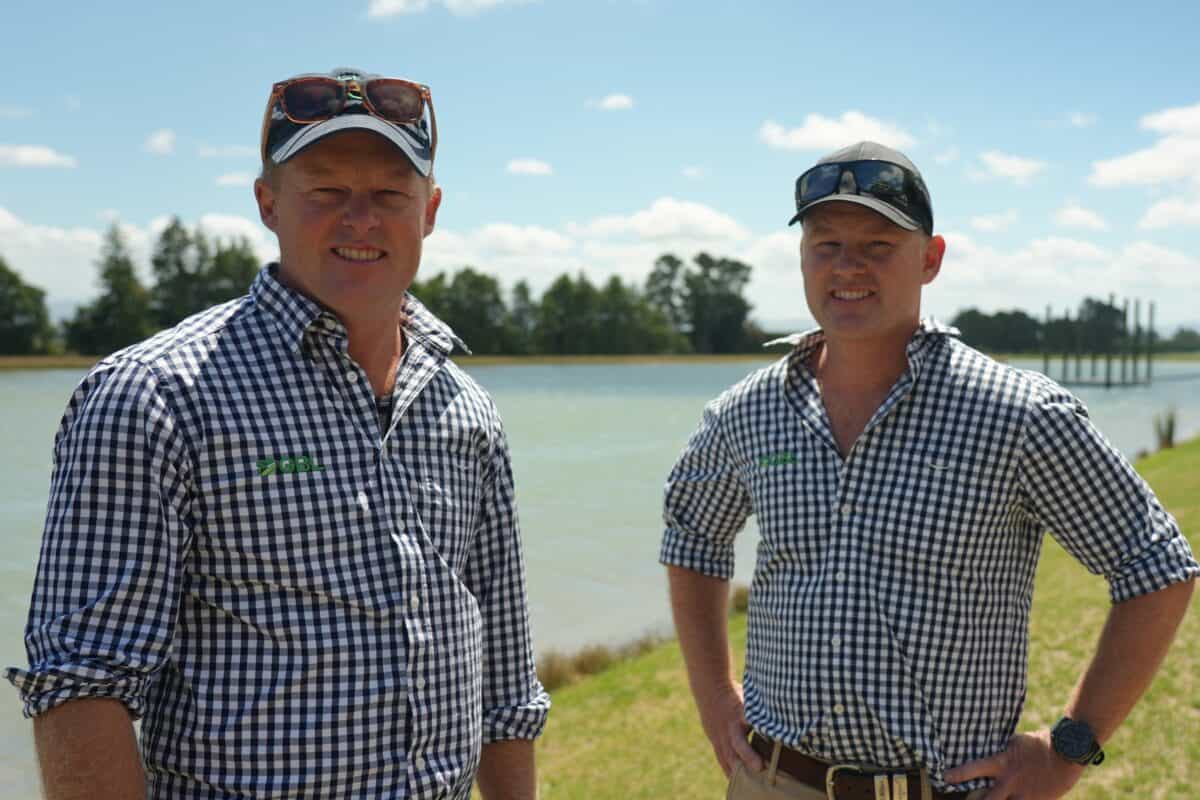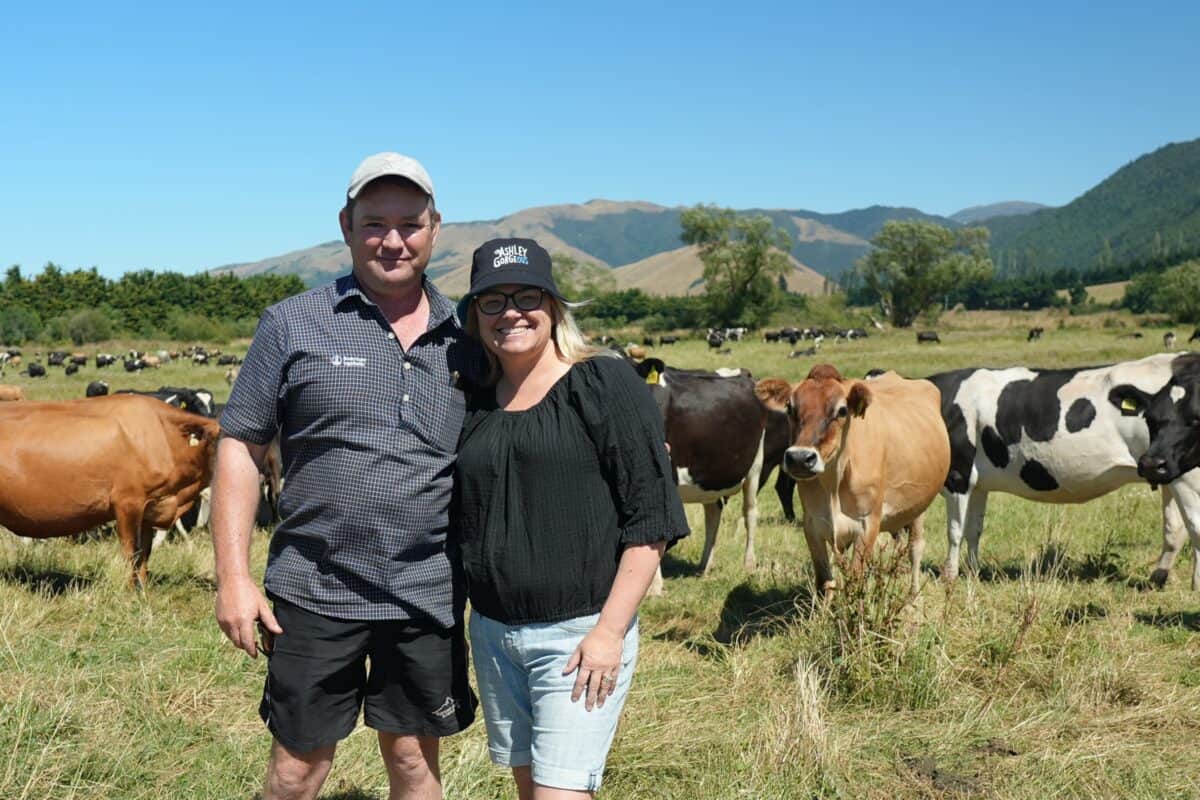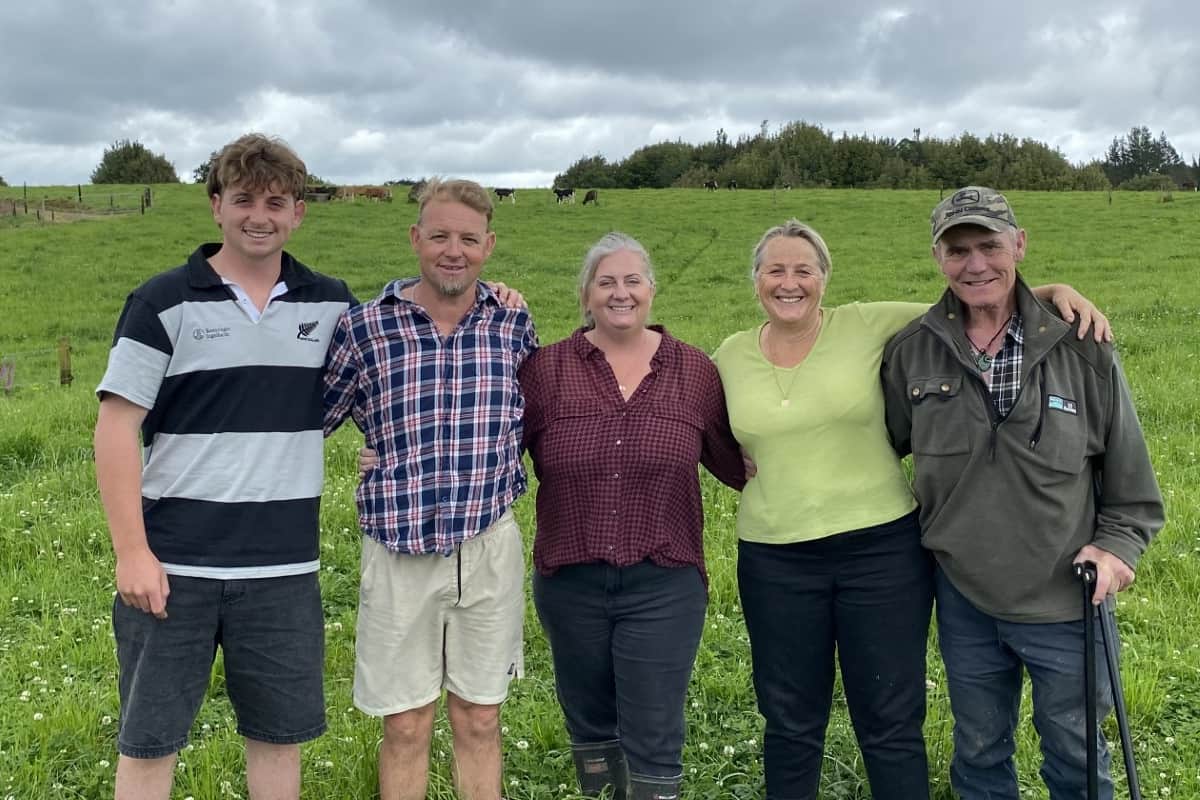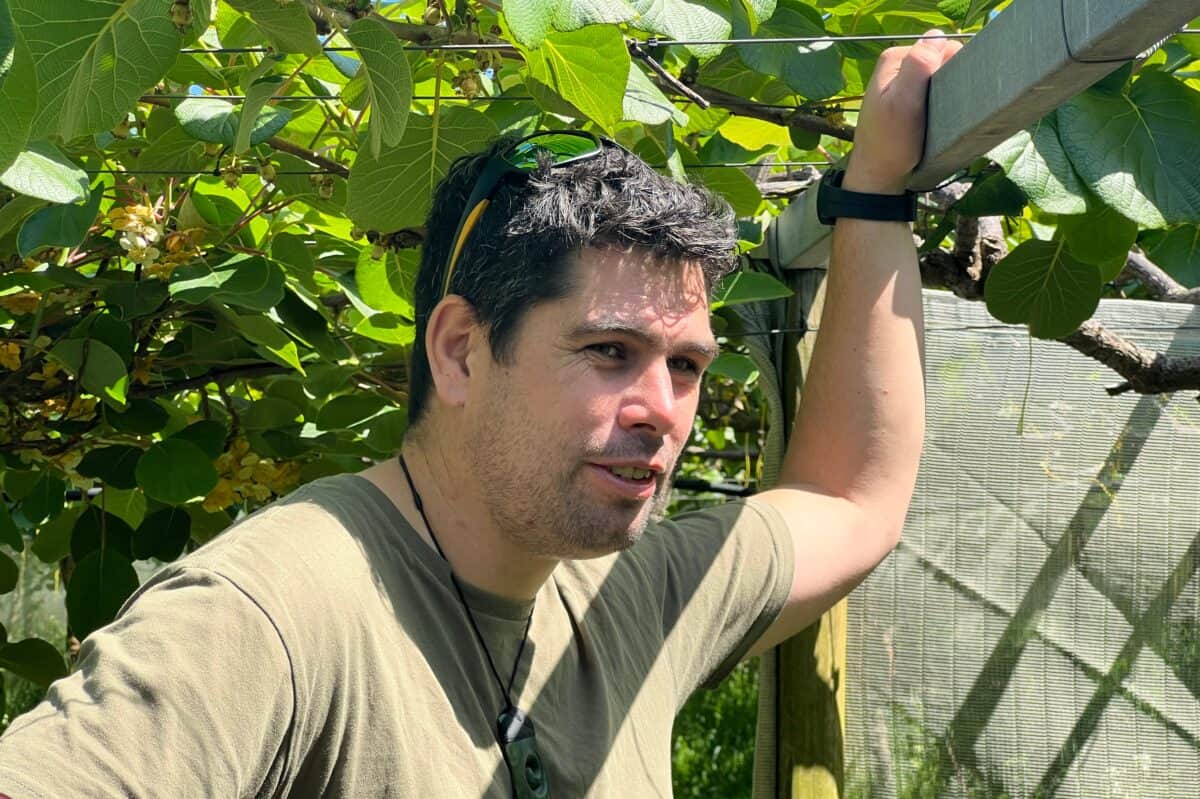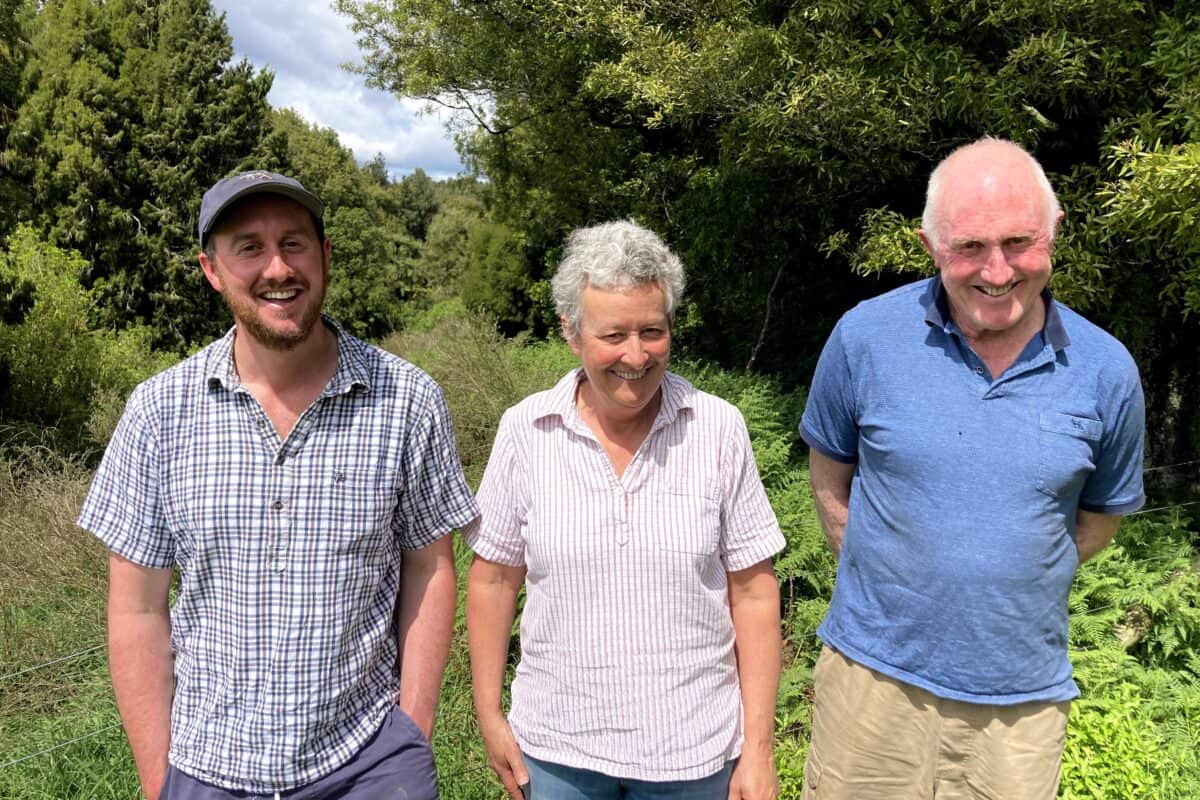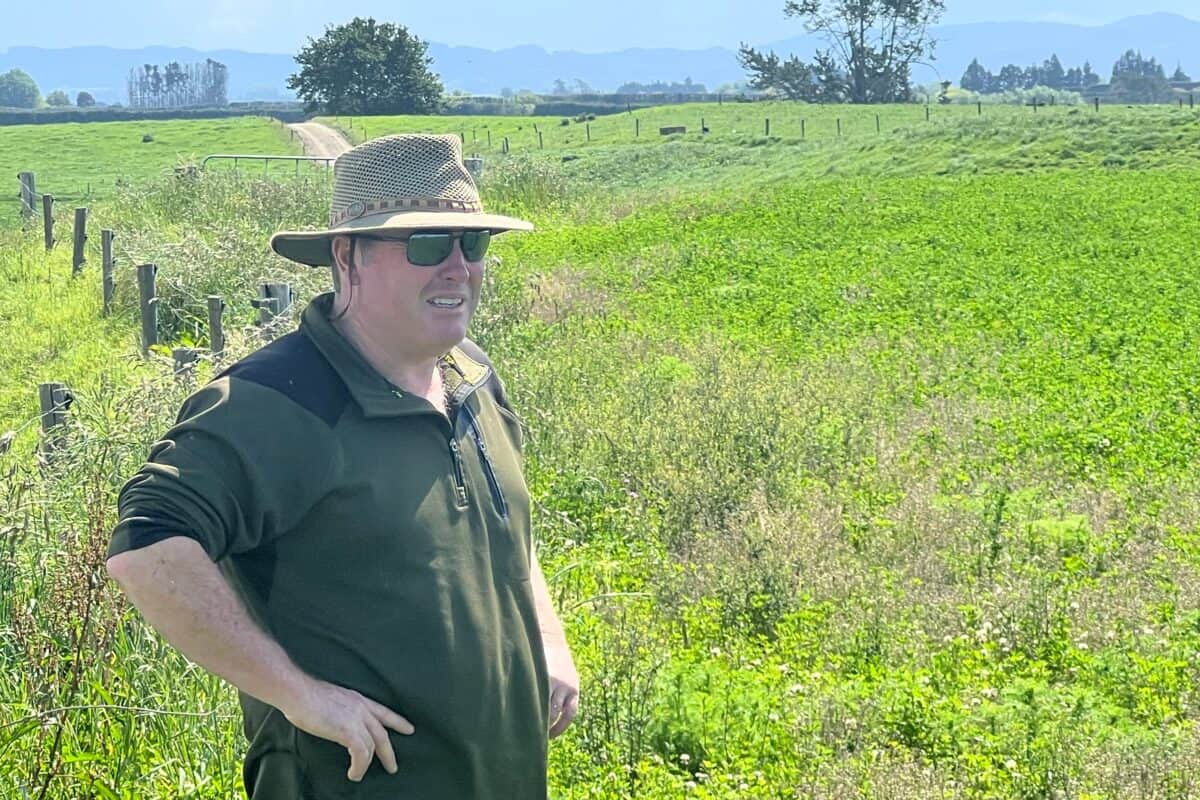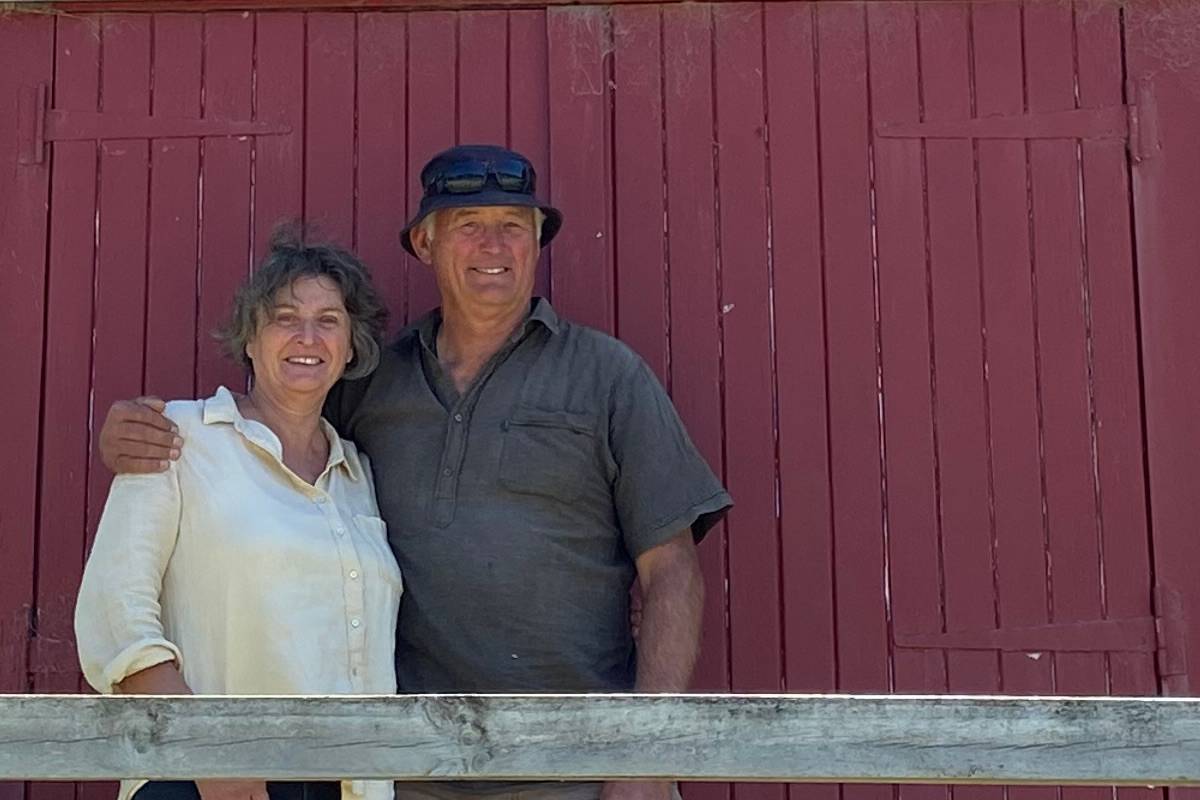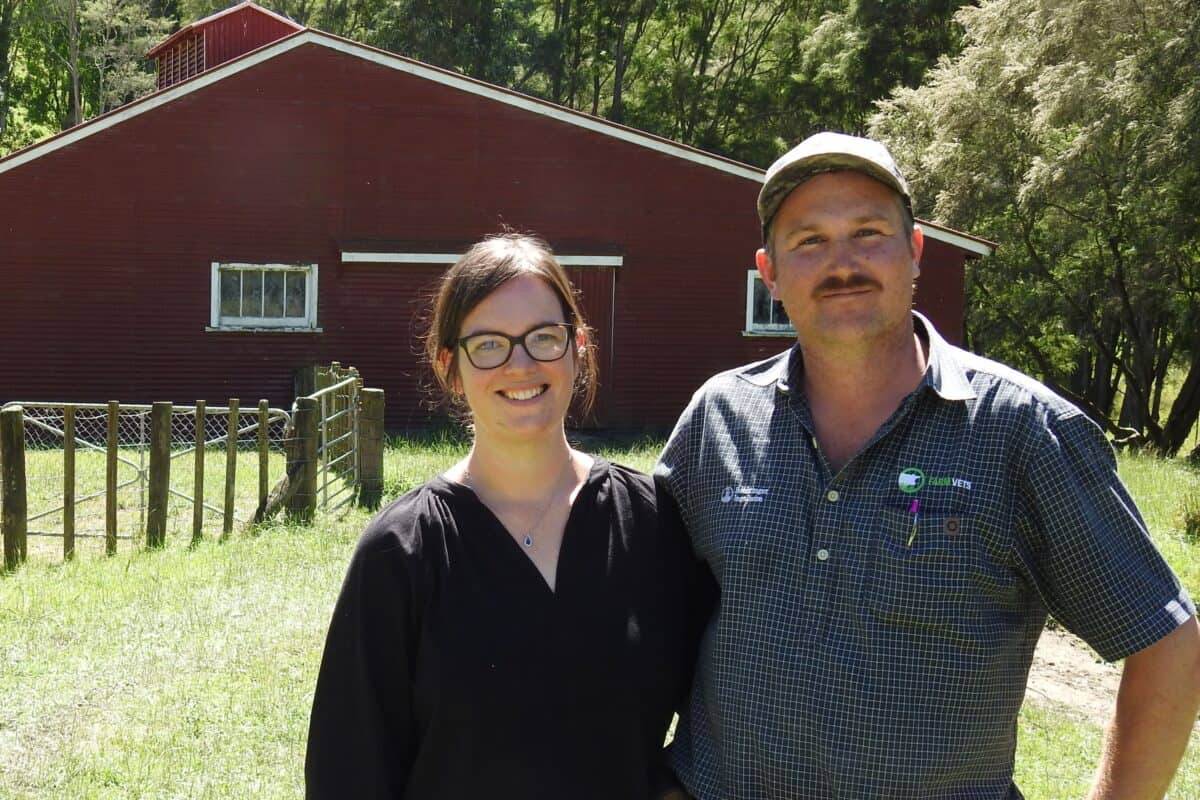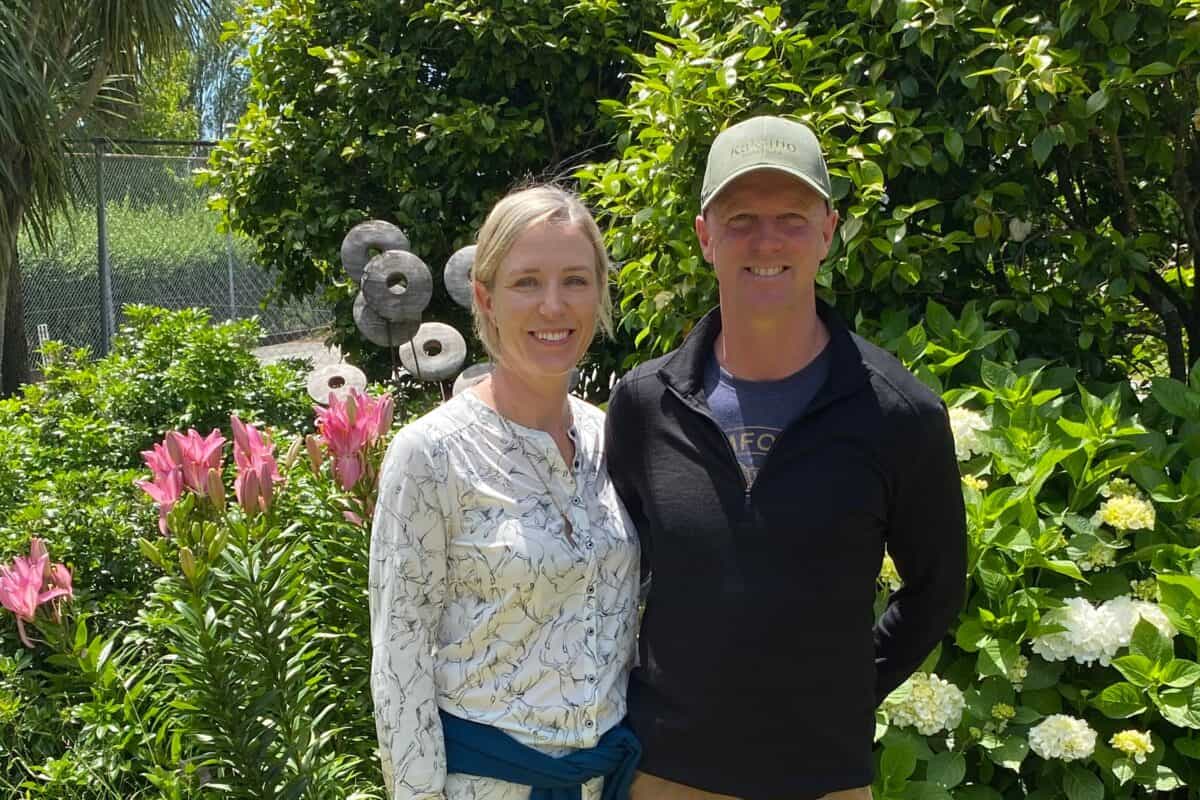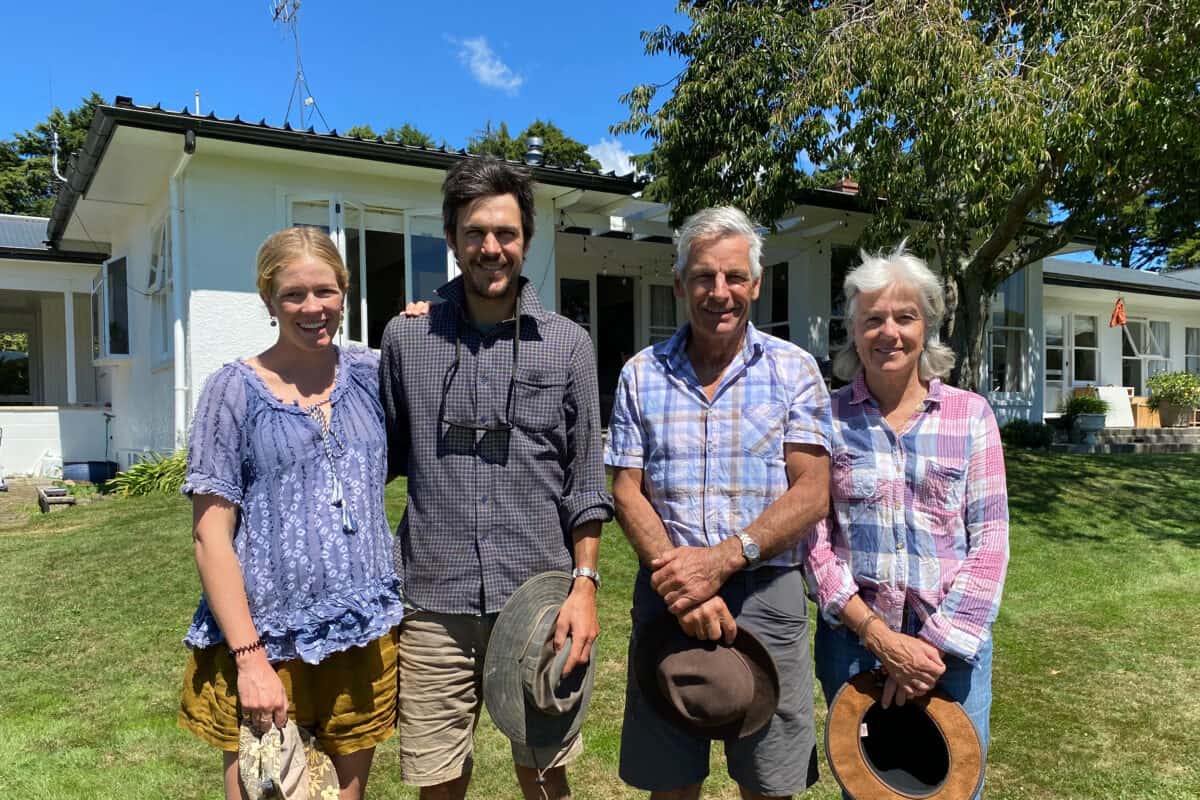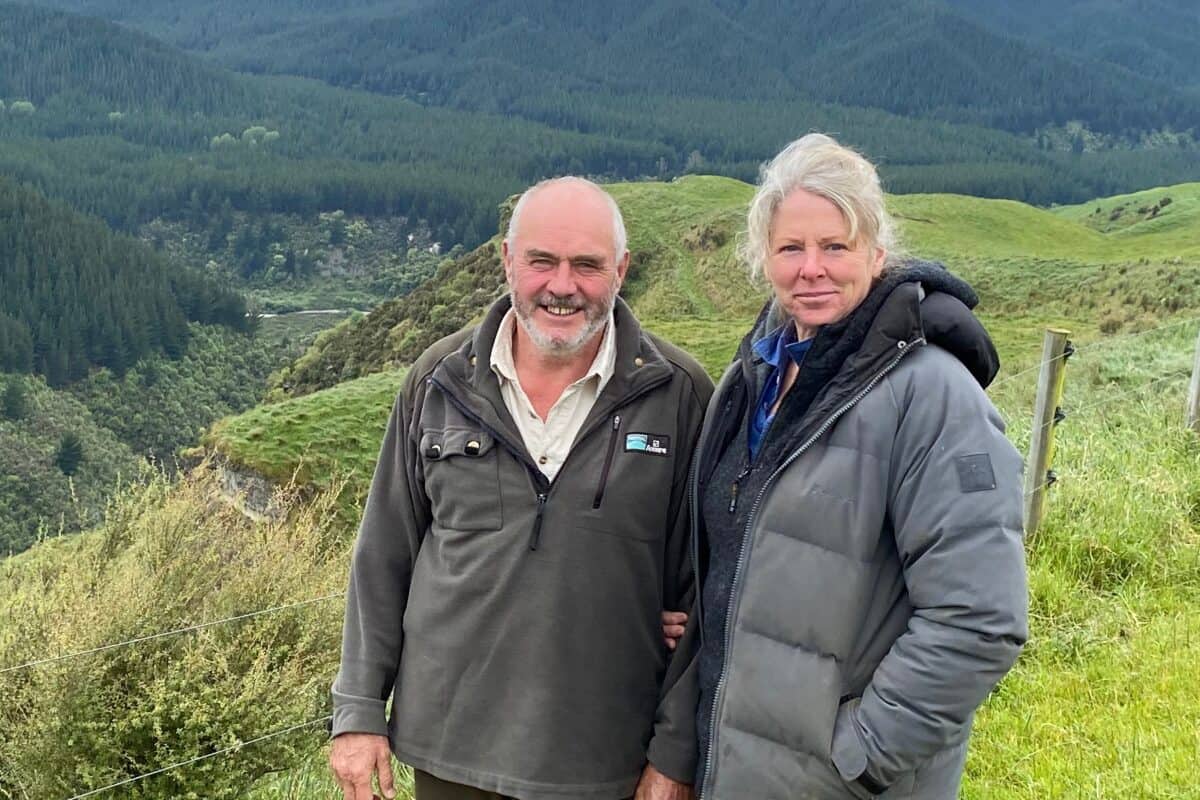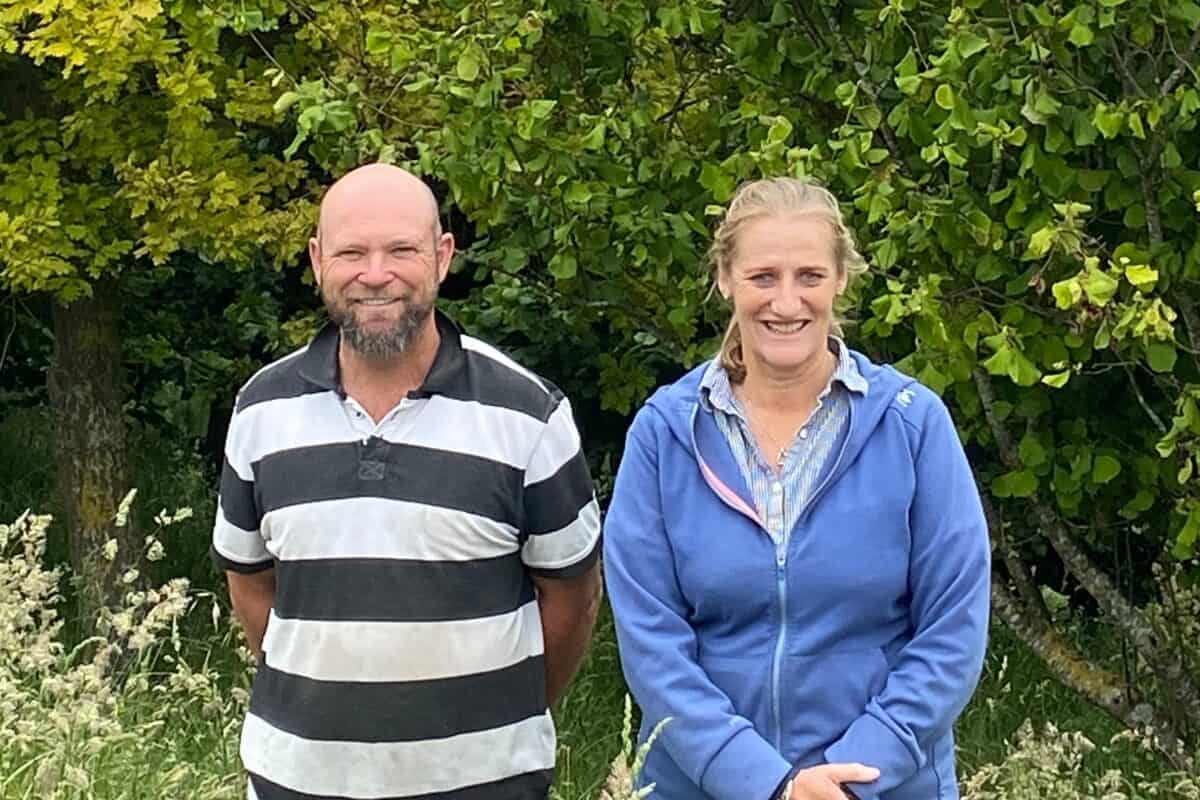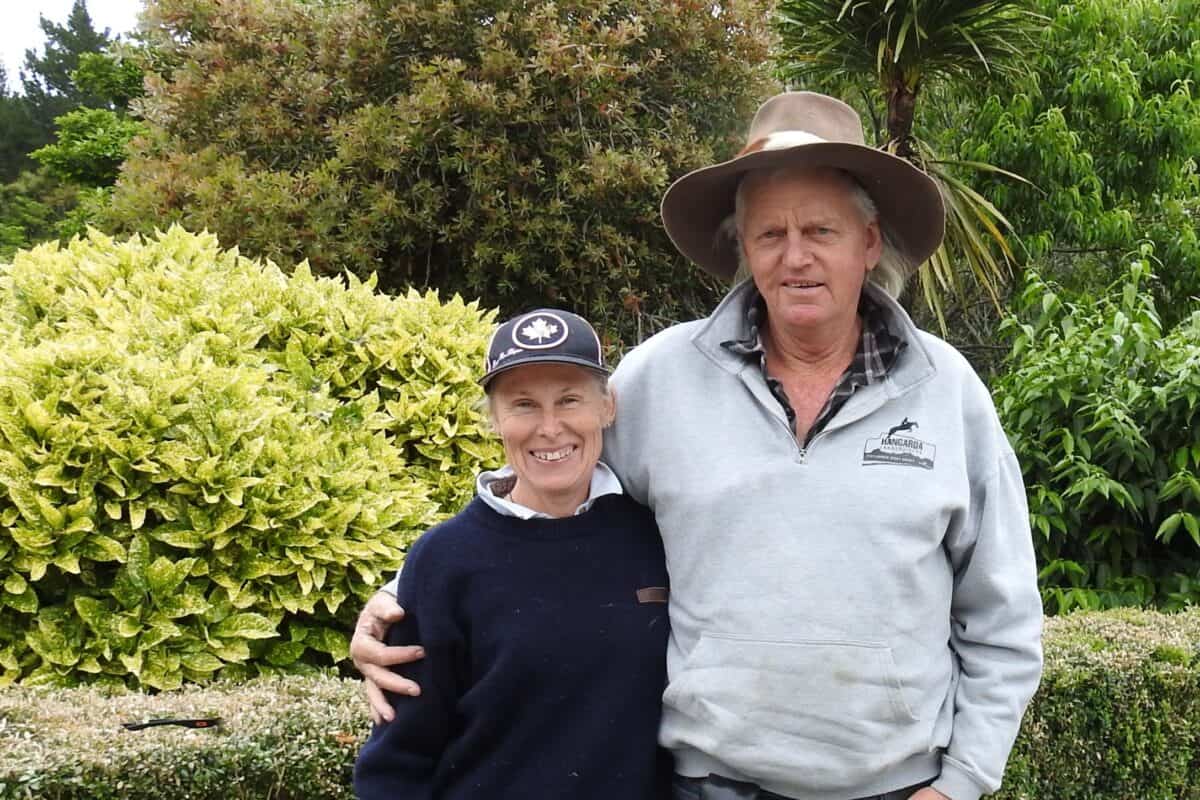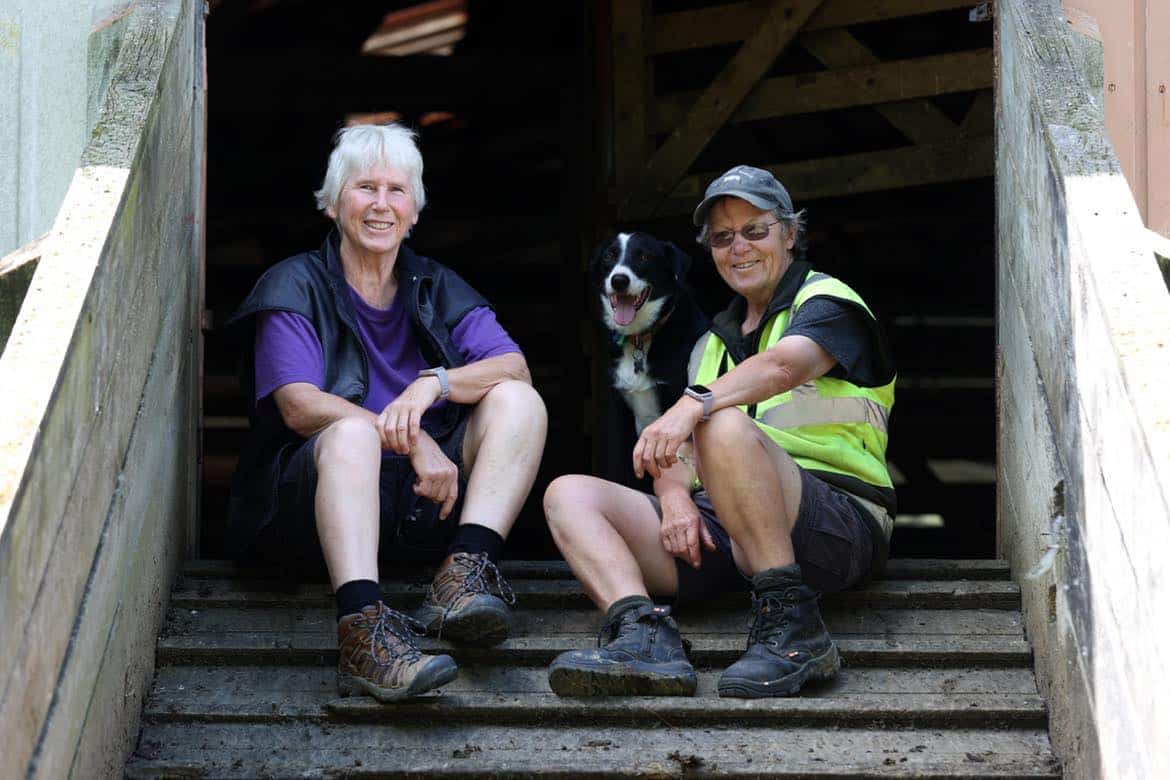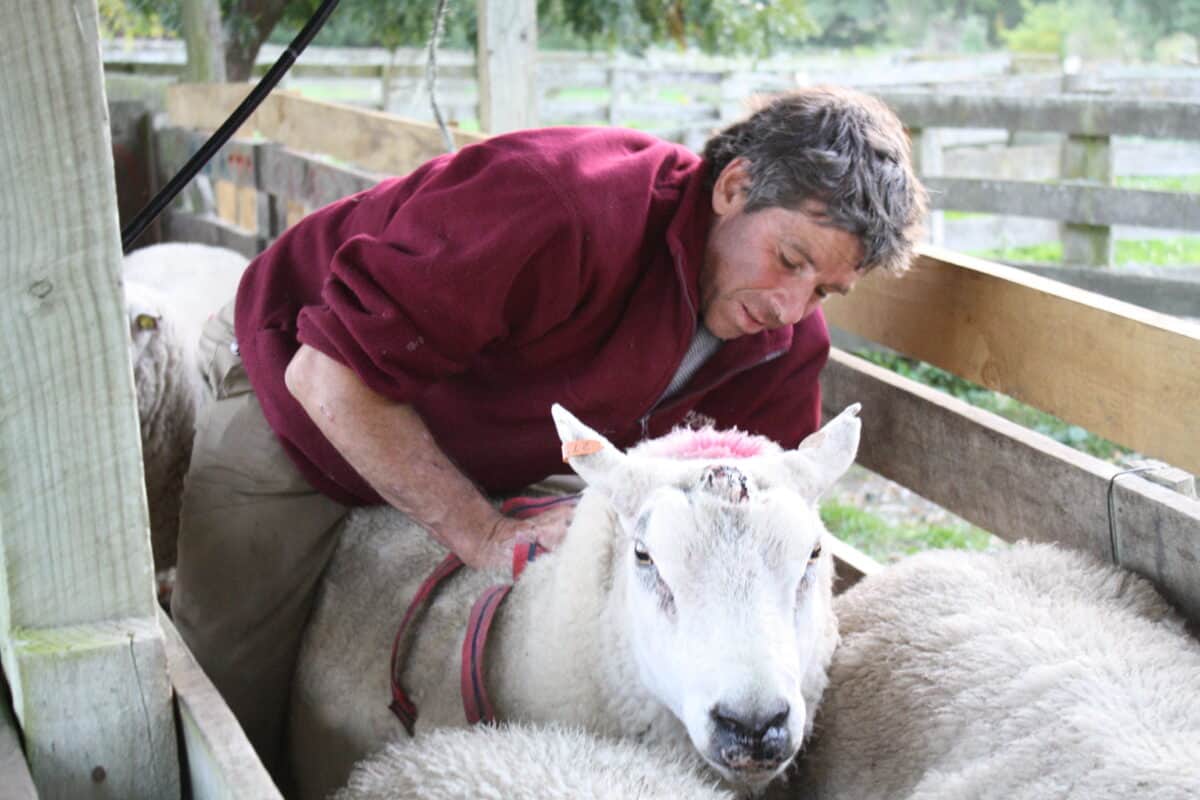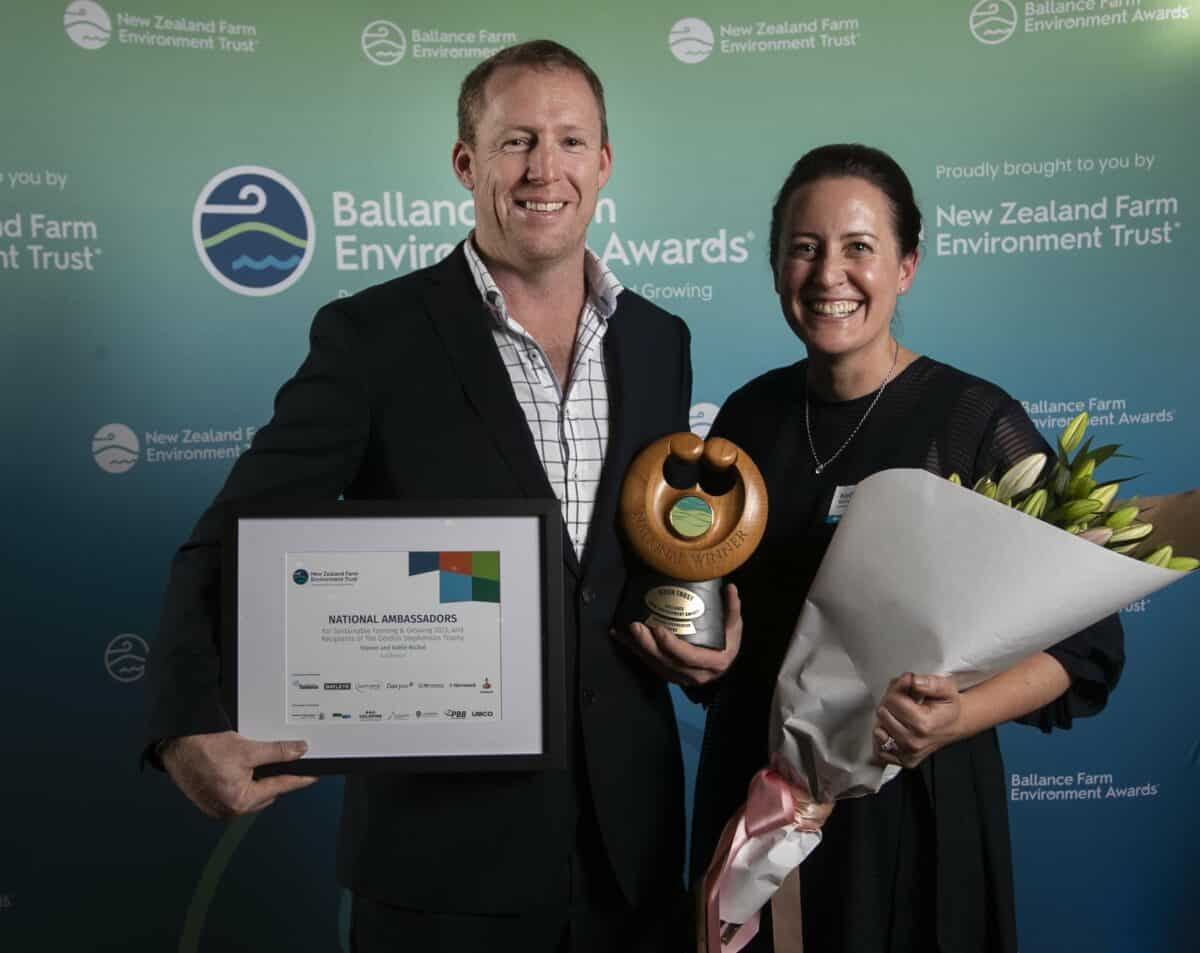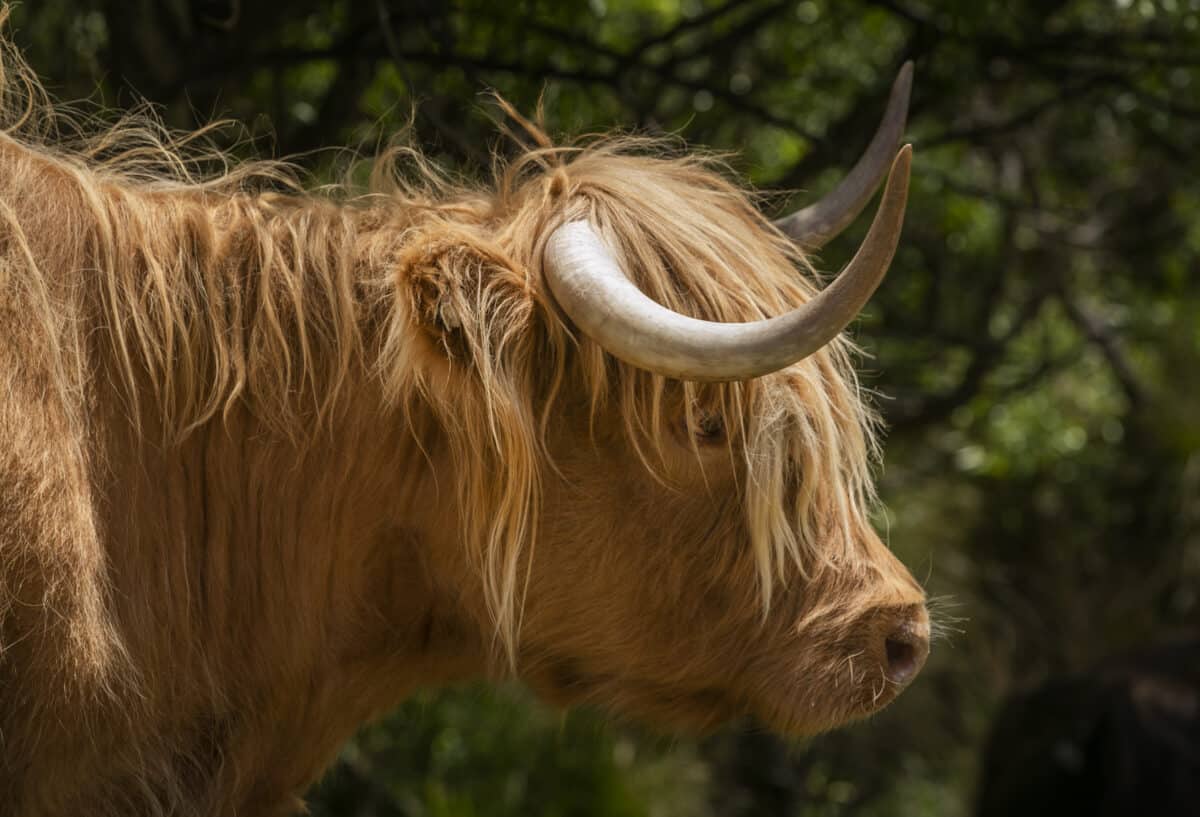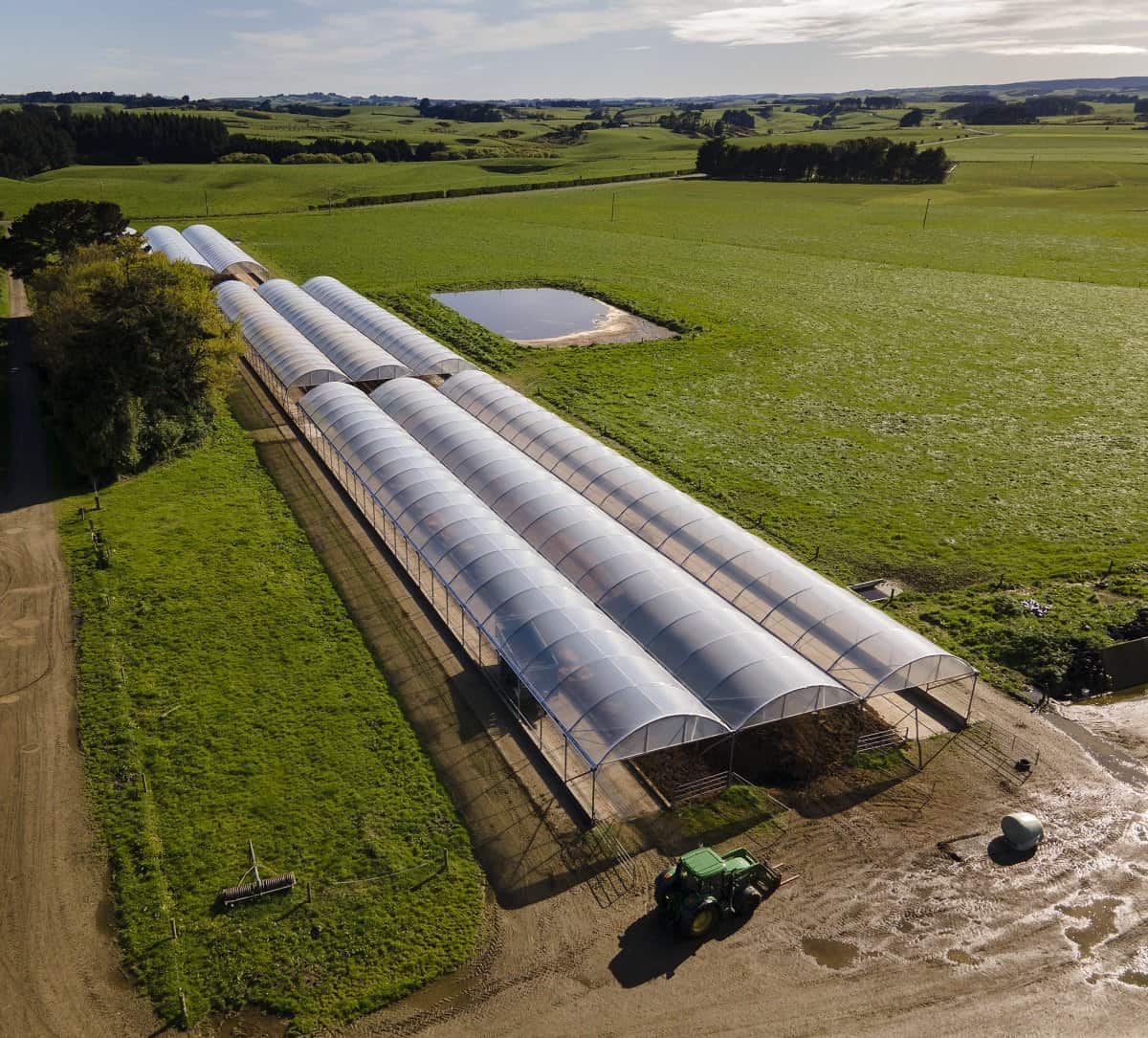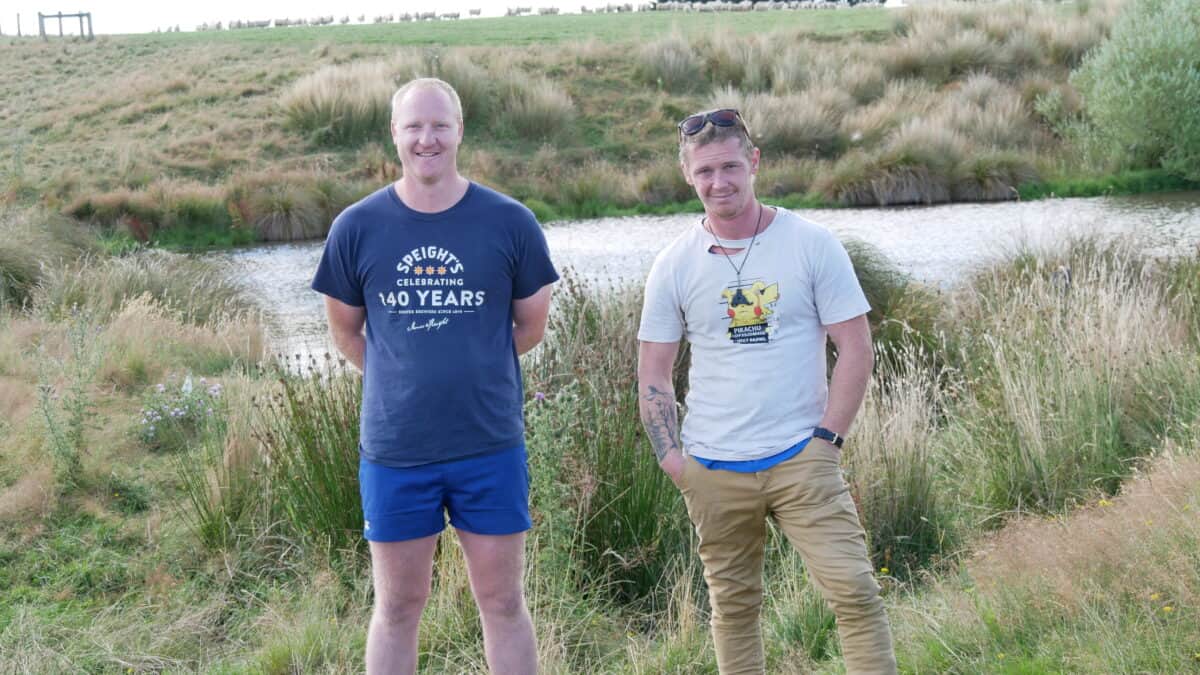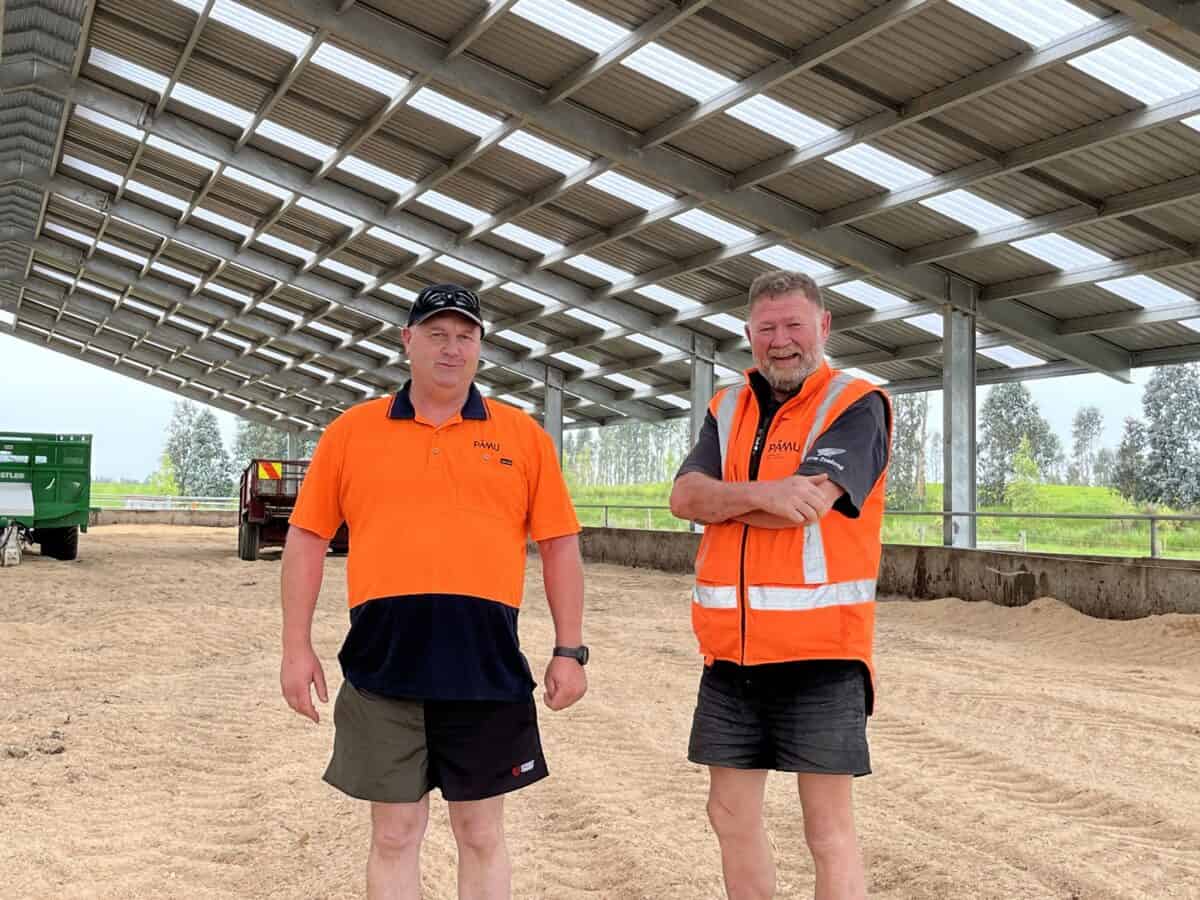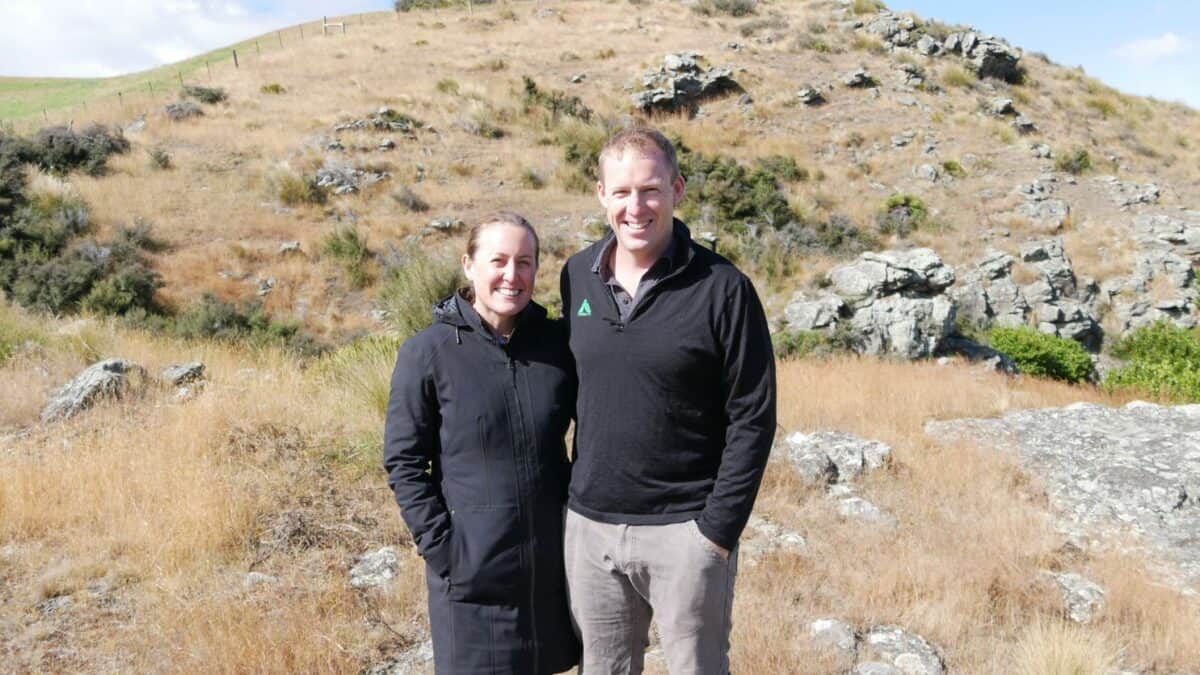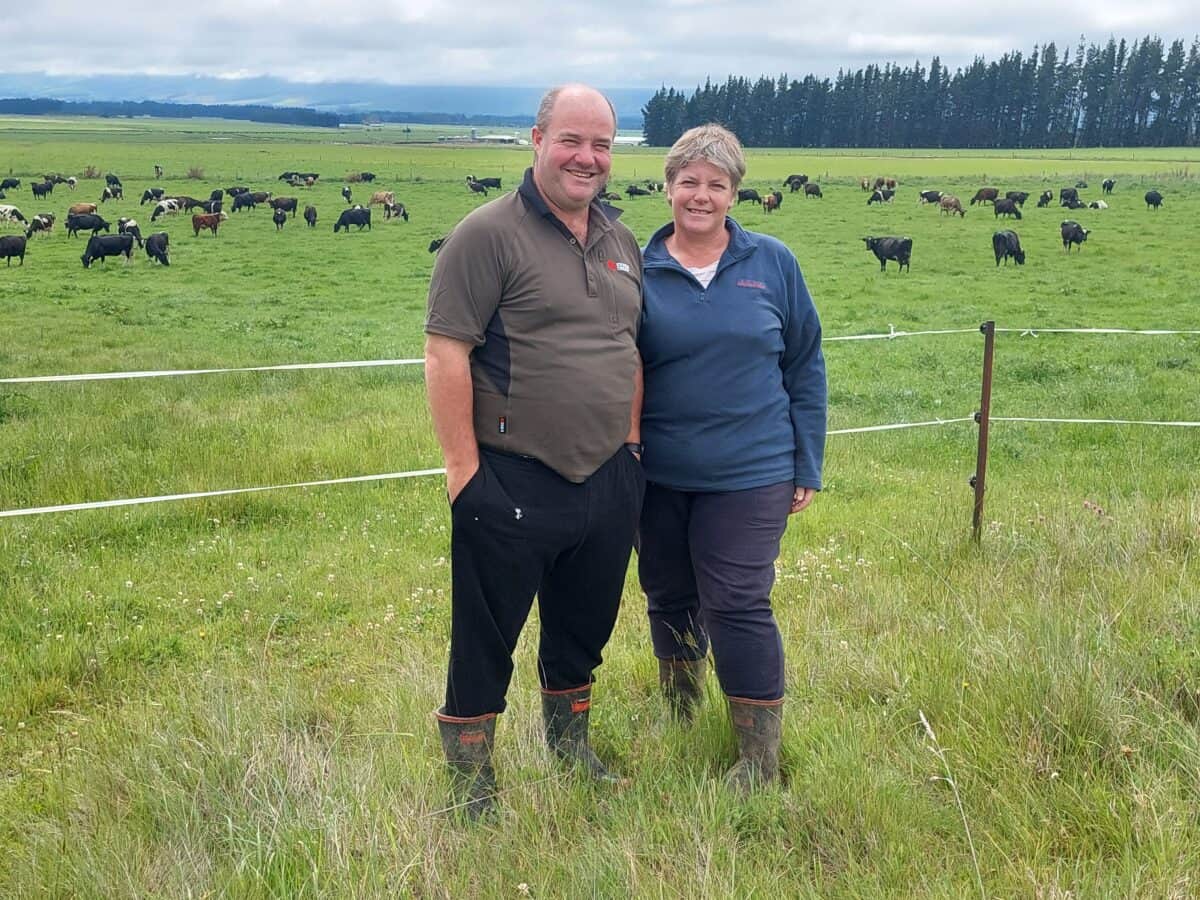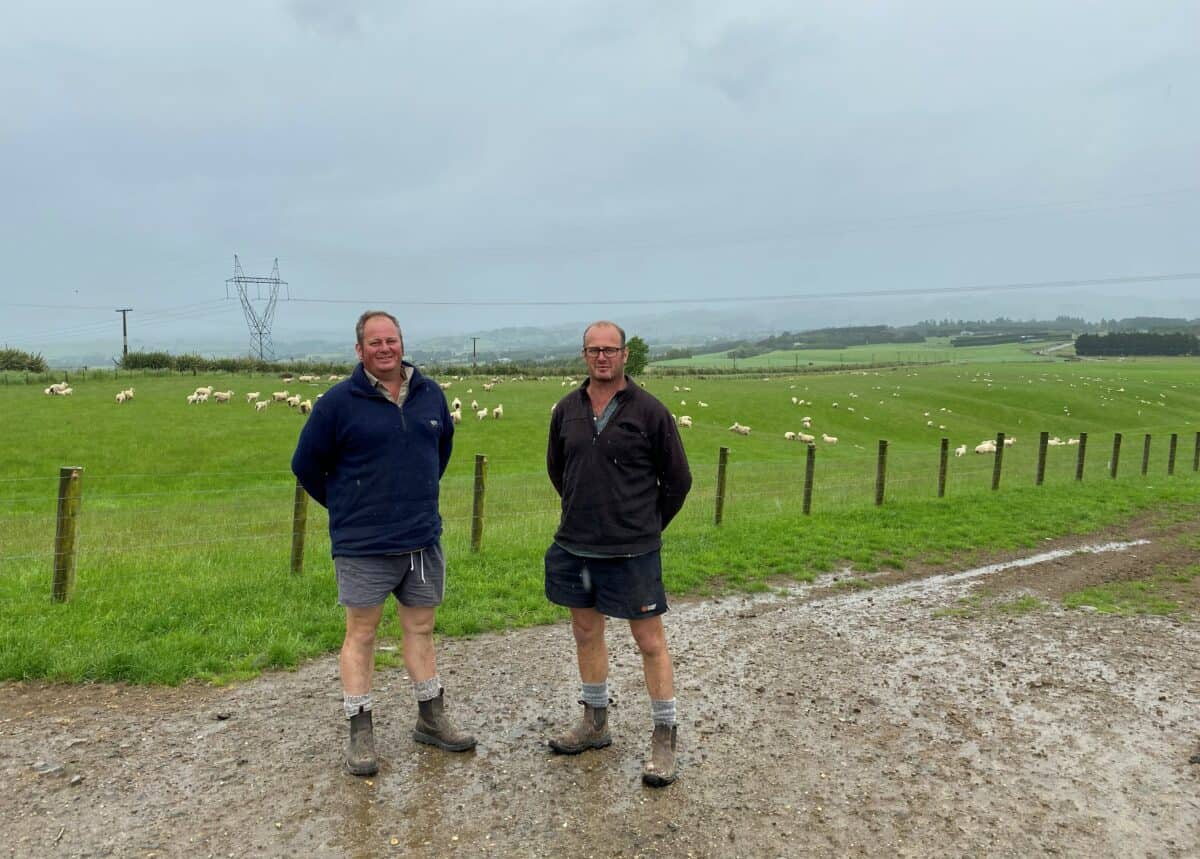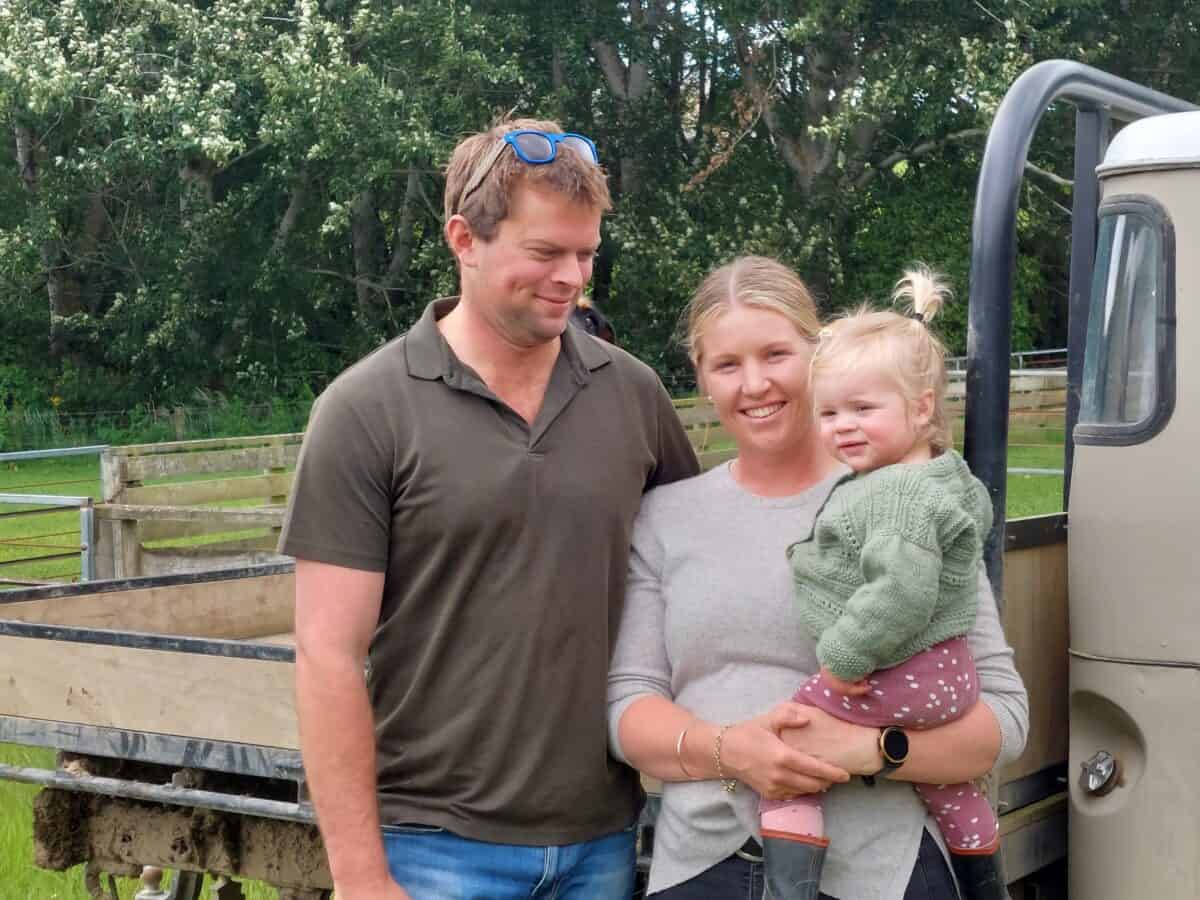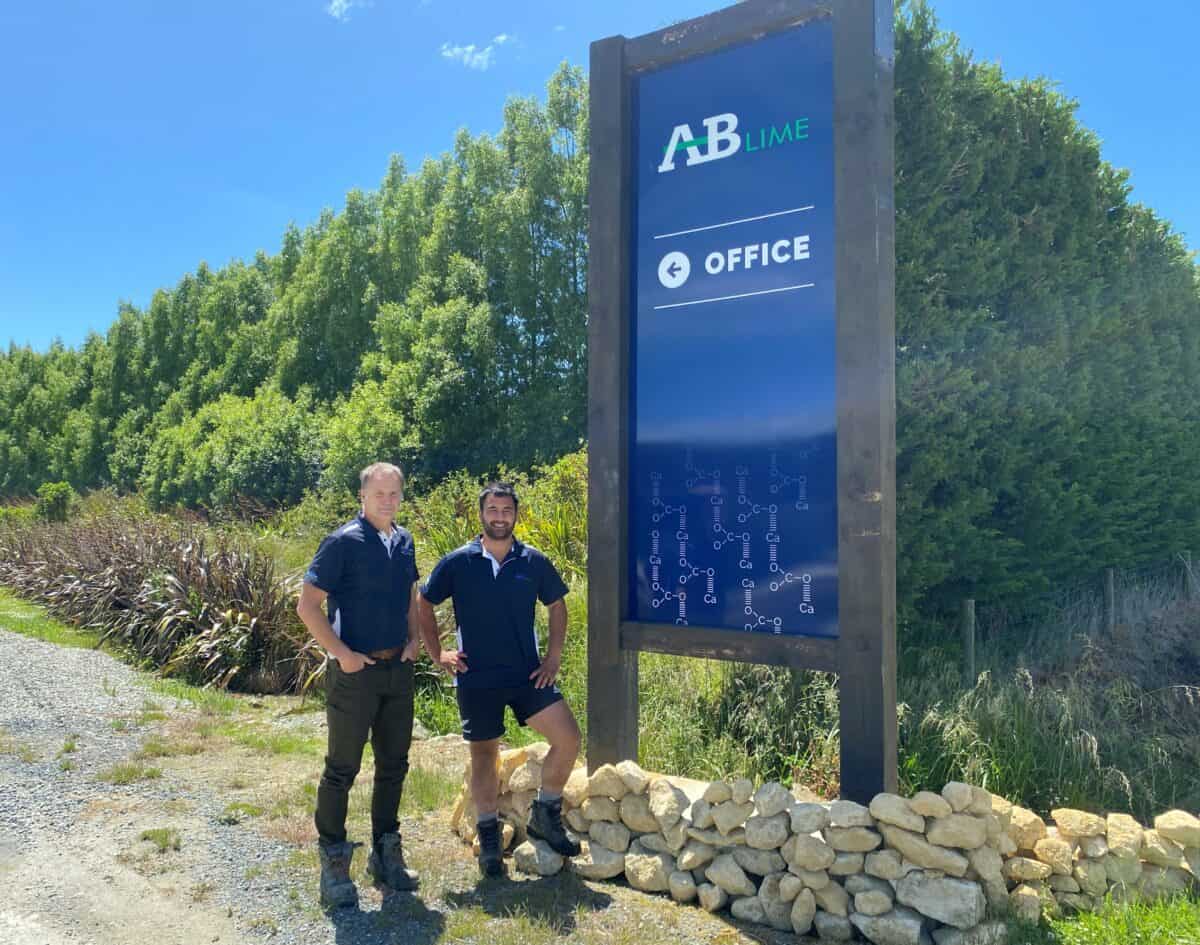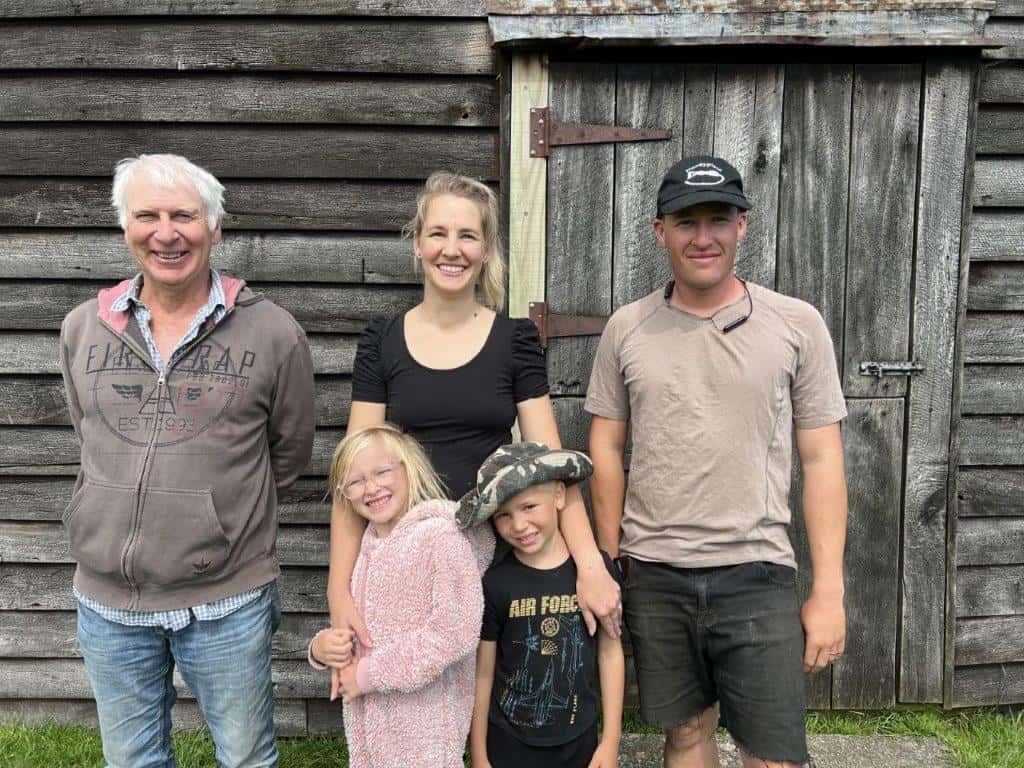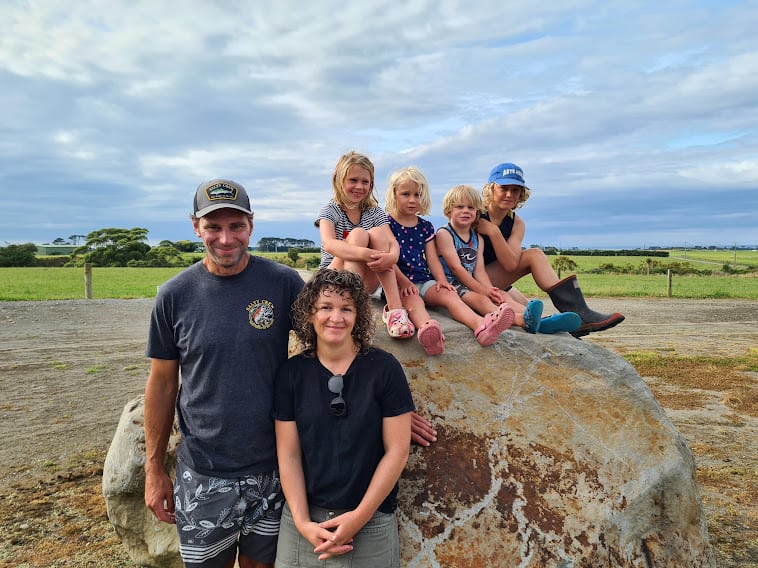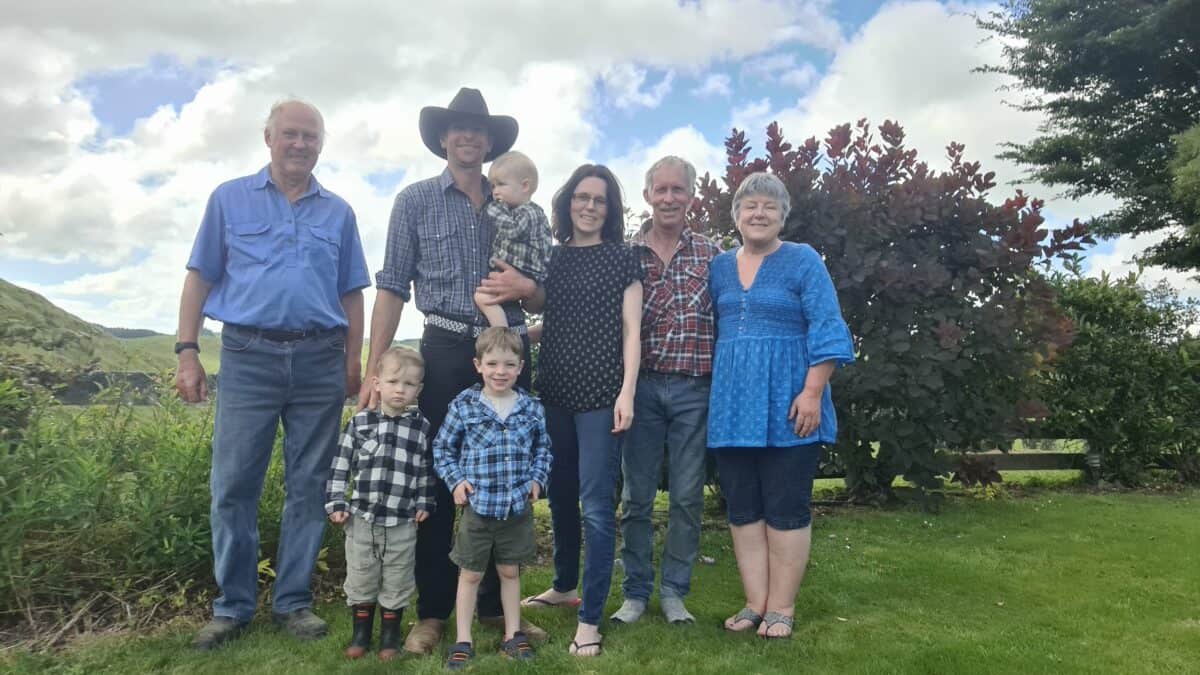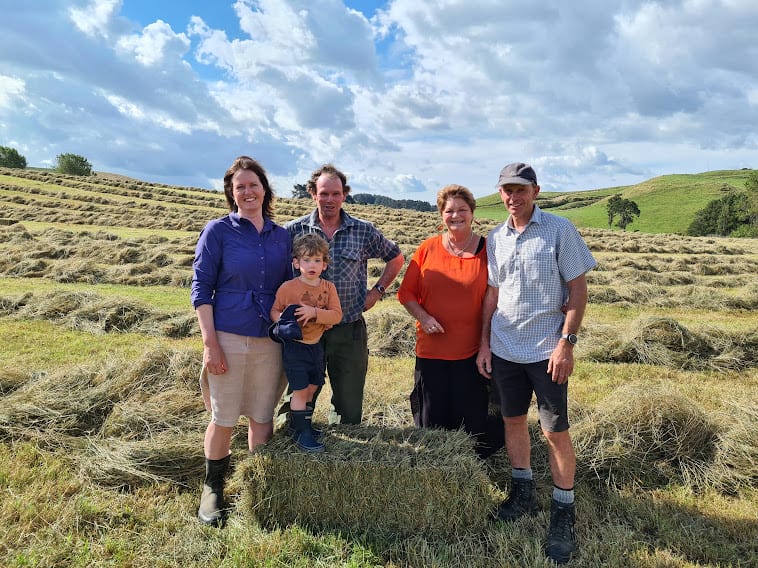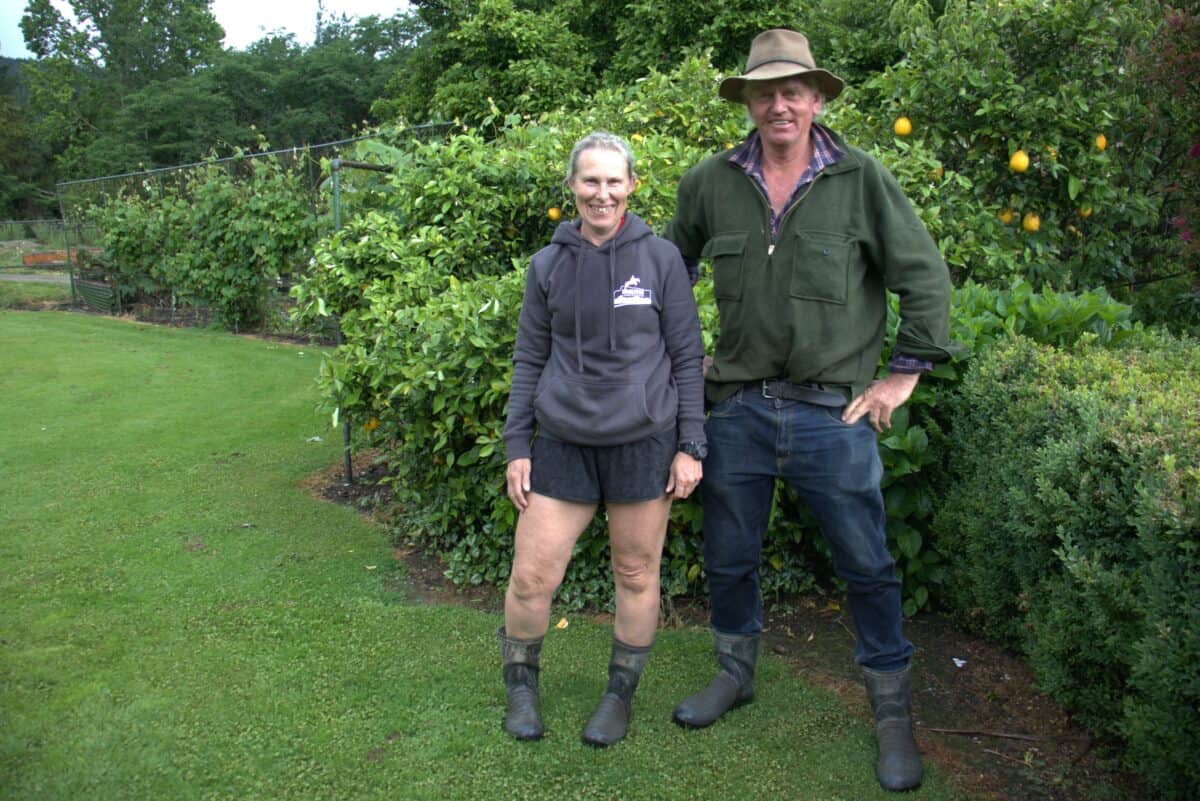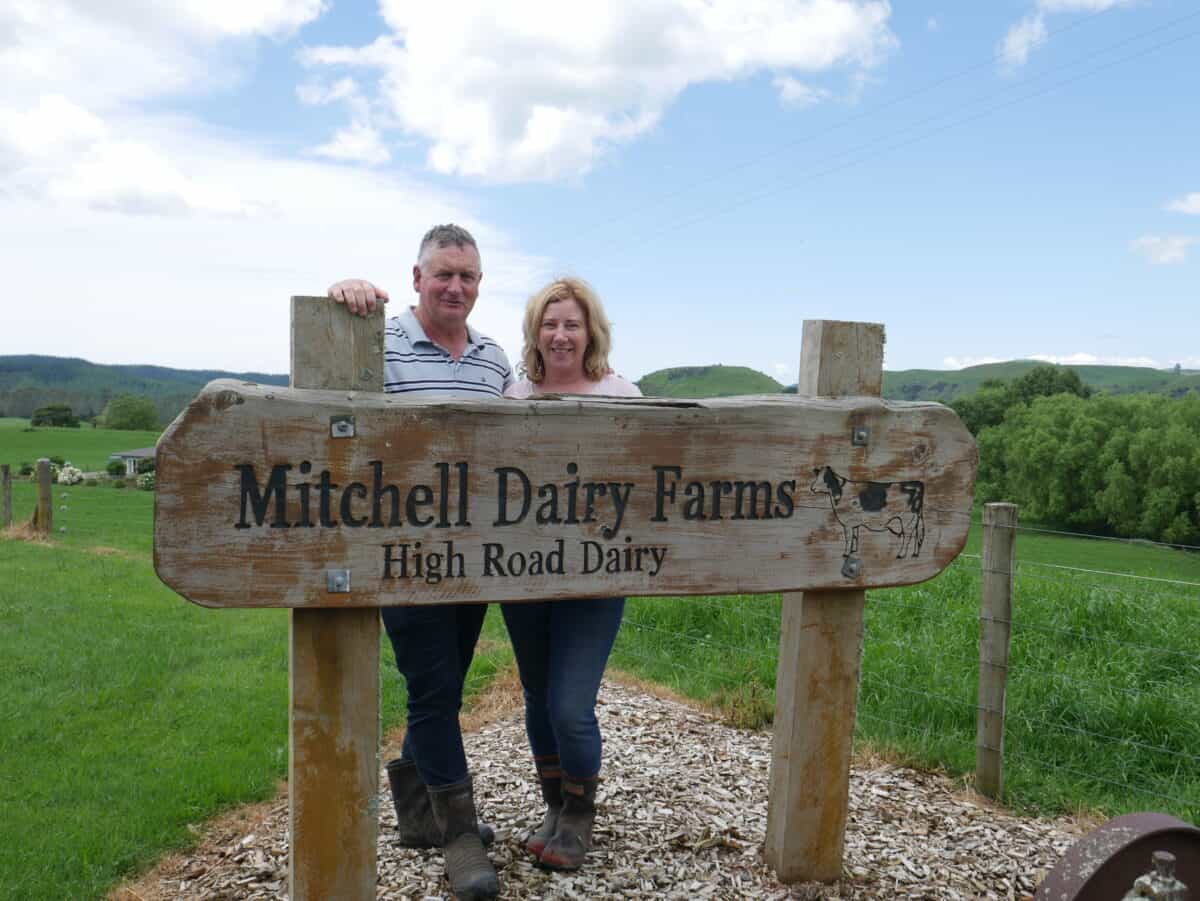Richard and Suze Redmayne
Tunnel Hill – Sheep, beef, maize and forestry
Richard’s great grandfather bought Tunnel Hill in 1936, with future generations running the farm until Richard and his wife Suze took over in 1993.
Sheep, beef, maize and forestry are farmed across 950ha of the property that features large stretches of coastal land. Their investment in forestry and additional native planting means Tunnel Hill is not only beautiful – it’s carbon negative.
Half their annual income is derived from selling the lambs of 3,000 ewes. One third comes from selling maize grain, with the balance split between beef and forestry. The pine plantation also forms a large part of the family’s succession plan.
Farming systems have been carefully tailored to match the climate, soil type and topography.
Significant work has been done regenerating trees in sand dunes along the property’s coastline – both protecting these fragile areas and creating shelter for livestock. Wetland areas have been retired and trees planted to create wildlife corridors through the farm.
Angela Strawbridge
Taonui Land Co – Hopkins Farming Group – Dairy farming
As manager of this Palmerston North dairy farm since 2018, Angela has improved production while setting her sights on environmental sustainability.
Taonui peaks at milking 750 Friesian-Jersey-cross cows across 255ha. Since Angela took over, production has consistently climbed year-on-year to a high of about 320,000kg of milk solids in 2020. Careful management includes running just the milking herd on the property during winter to help protect pasture.
As well as boosting production, Angela has developed a biosecurity plan and built on the farm’s environment plan, with a particular focus on improving effluent management.
Cost-effective technologies have been adopted such as cowshed automation and computer-based reporting systems to provide accurate and timely feedback on farm management.
Believing that dairy farmers need to be sustainable and responsible if they are to continue being leading global food producers, Angela is overseeing many environmentally sustainable initiatives such as water and soil management, and the sequestering of greenhouse gas emissions.
Blair and Anna Robinson
Te Rohenga Farm – Sheep & beef
Purchased in 1907, Te Rohenga Farm is now under the charge of Blair and Anna Robinson who profitably farm almost 5,500 animals across 850ha. Most of their income is derived from sheep, including a Perendale stud and lamb finishing programme. About 30% of their income is from Angus beef and about 10% from selling deer velvet. They also run an events and tourism business.
In 2020, 30ha of steep hill country was retired into a pine forestry block to sequester carbon. Water and soil quality is carefully managed and greenhouse gas emissions are monitored.
Trees have been planted across the property – boosting water quality, reducing soil erosion and off-setting carbon emissions. Waterways have been fenced, complemented with significant riparian planting.
An animal health plan helps to ensure that stock is kept in good condition, while ongoing pasture renewal is helping to boost production without increasing the farm’s carbon footprint.
Dan Steele & Sandy Waters
Blue Duck Station – Sheep & beef, honey, tourism, carbon
Blue Duck Station features a diverse farming operation that encompasses sheep, beef, tourism, honey and carbon sequestration which Dan and Sandy have been farming since 2005. They also now lease the neighbouring Retaruke Station from Dan’s parents, meaning their business operation spans just over 2,800ha.
The business is split fairly evenly between farming, tourism and honey, with the remaining 10% of income from the New Zealand Emission Trading Scheme. Across the mainly steep land, they run just over 5,000 sheep and about 600 cattle. The environmentally conscious couple are interested in low-input, humane farming that fits the environment.
Their successful tourism business offers guests unique experiences such as horse treks, guided hunting, bush safaris, and kayaking and jetboating down the Whanganui River. Guests can stay overnight and enjoy fine dining at The Chef’s Table – a restaurant that dishes up produce mainly farmed, grown and foraged on the farm.
George and Ellen Bartlett
Gemel Trust – Stanway Farm – Dairy, sheep and beef
The Bartletts bring more than 30 years of farming expertise to this property where both environmental and financial sustainability has been the focus.
Dairy is the pillar of Stanway Farm, although it has been developed to include sheep and beef. They now farm about 1,000 dairy cows that in 2020 produced 480,000kg of milk solids, fattened 2,000 lambs and 200 beef cattle.
The Bartletts have a 50/50 sharemilker to help them manage the dairy unit. They do all their own cropping and harvesting across the property, producing grass silage for the cows.
Significant investment in infrastructure is mitigating pasture damage and helping to improve animal welfare.
Plenty of sustainability initiatives are underway, including planting native trees and fencing off waterways and native bush. They’re lowering their environmental impact through reducing, reusing and recycling, including various methods to reuse water from the cow shed. They are also keen to develop robotic milking and provide more housing for the animals.
Josh Millard
Pāmu Farms of New Zealand – Tongariro Dairy Unit – Dairy
Tongariro is part of the Pāmu Farms of New Zealand suite of properties and farm manager Josh Millard embraces the Pāmu philosophy of putting the care of land and animals first.
Tongariro is moving from conventional farming to producing organic milk, requiring a change to the farm’s reproduction management system, and trialling alternative pasture species that work for both land and animals. Josh’s goal is to feed the cows on grass all year round, supported as needed by fresh crops grown on-farm.
In 2020, 630 cows were milked producing 243,000kg of milk solids. As they move to the organic system, stock numbers will be reduced to 450, with a target of 450kg of milk solids per cow.
A wide range of sustainability initiatives have been implemented, including the careful management of water, soil and nutrients. Greenhouse gas emissions are closely monitored and are reducing thanks to the shift to organics and careful business planning.
Enter the Ballance Farm Environment Awards
